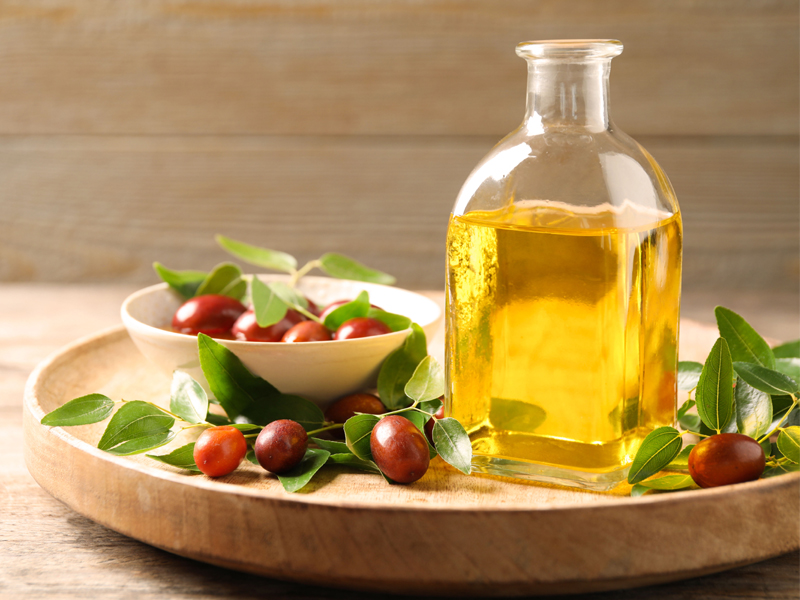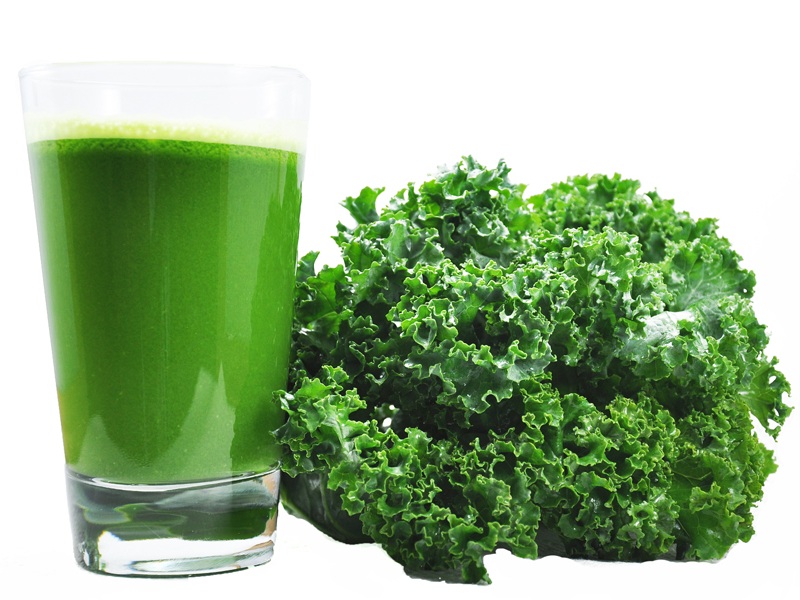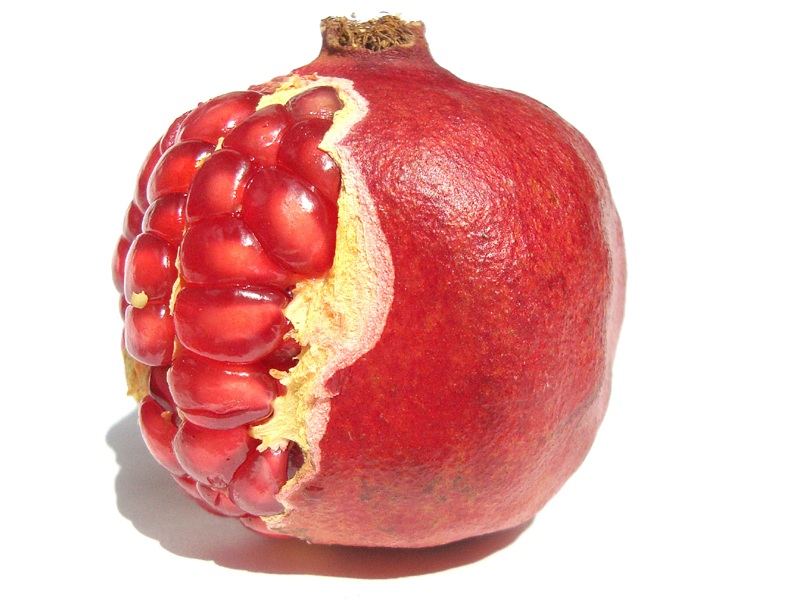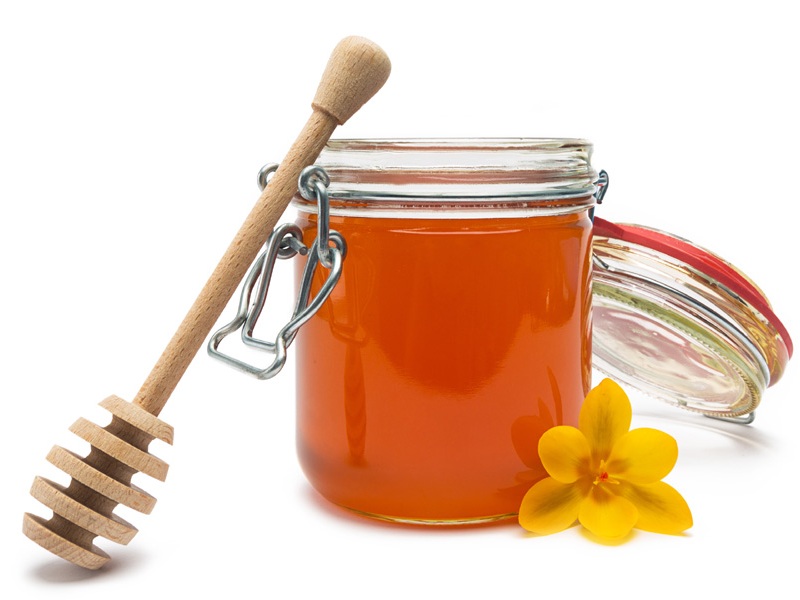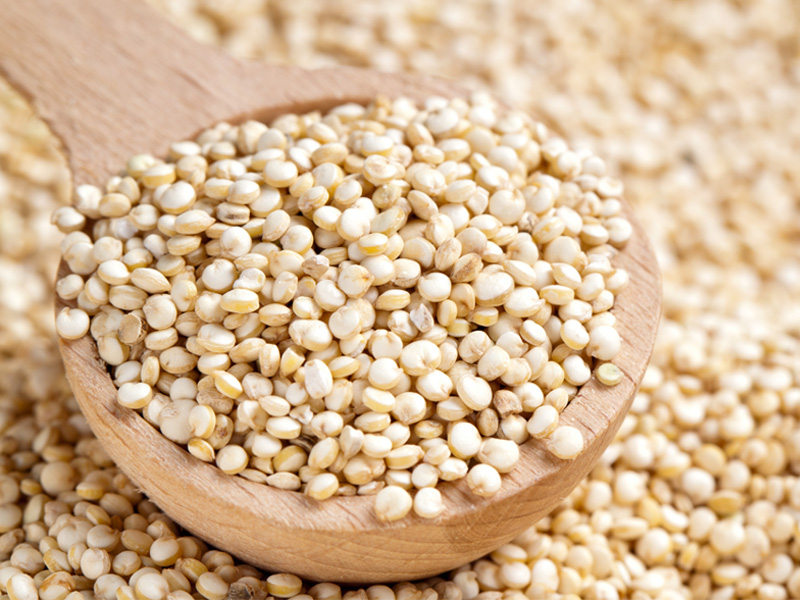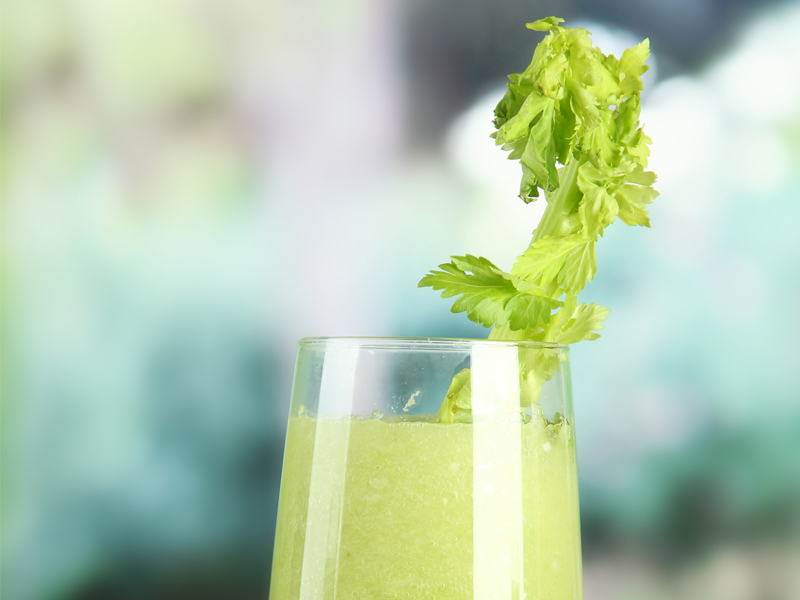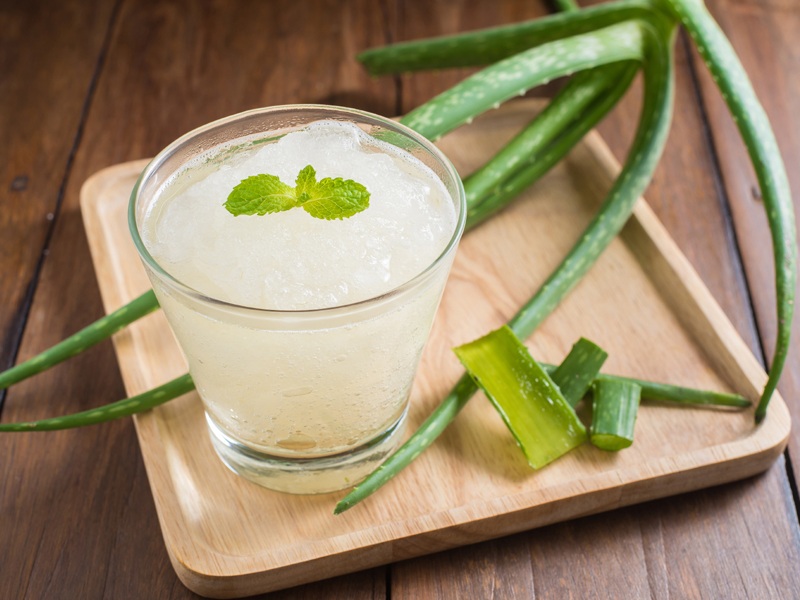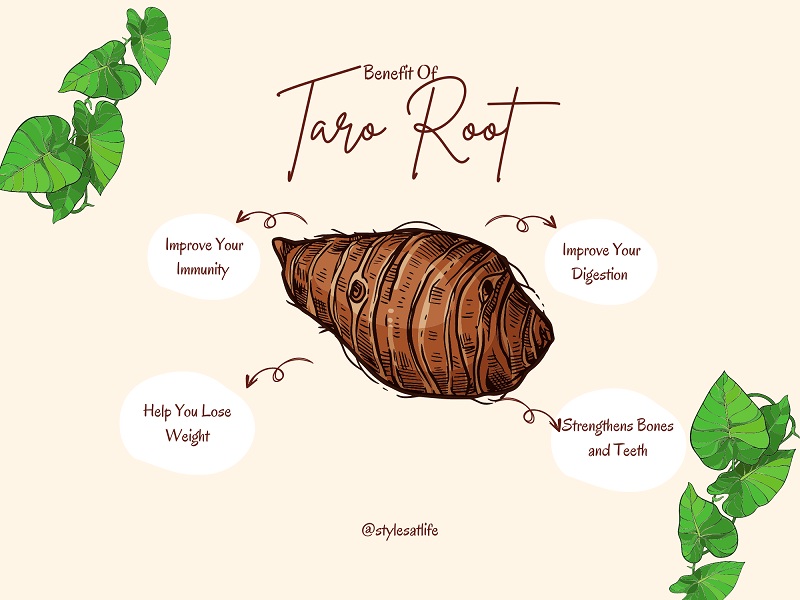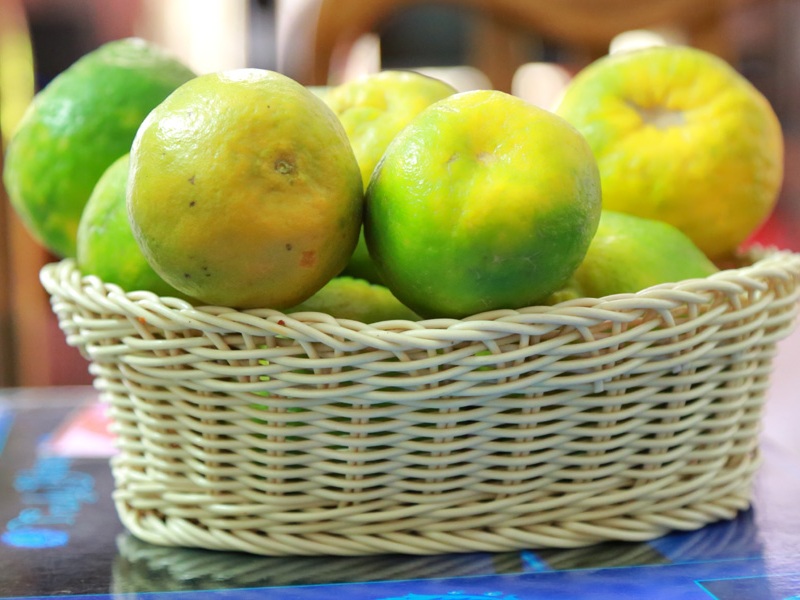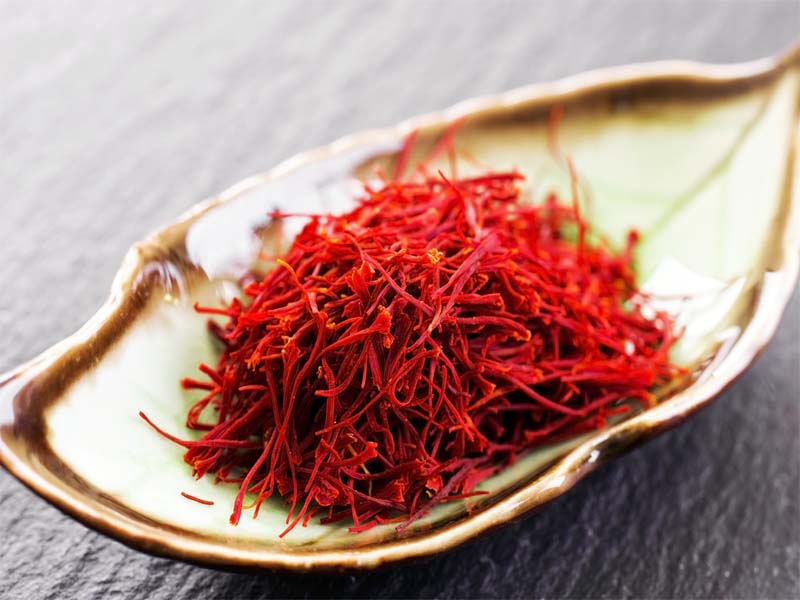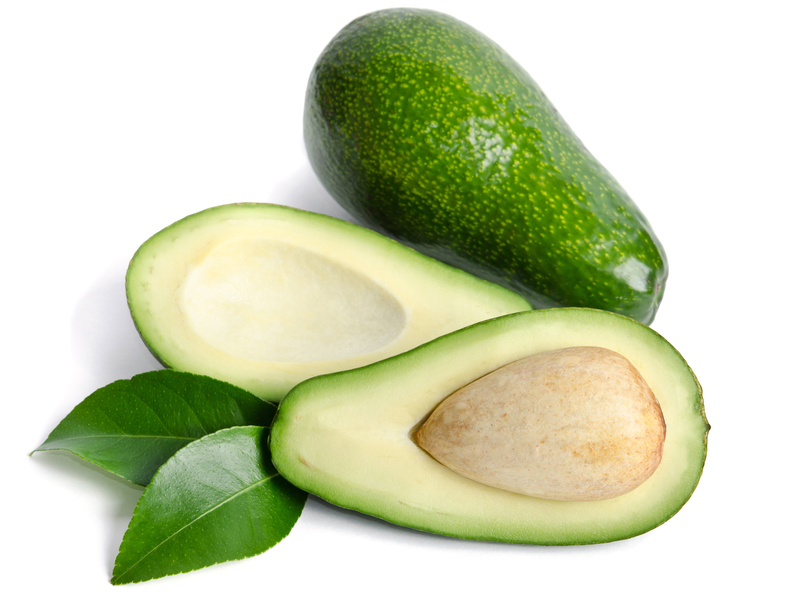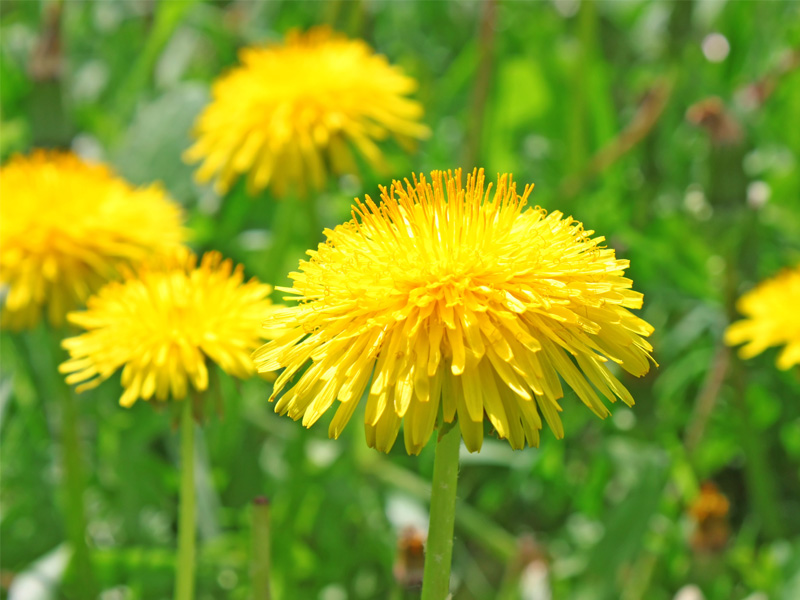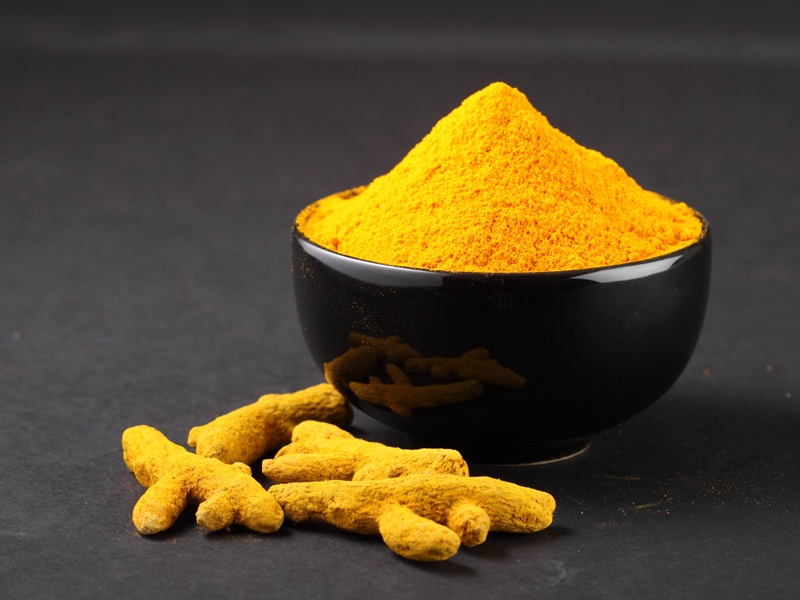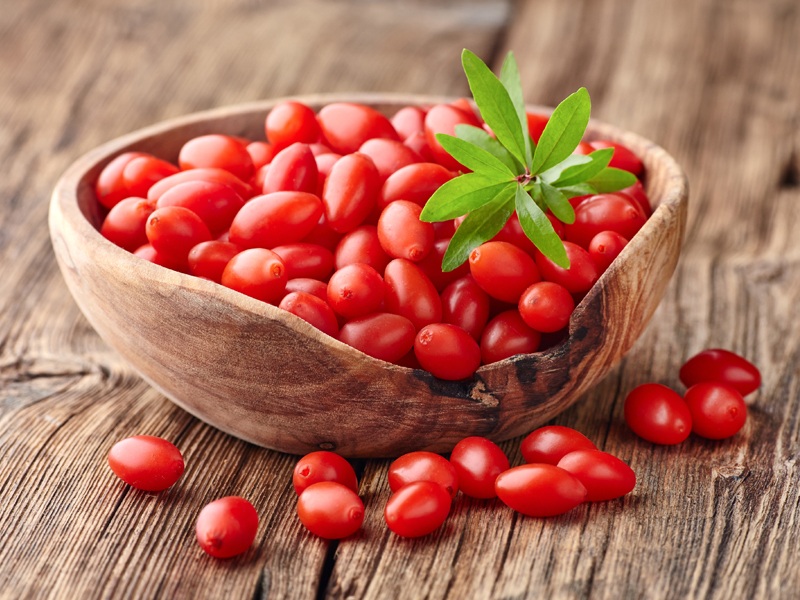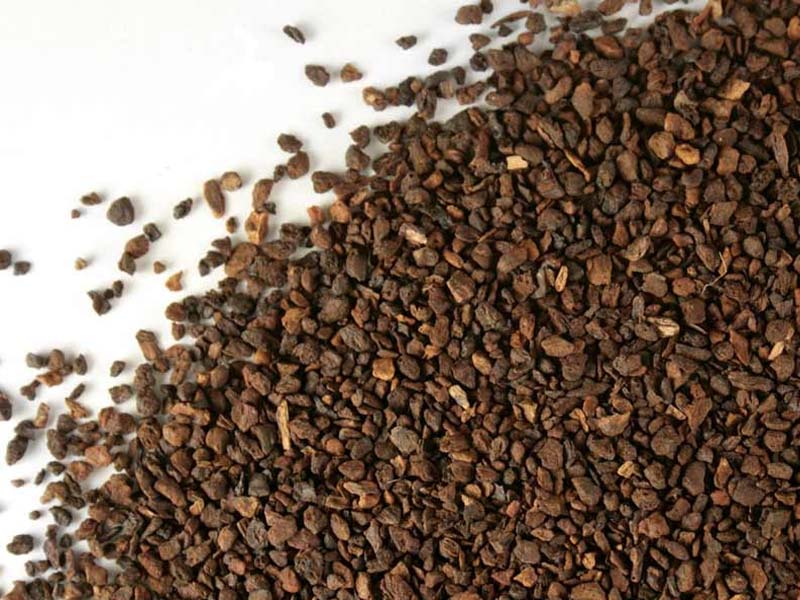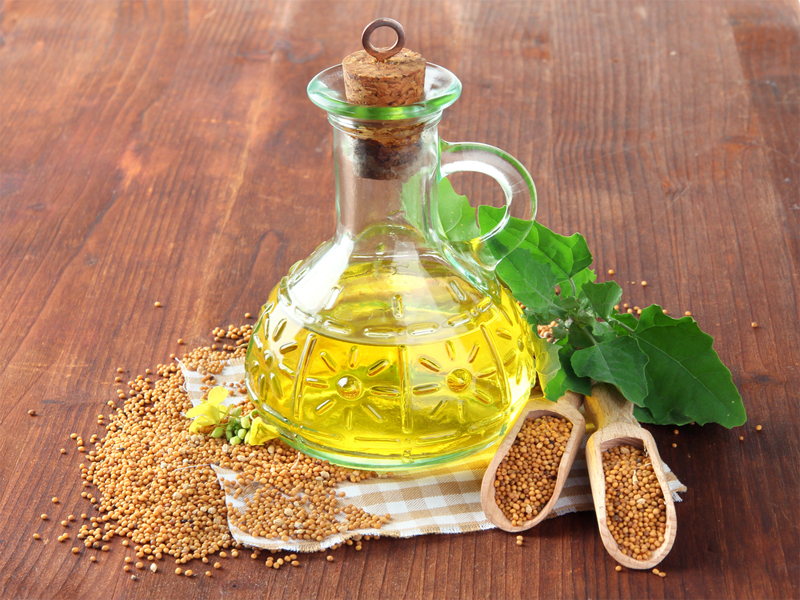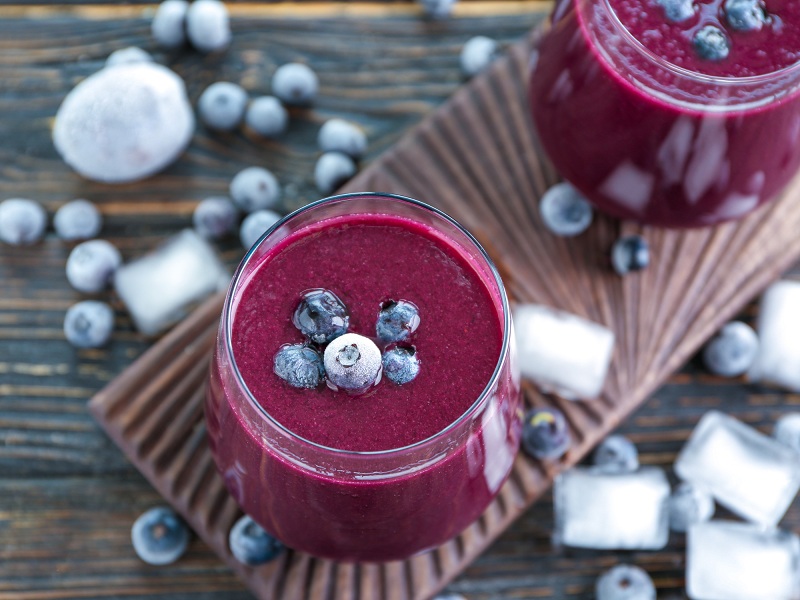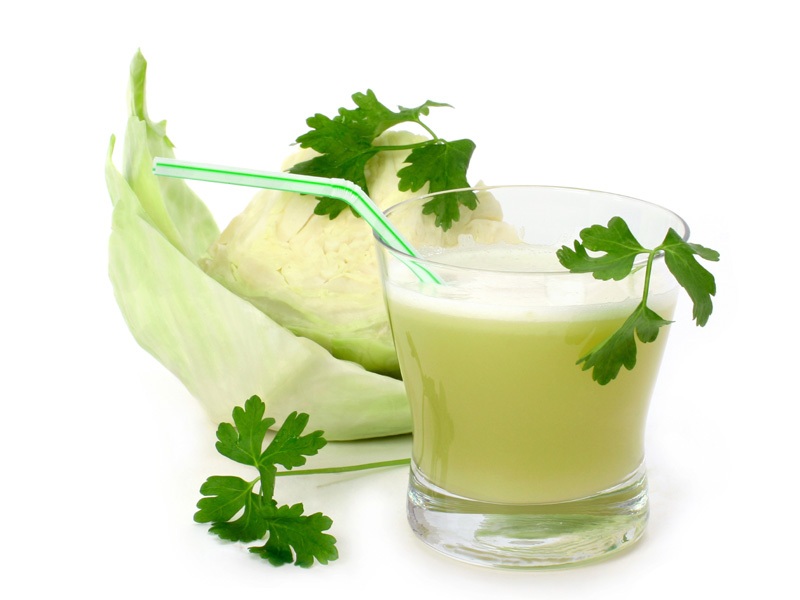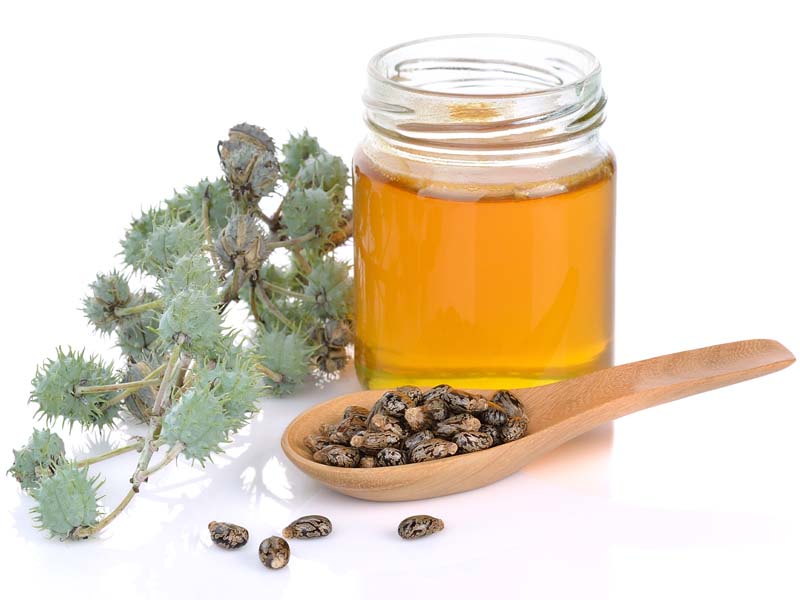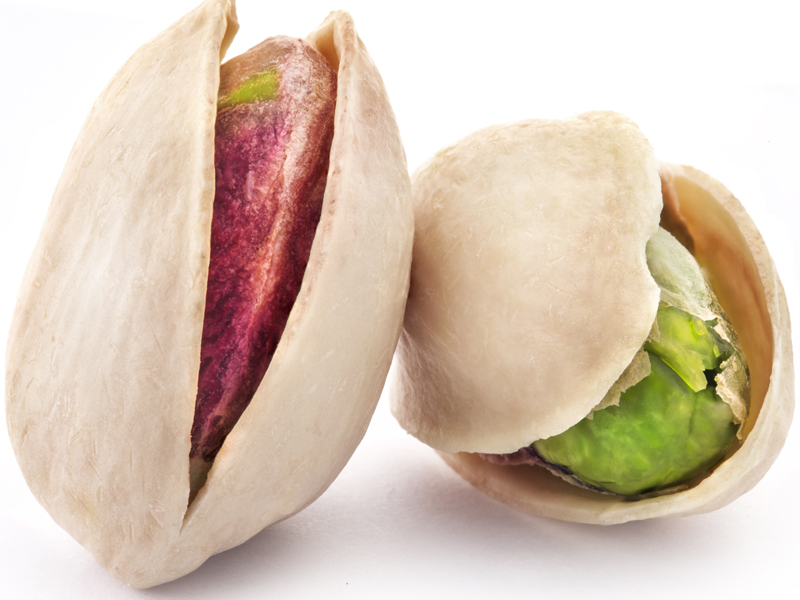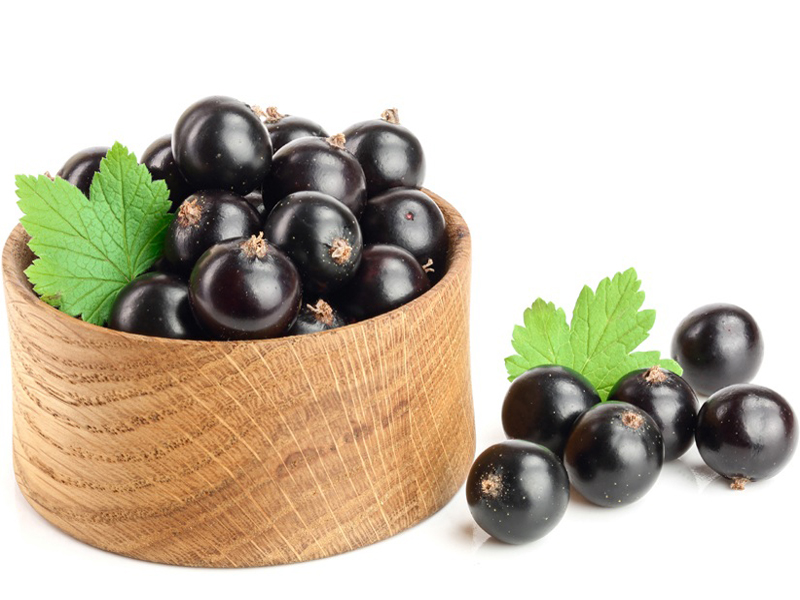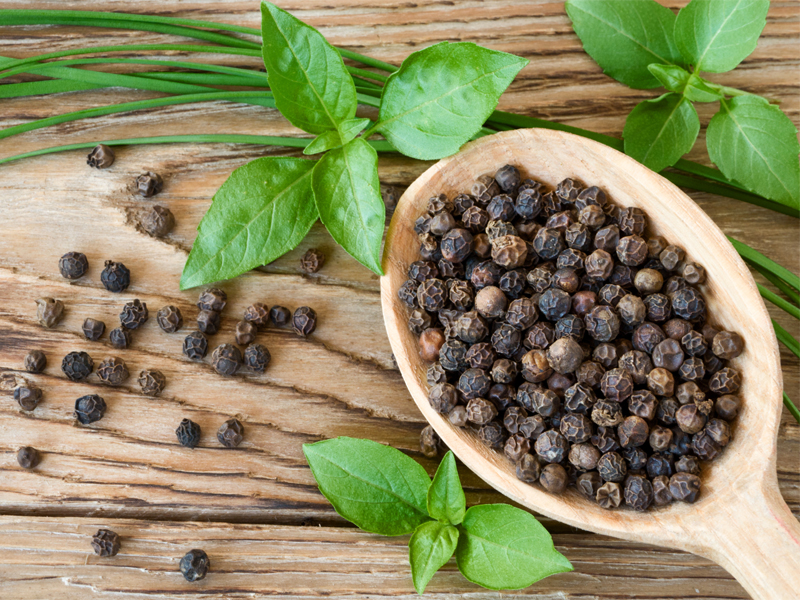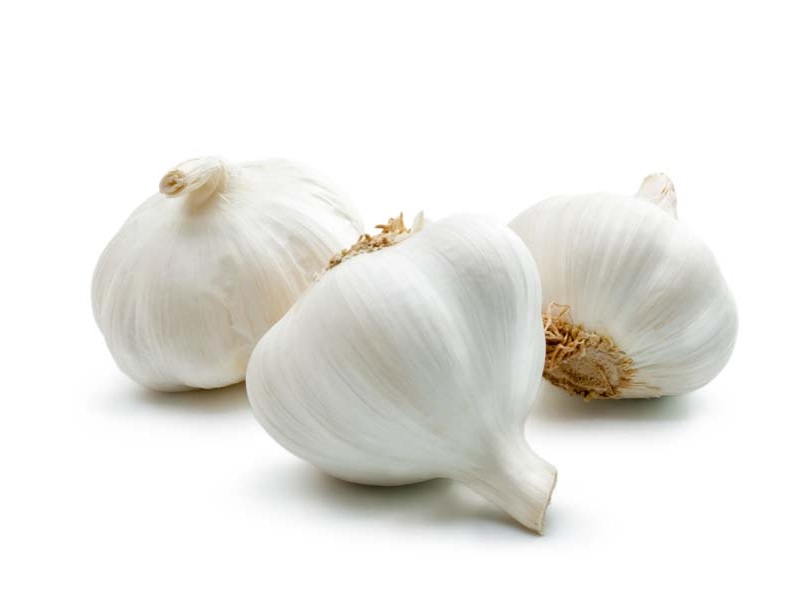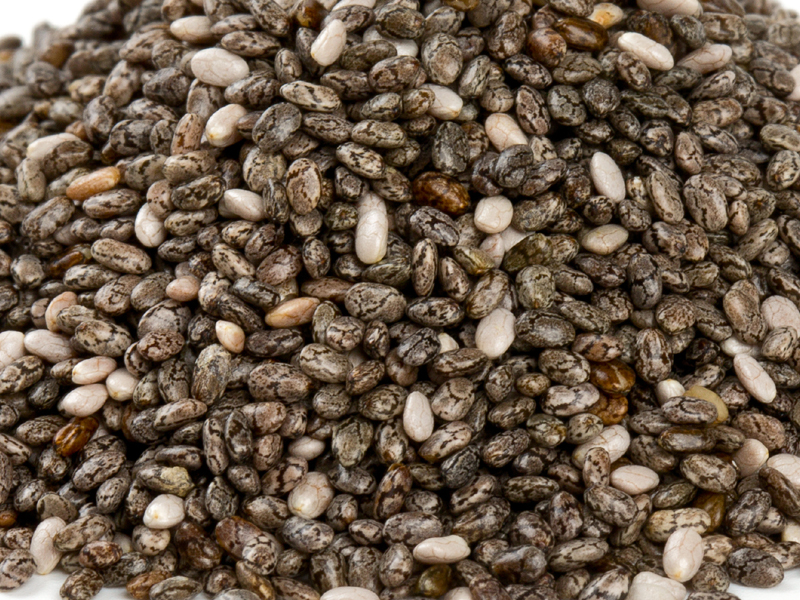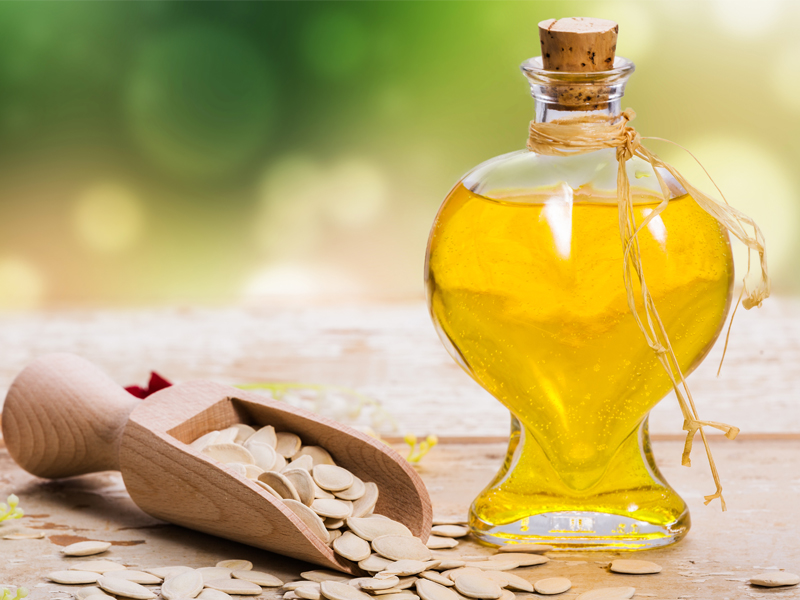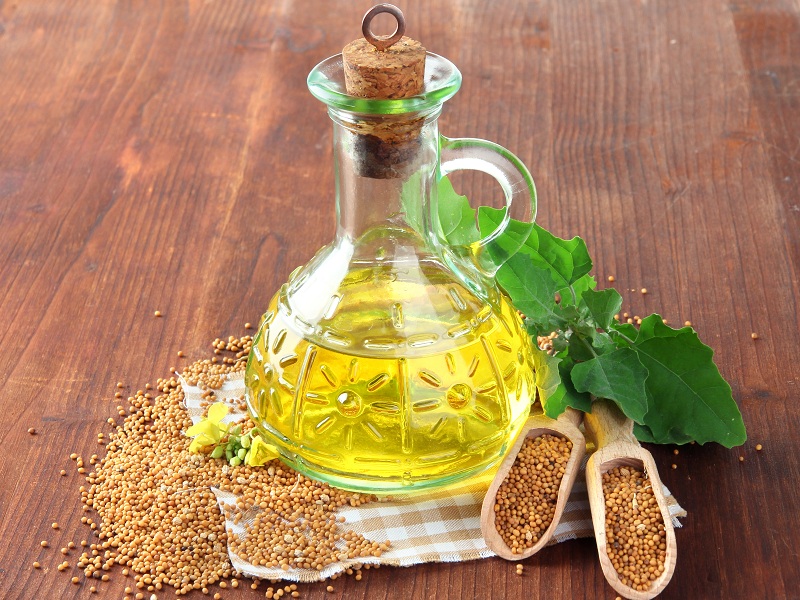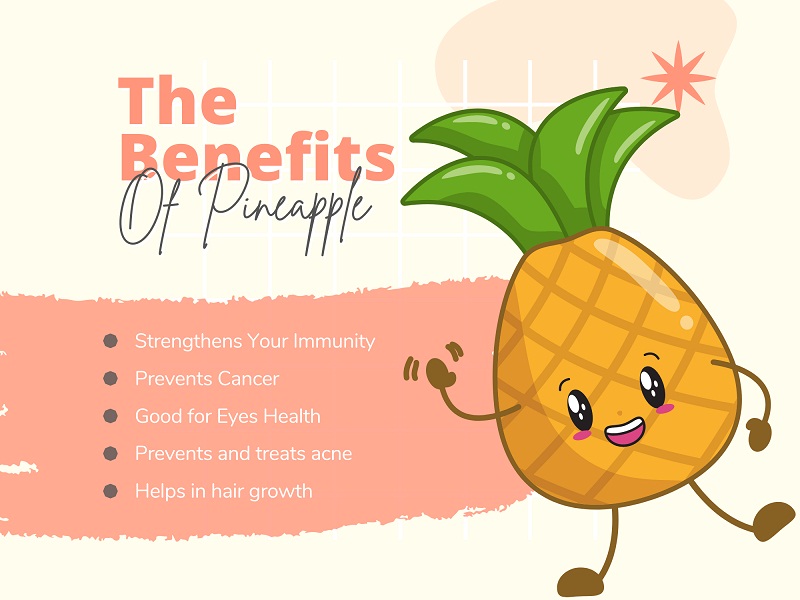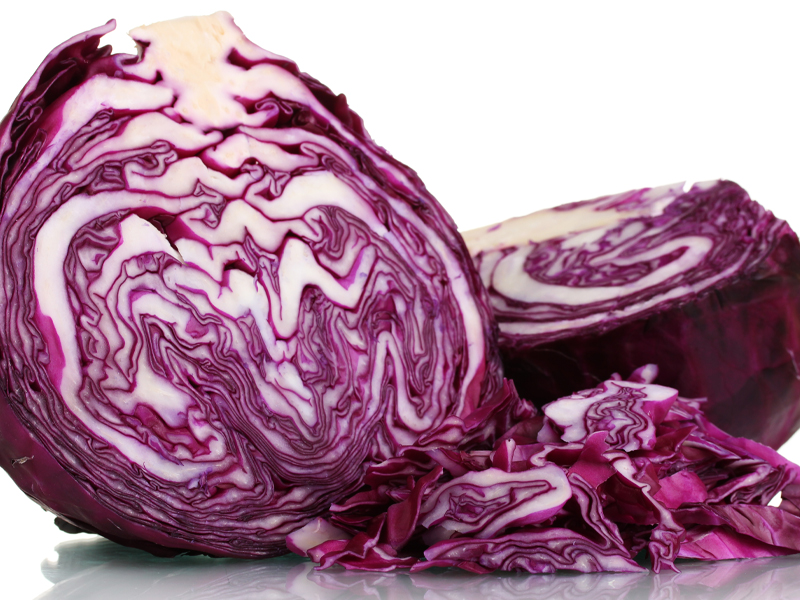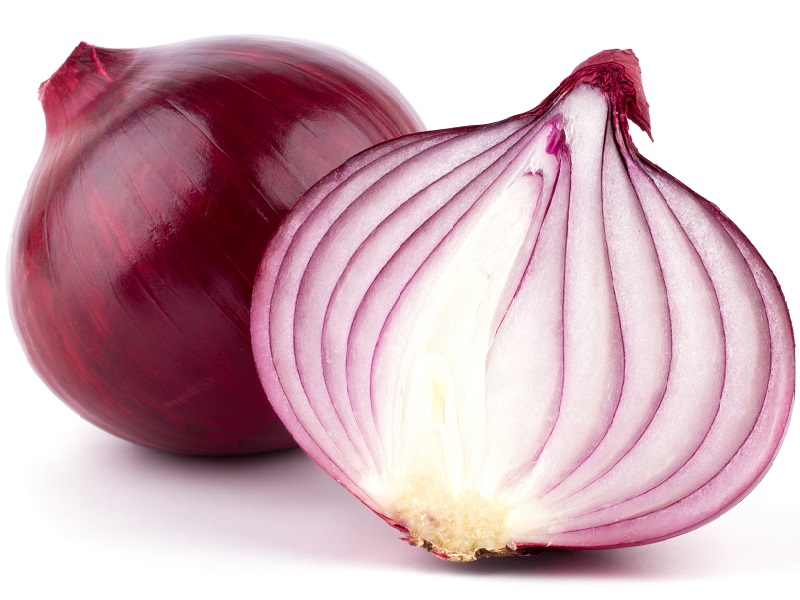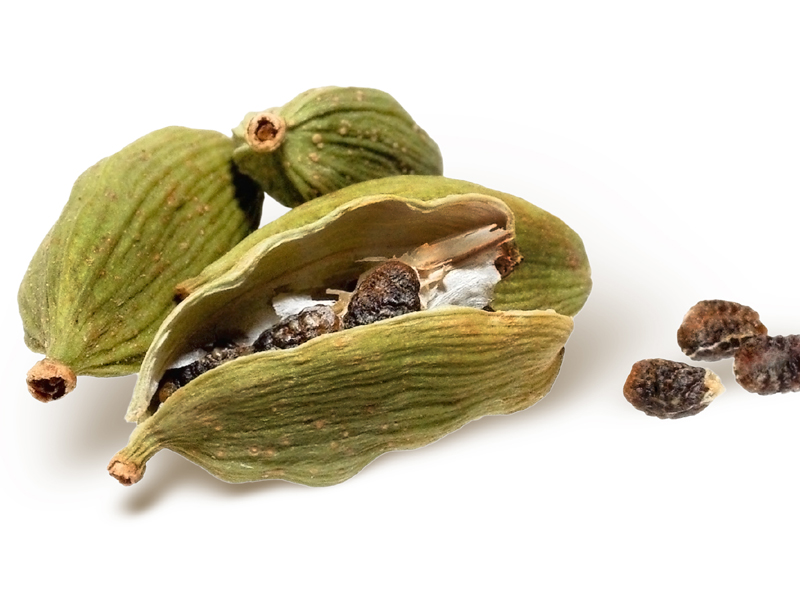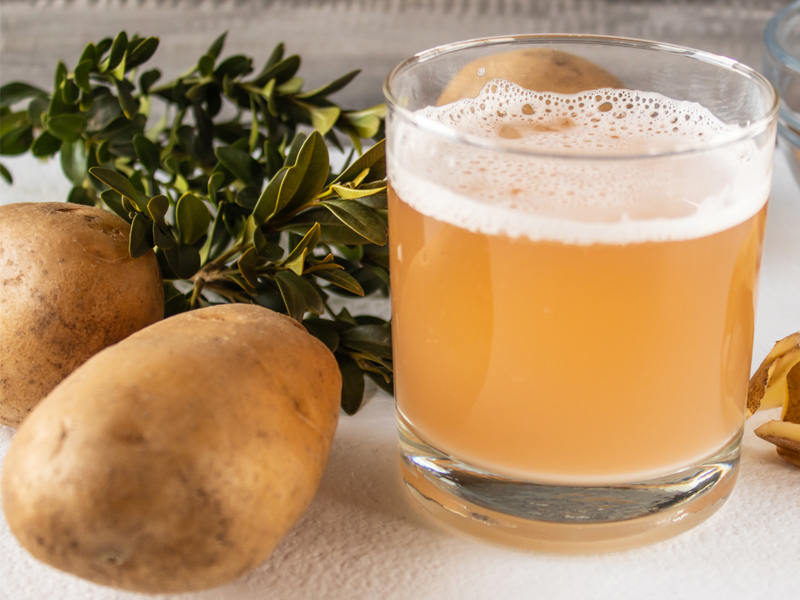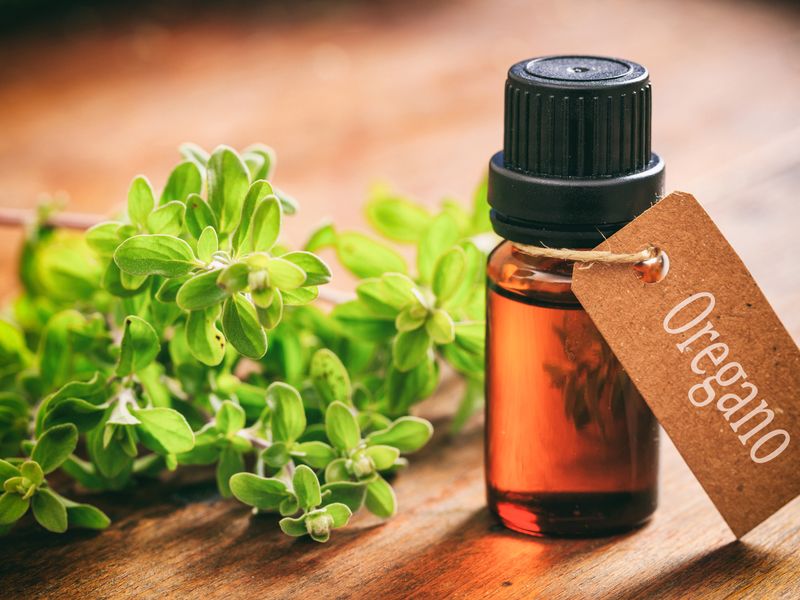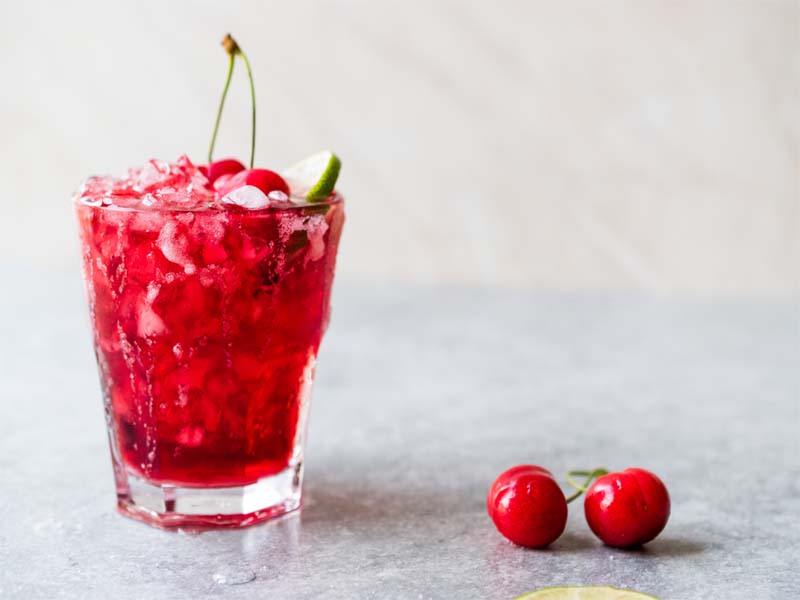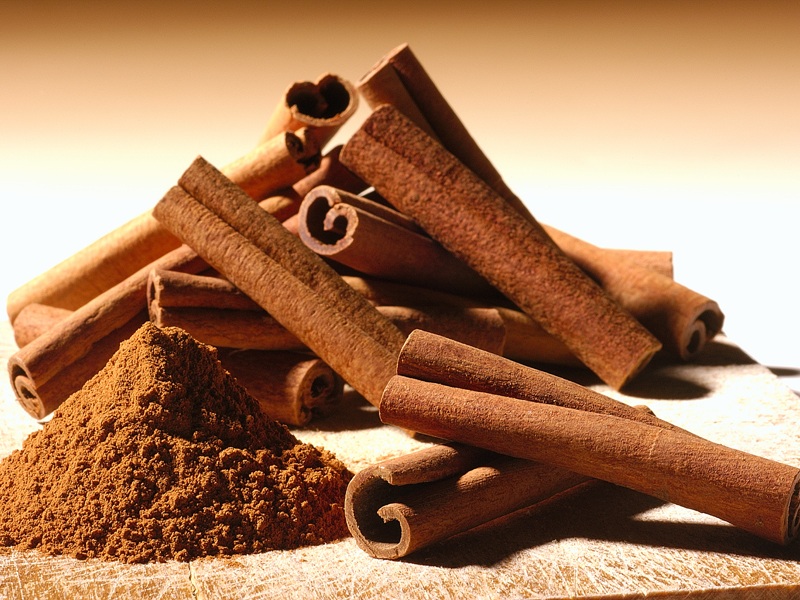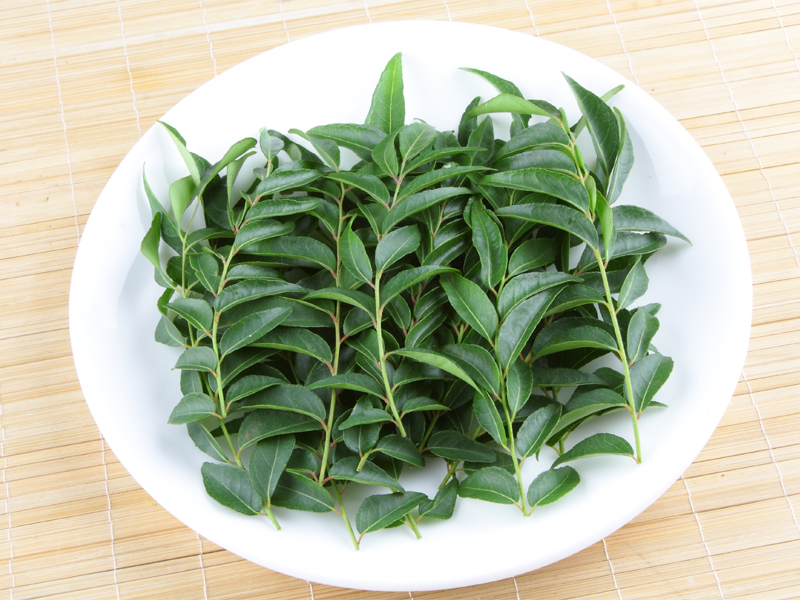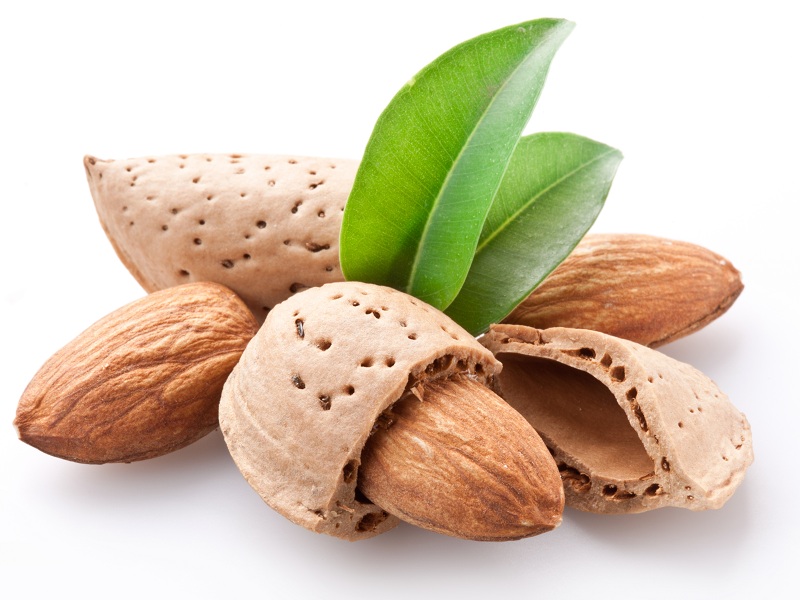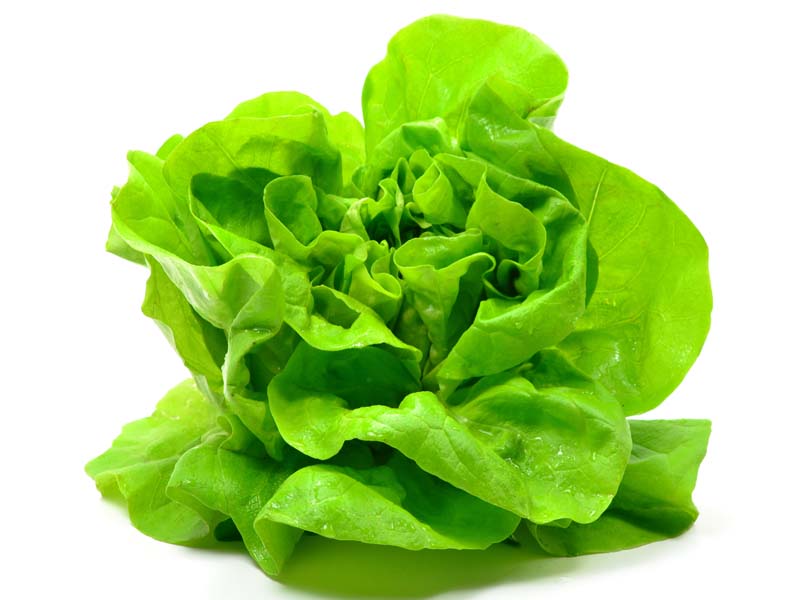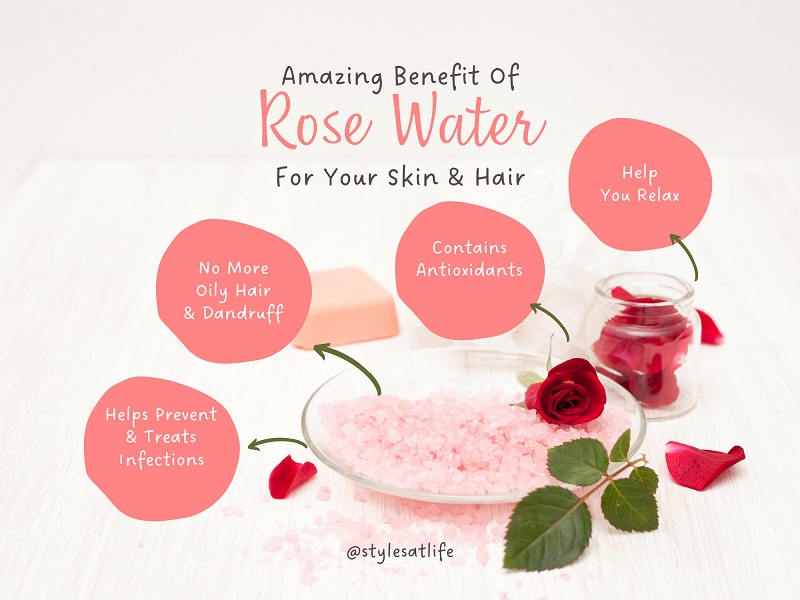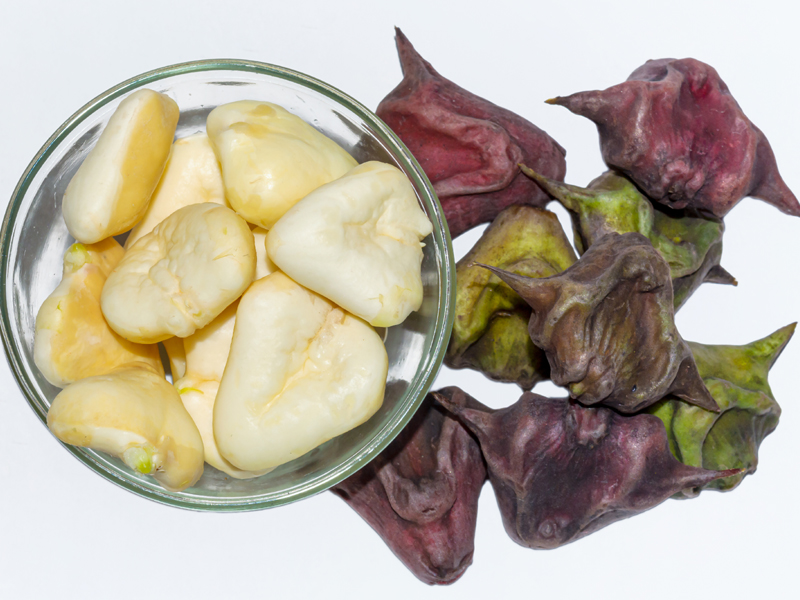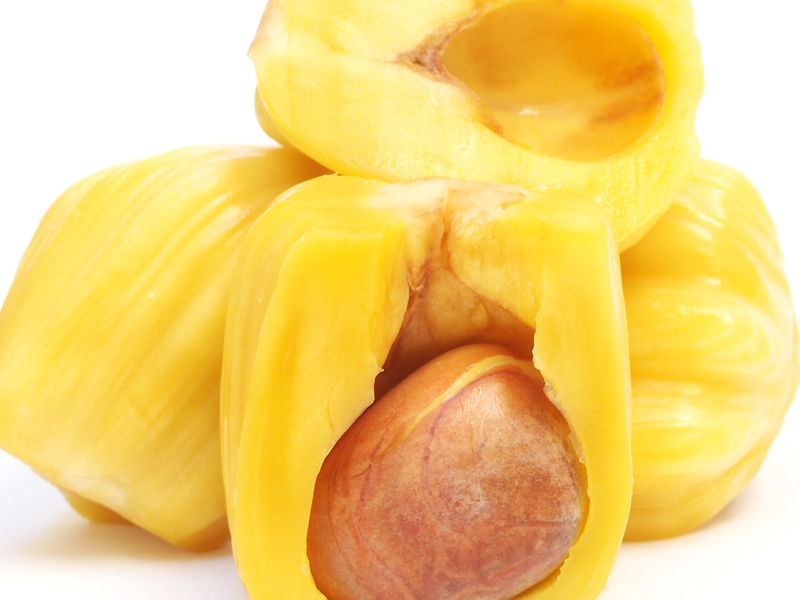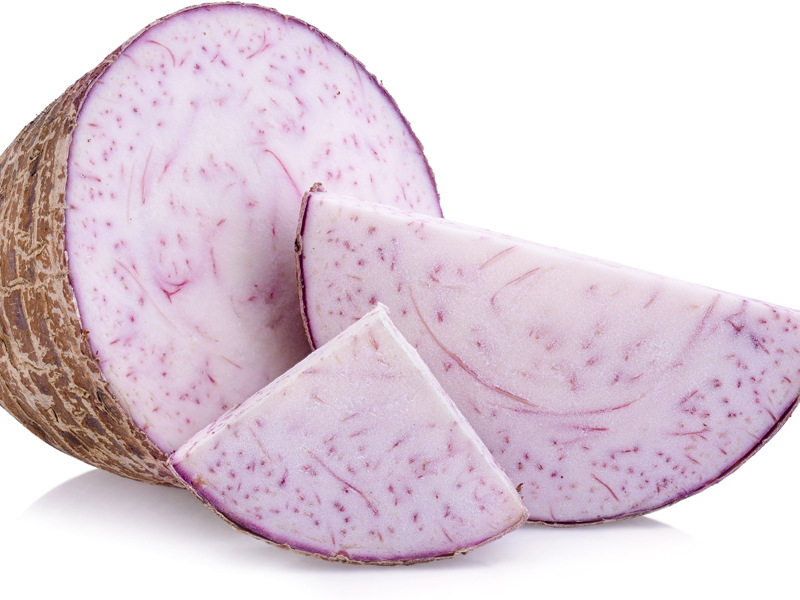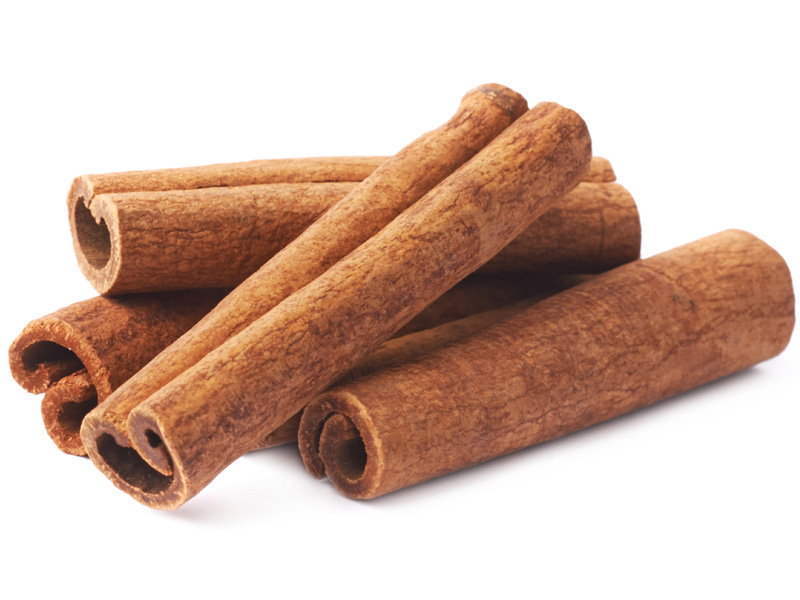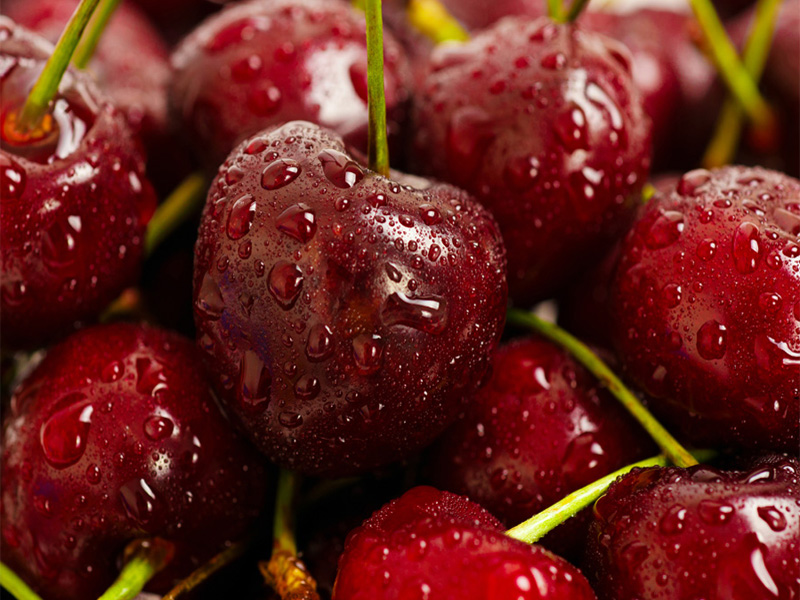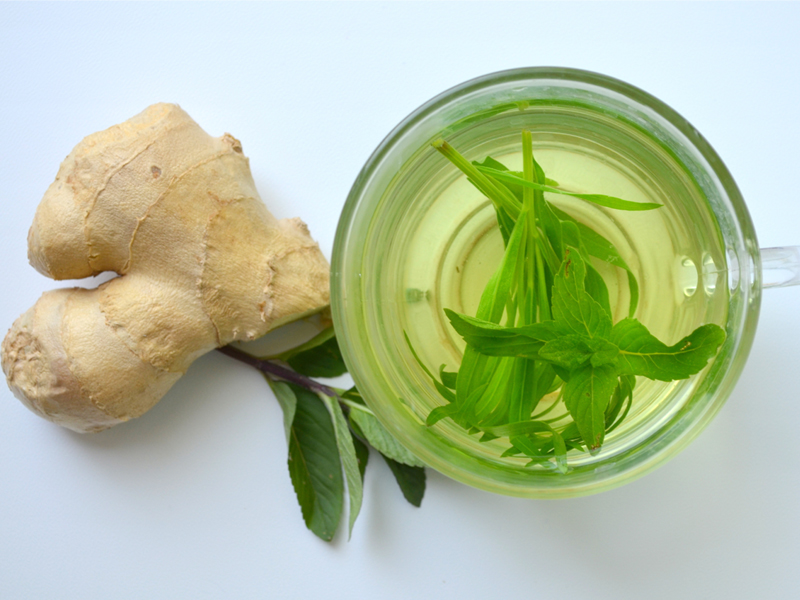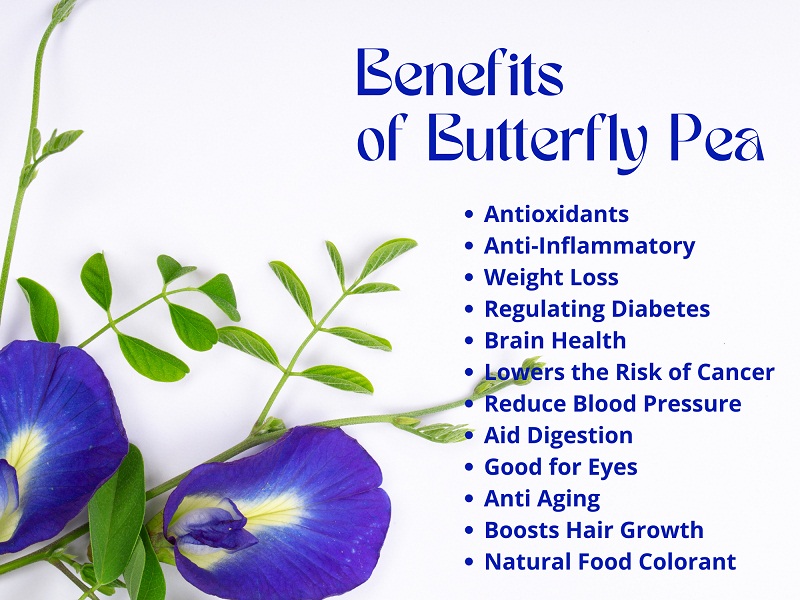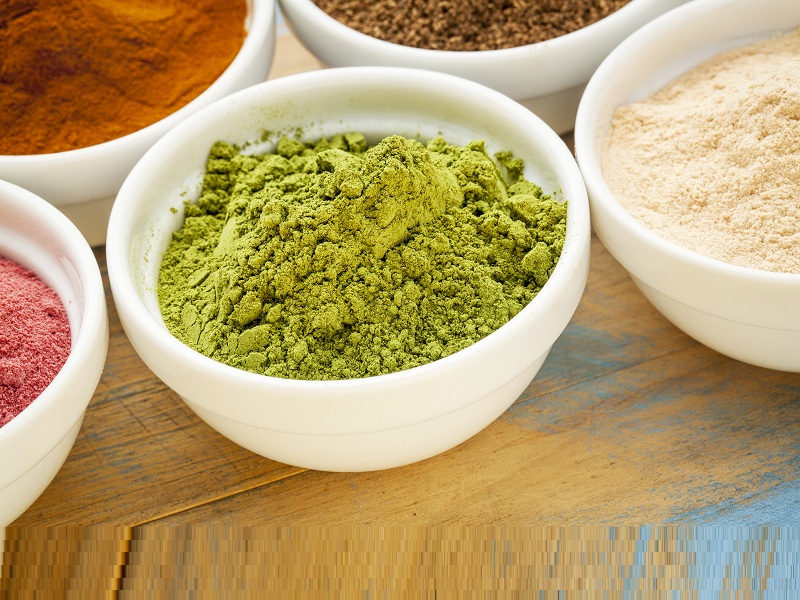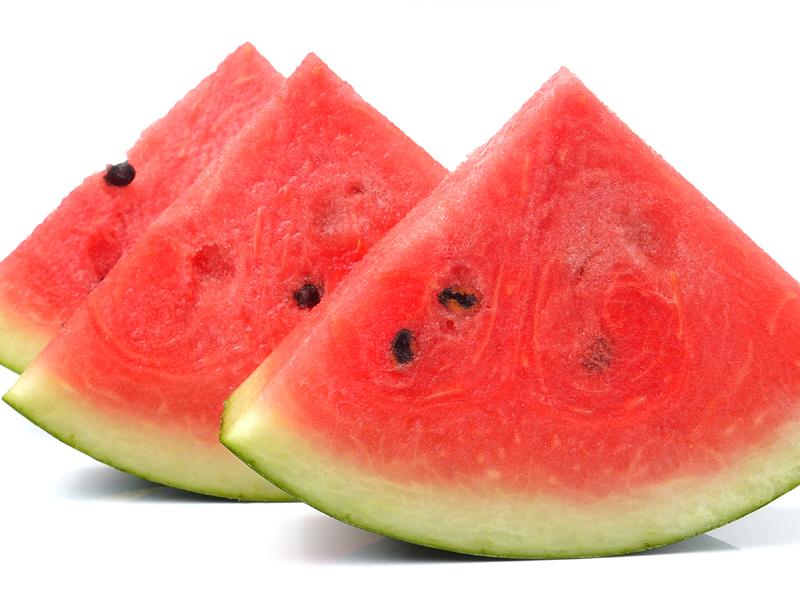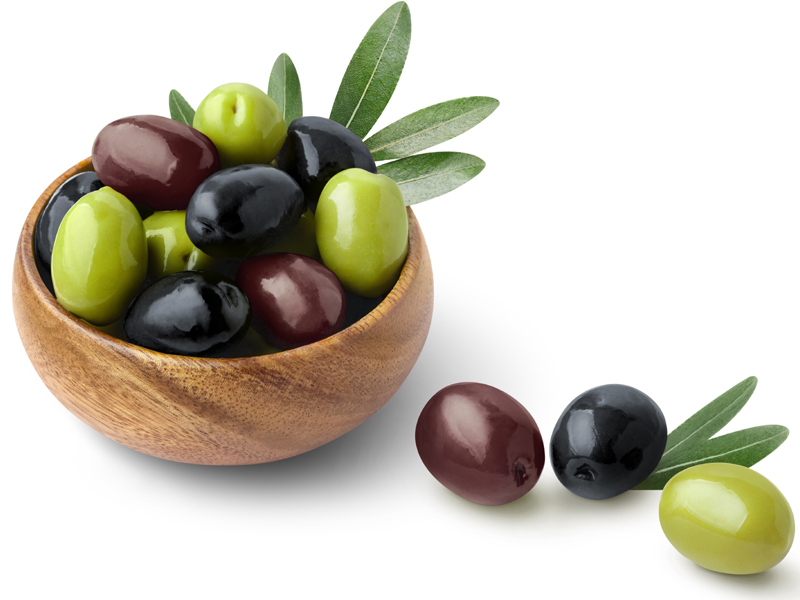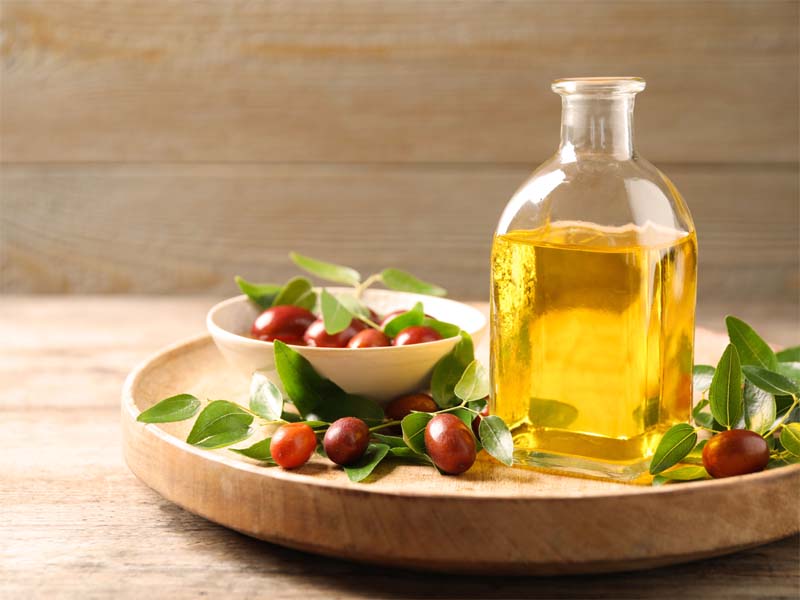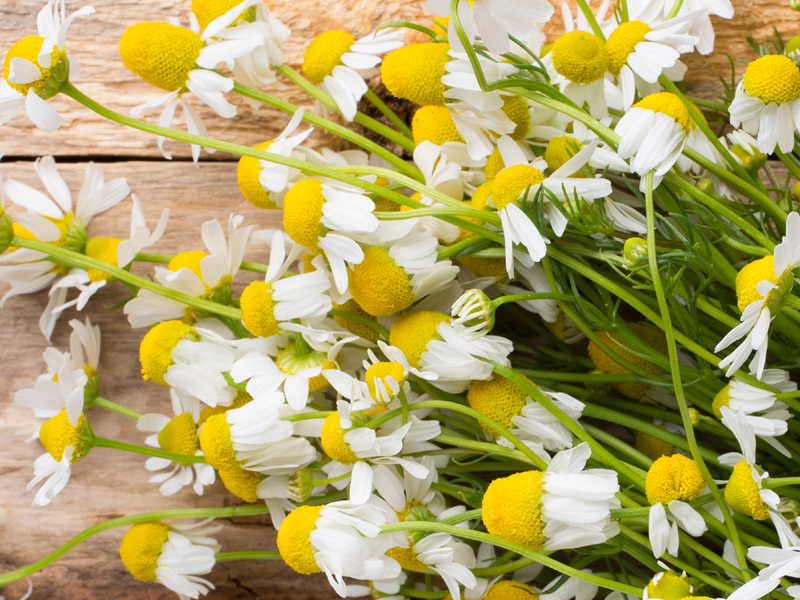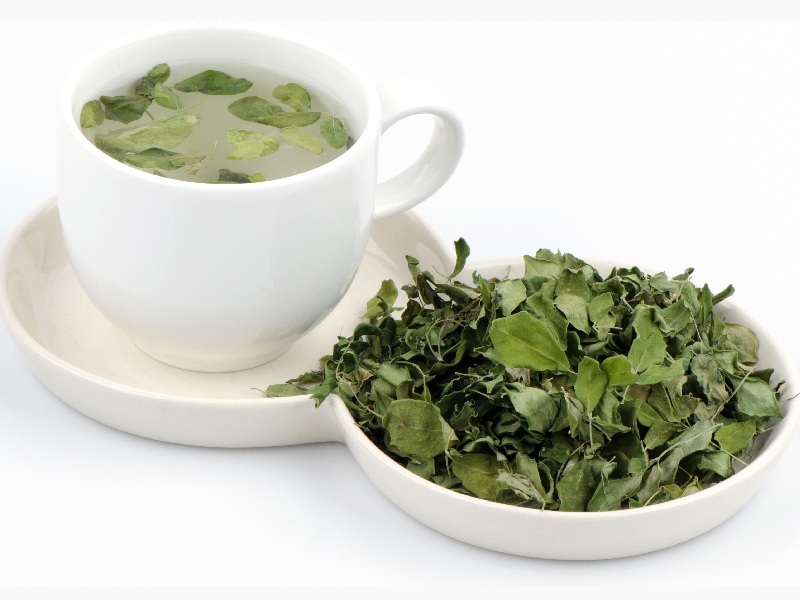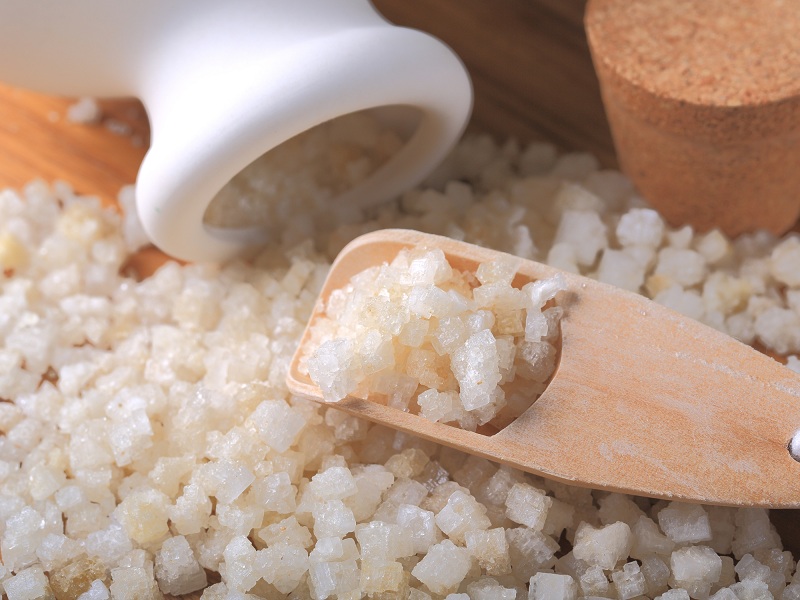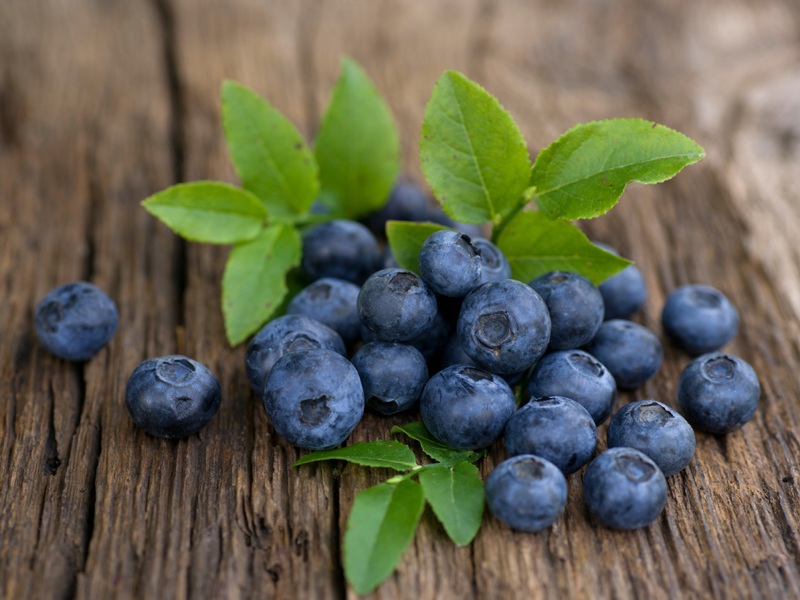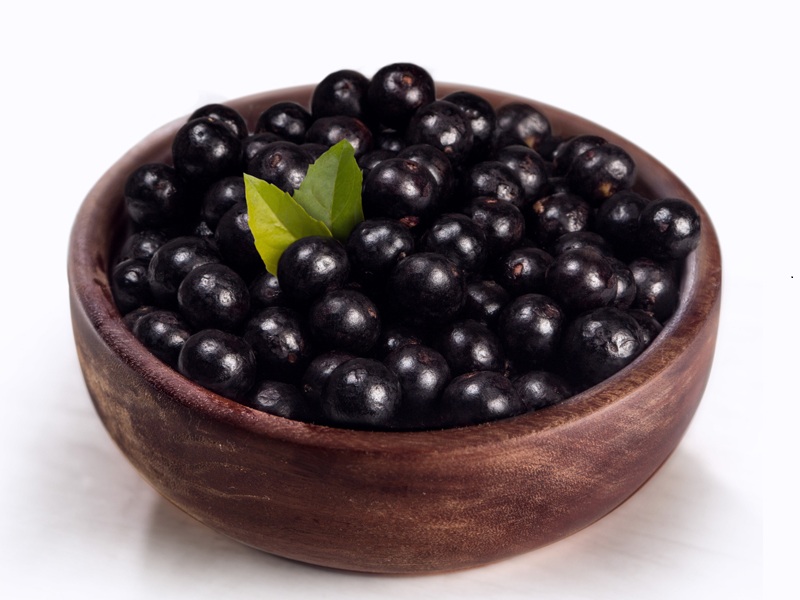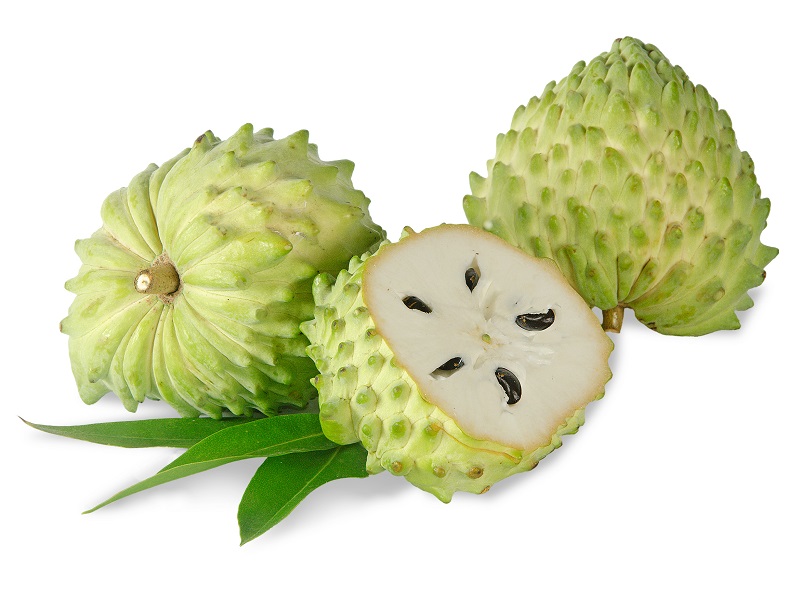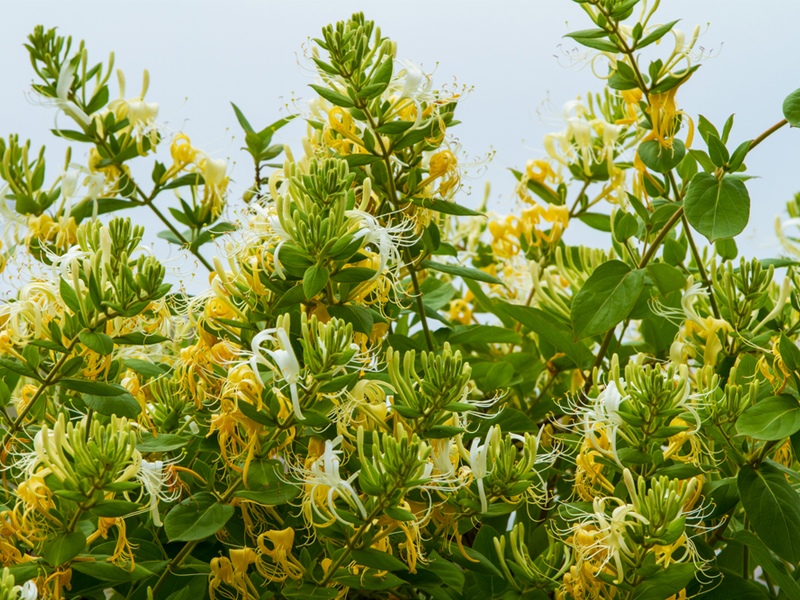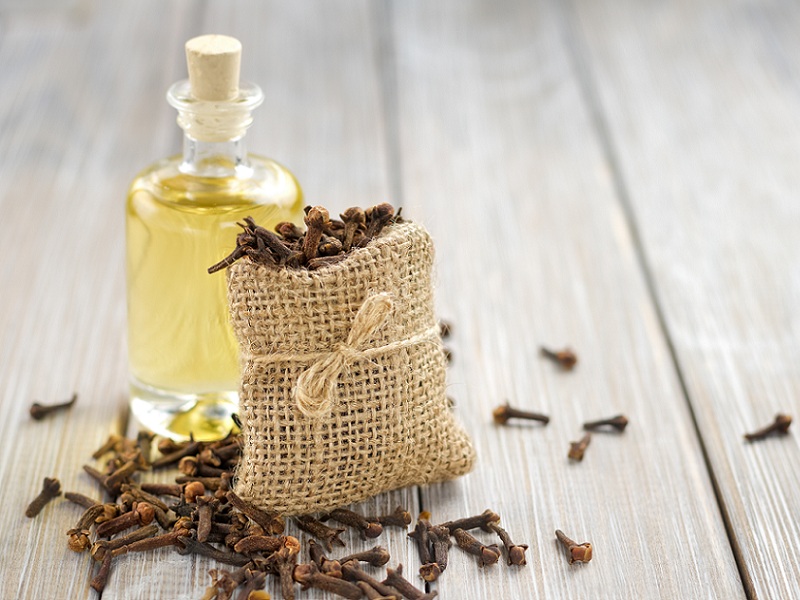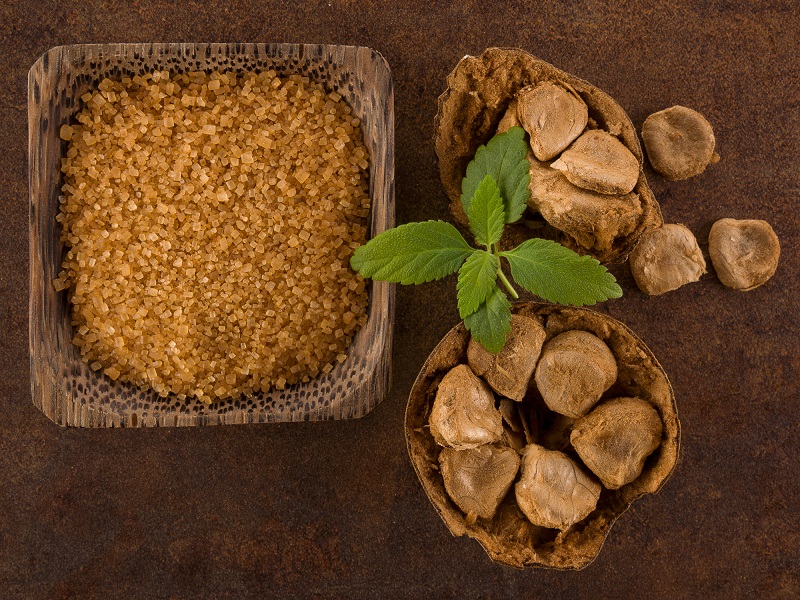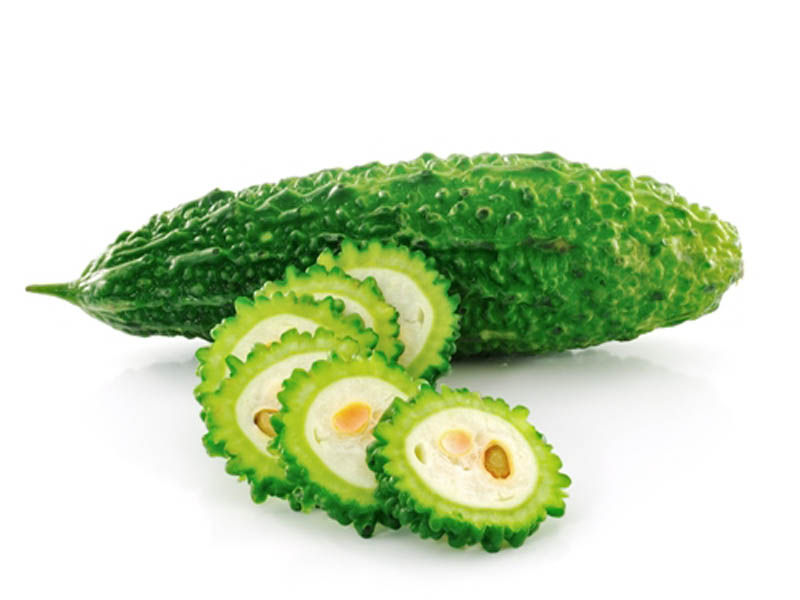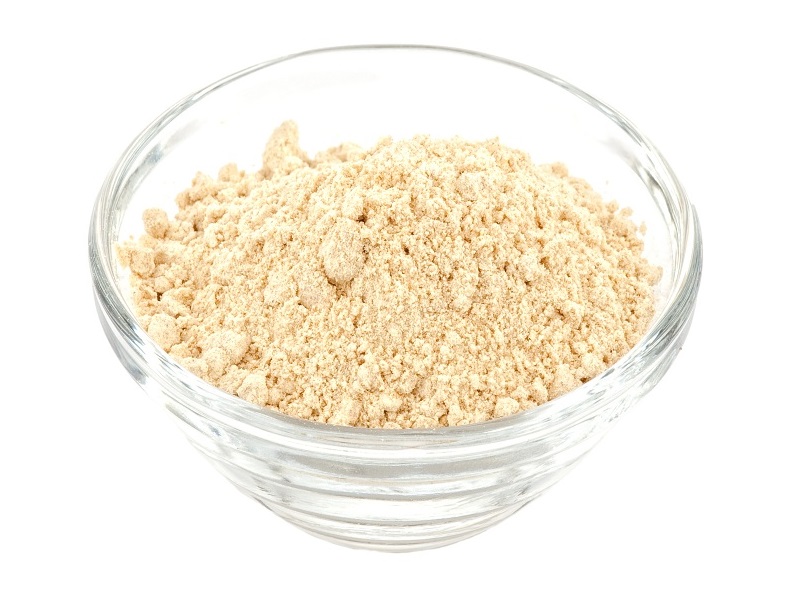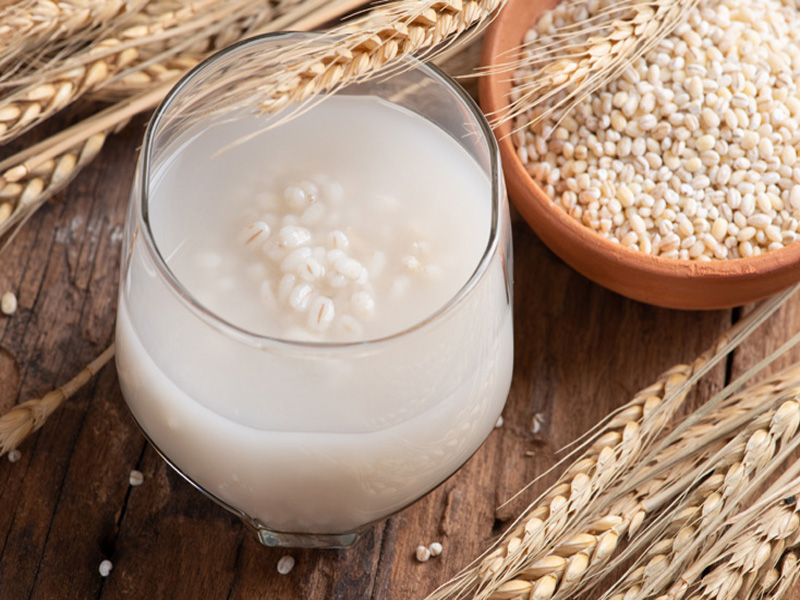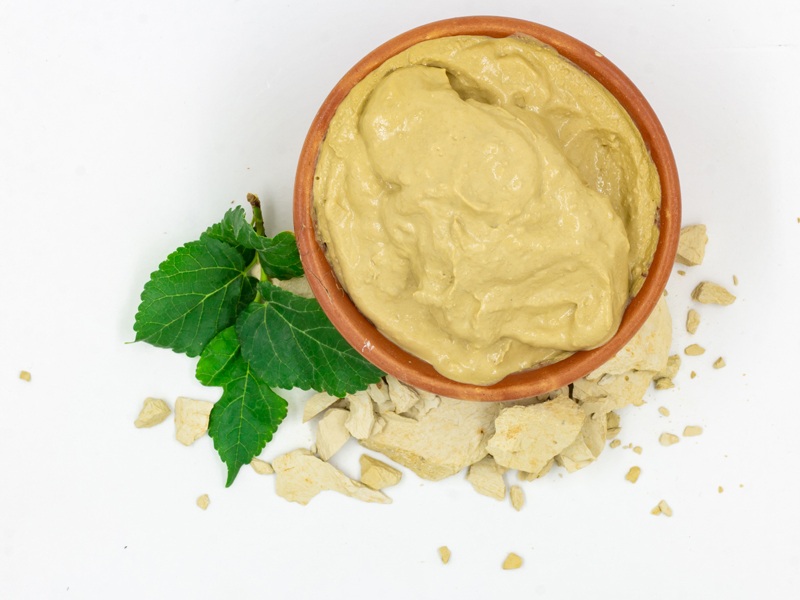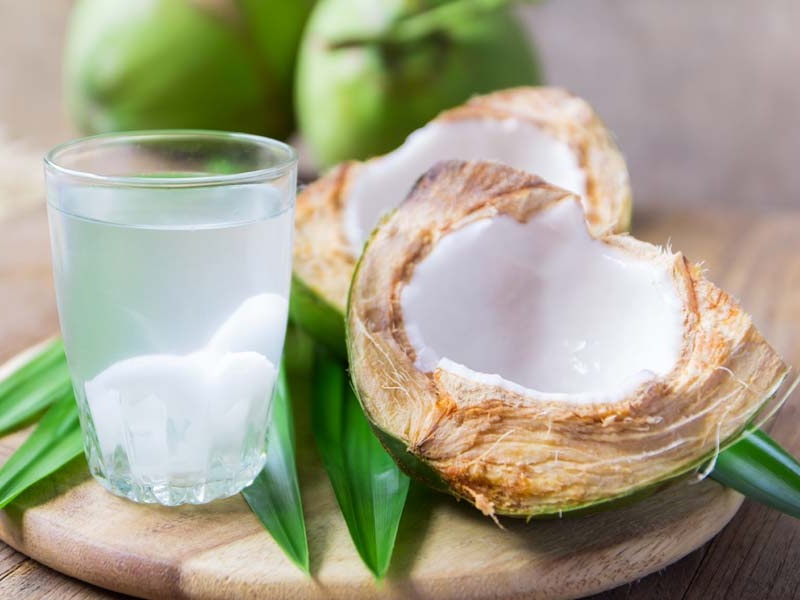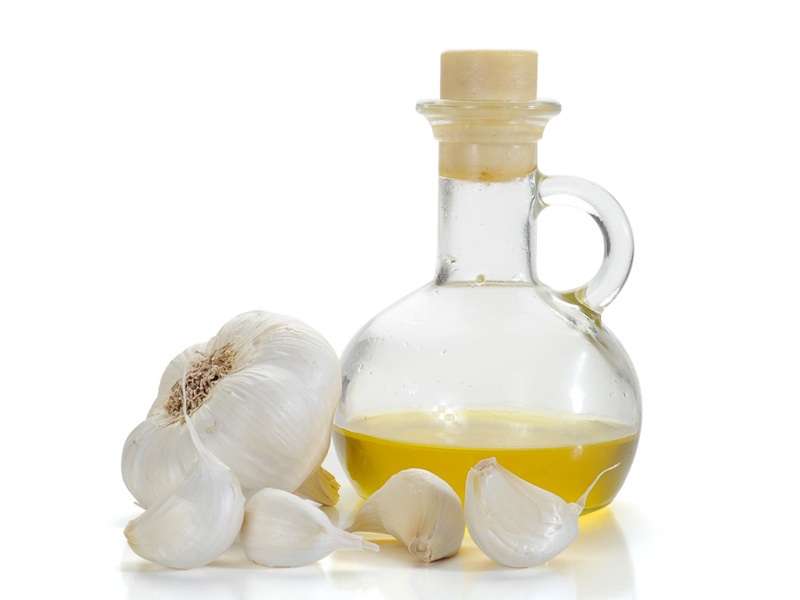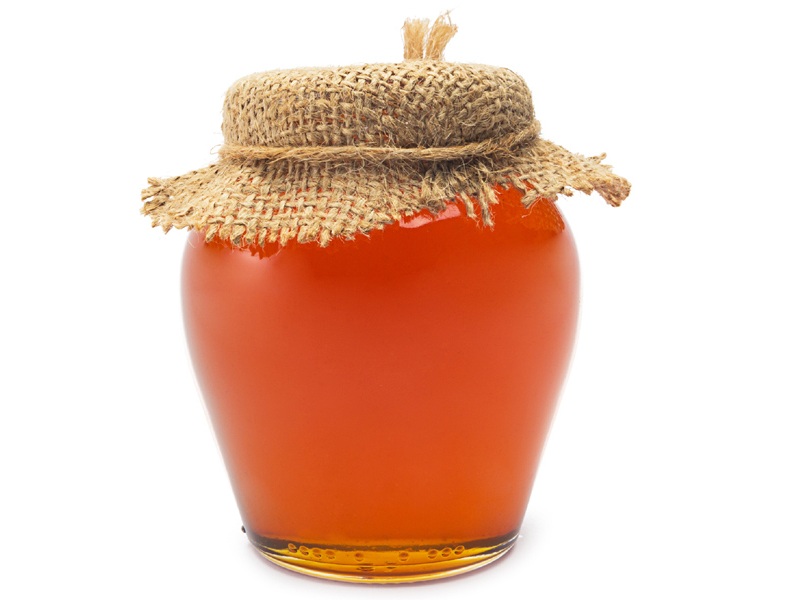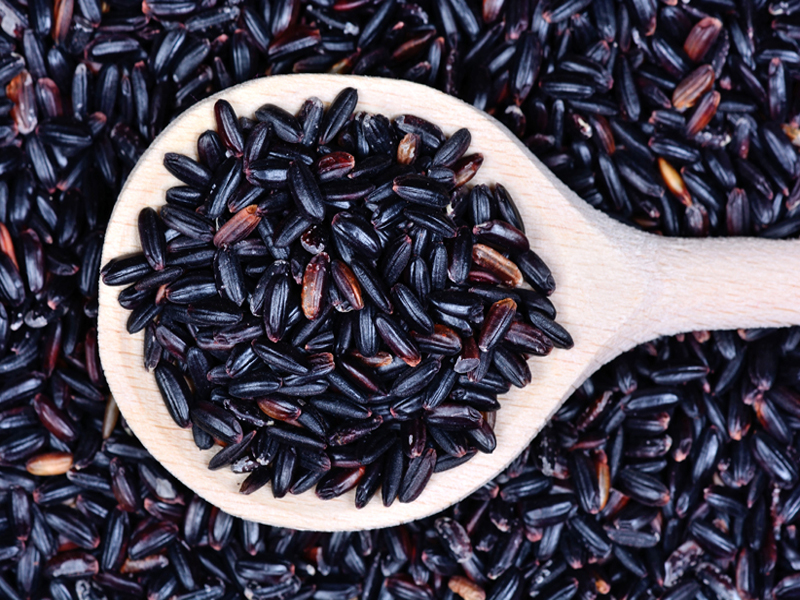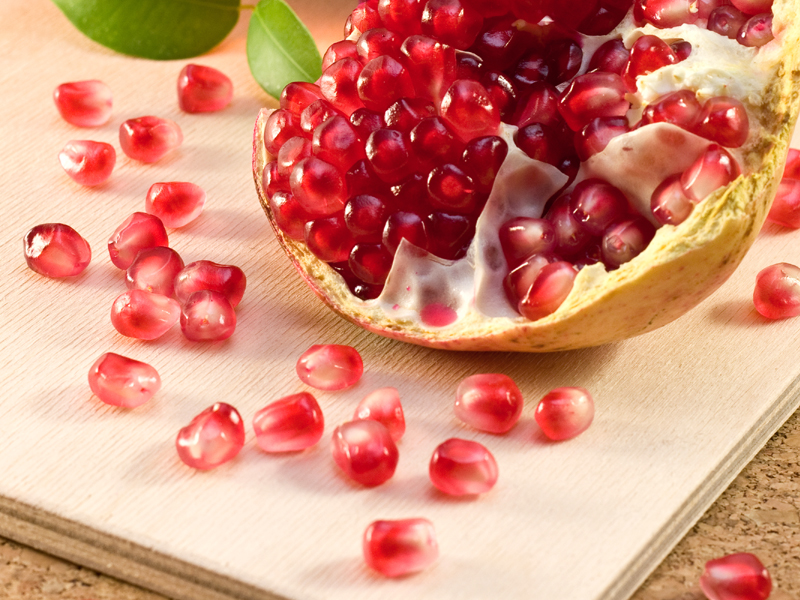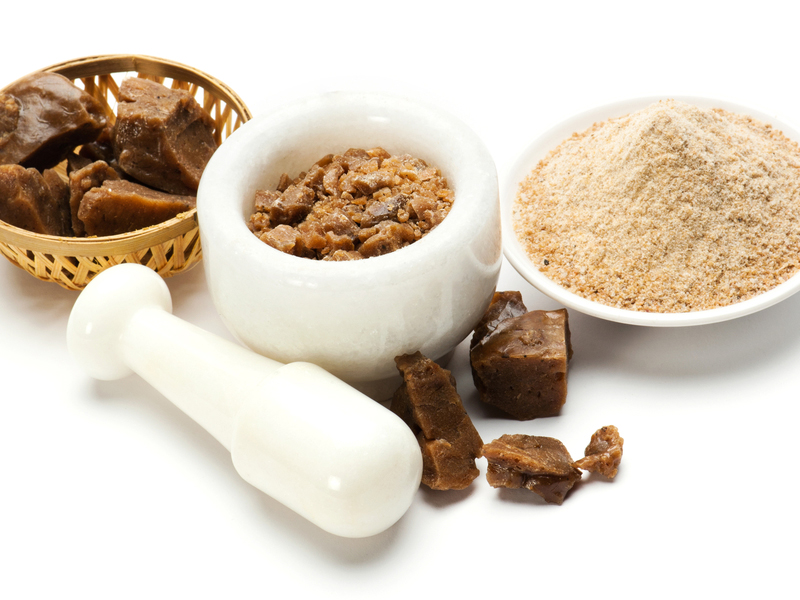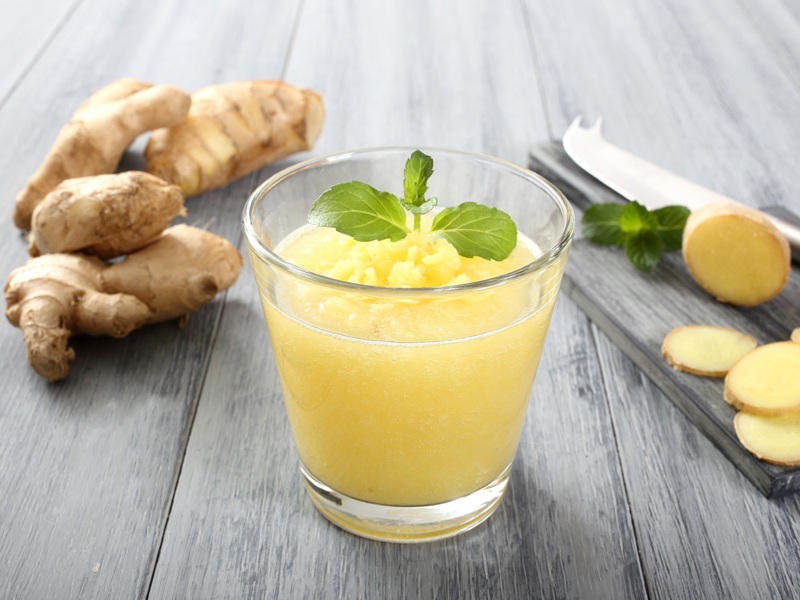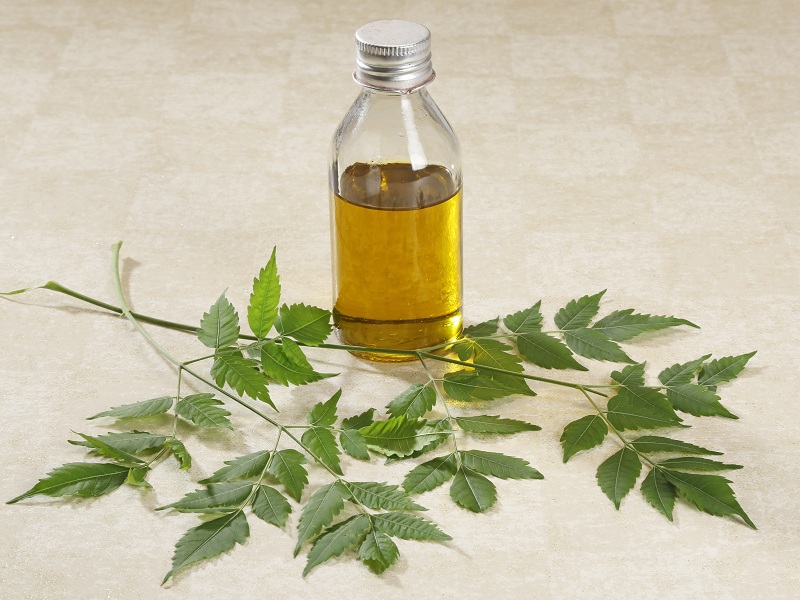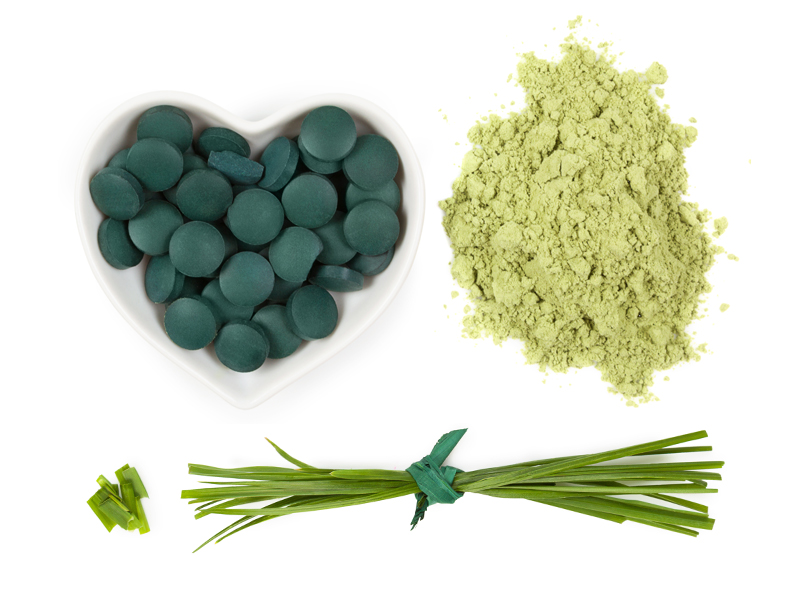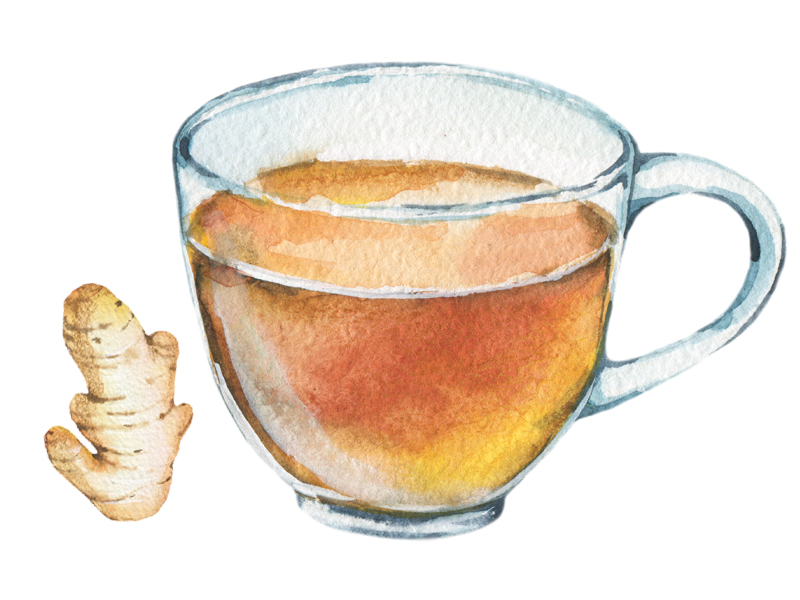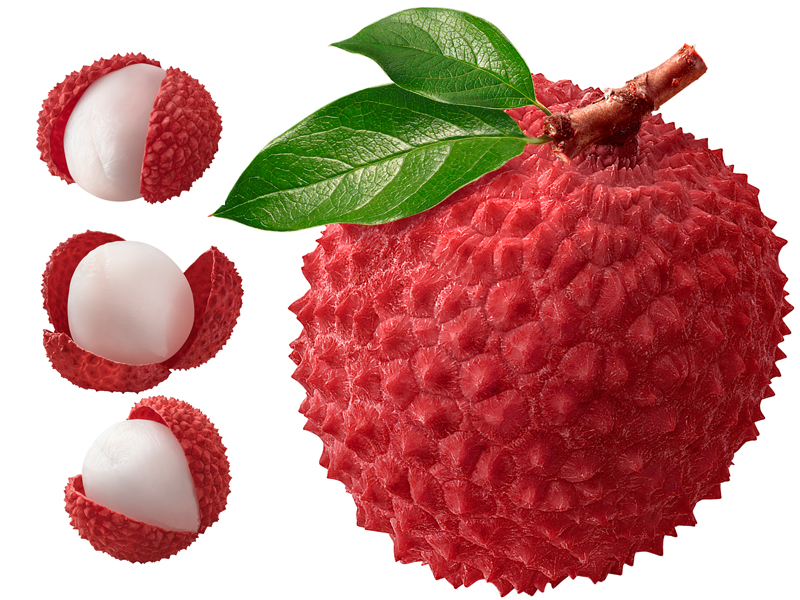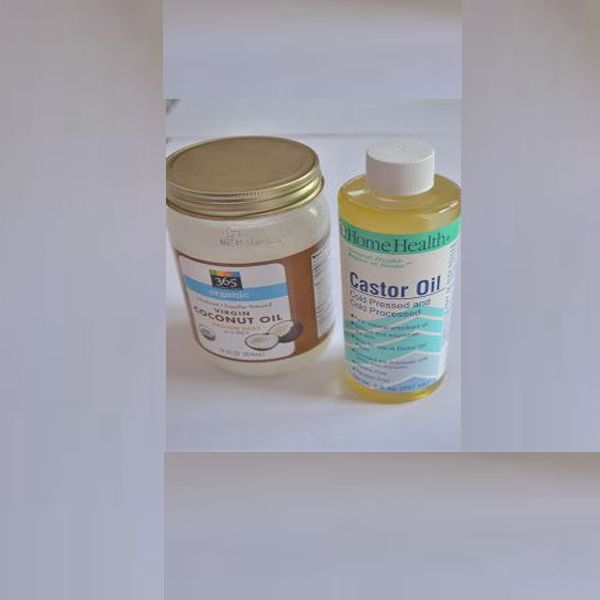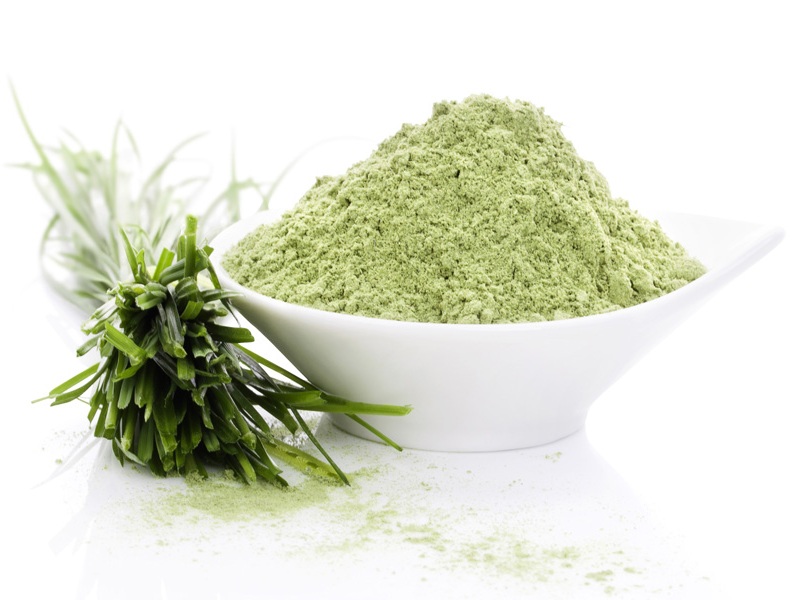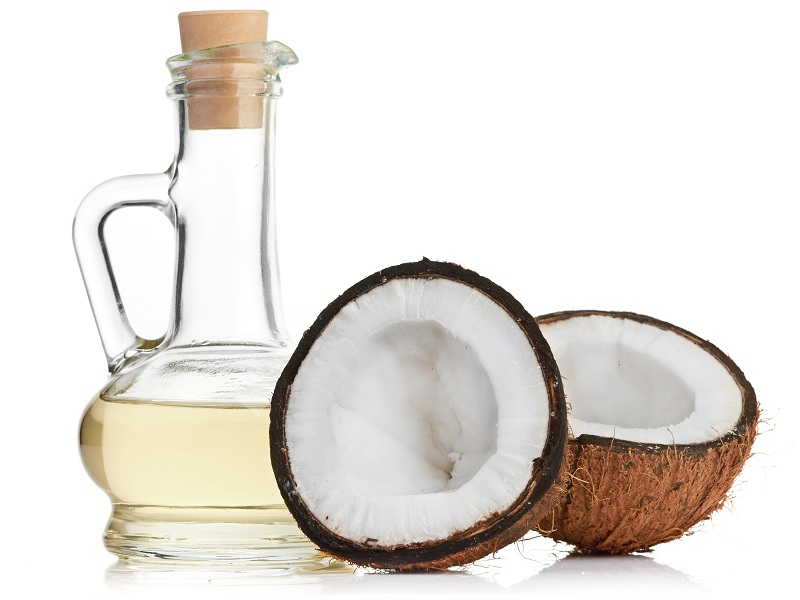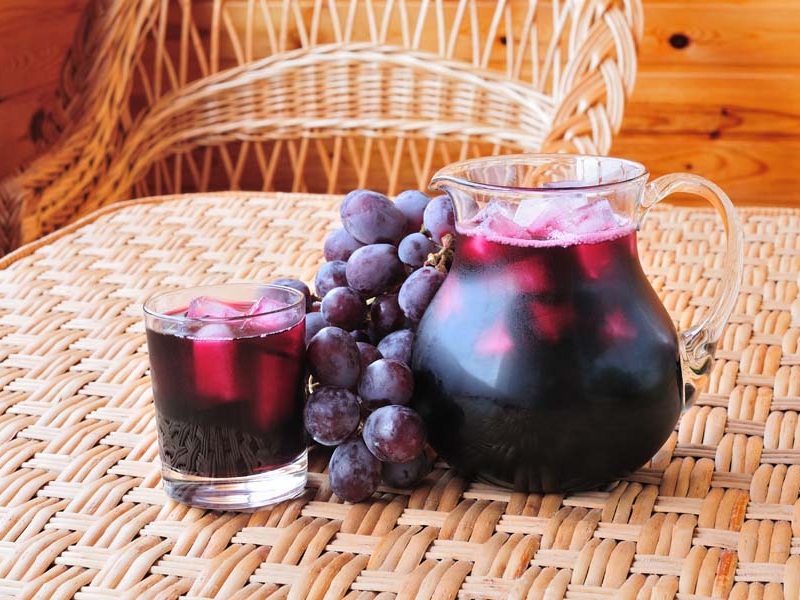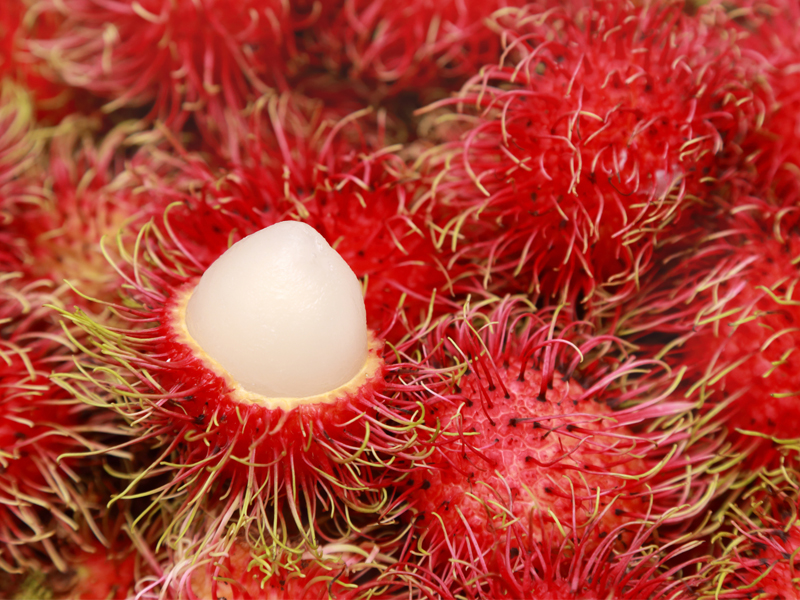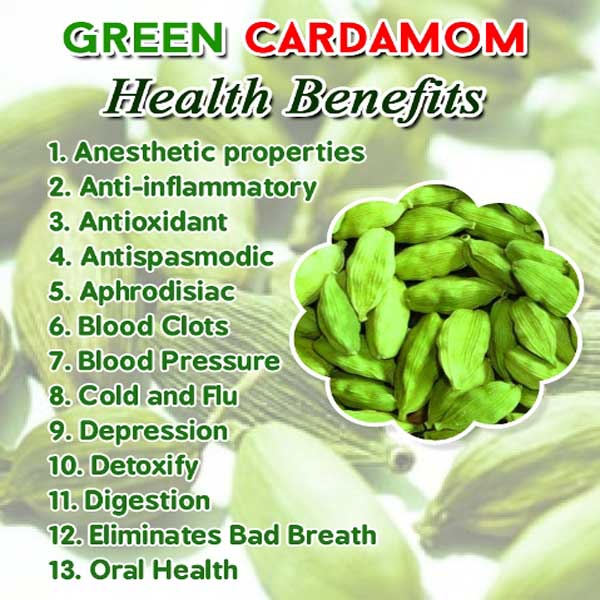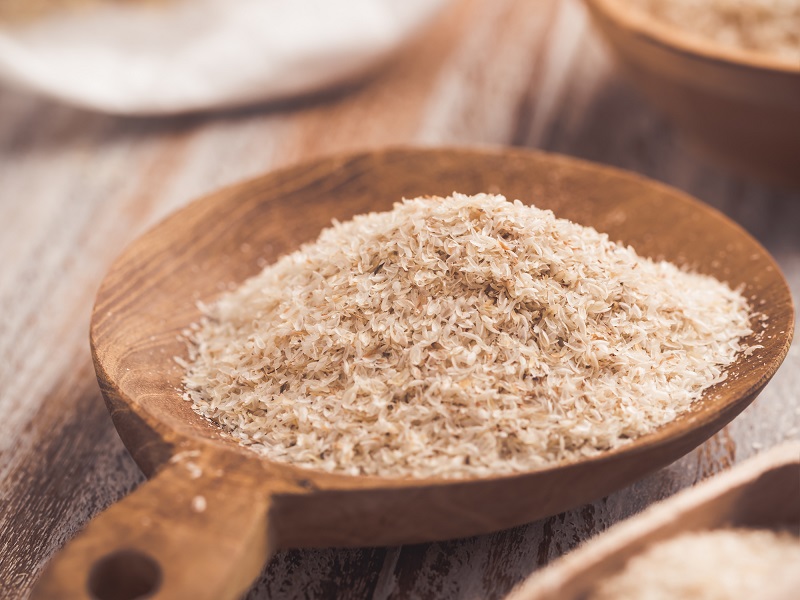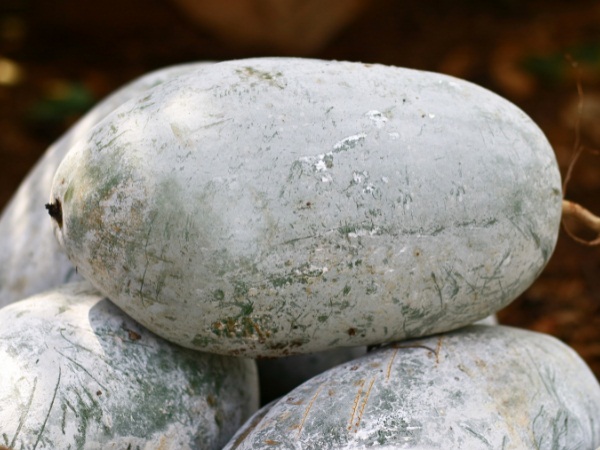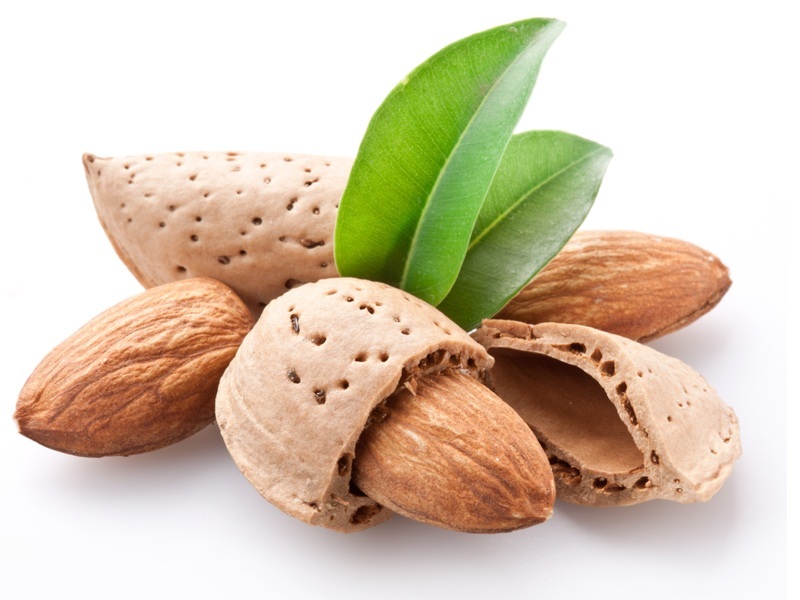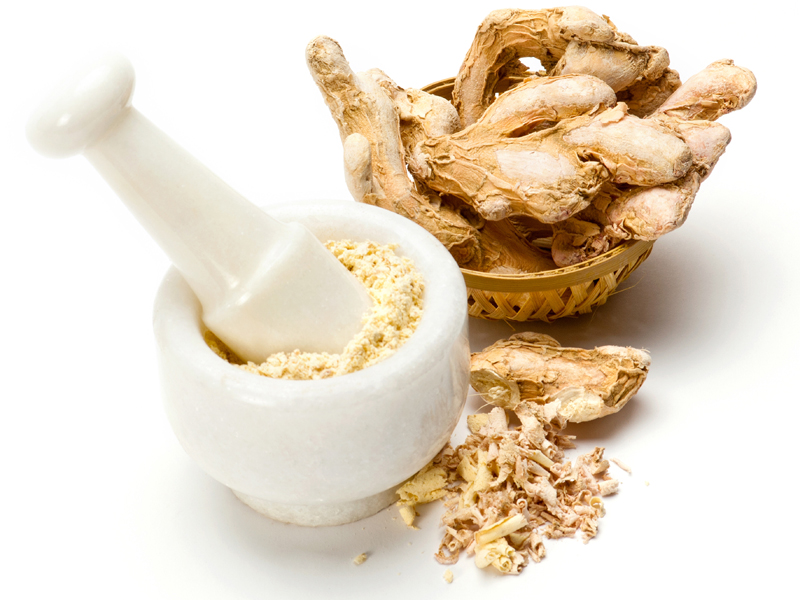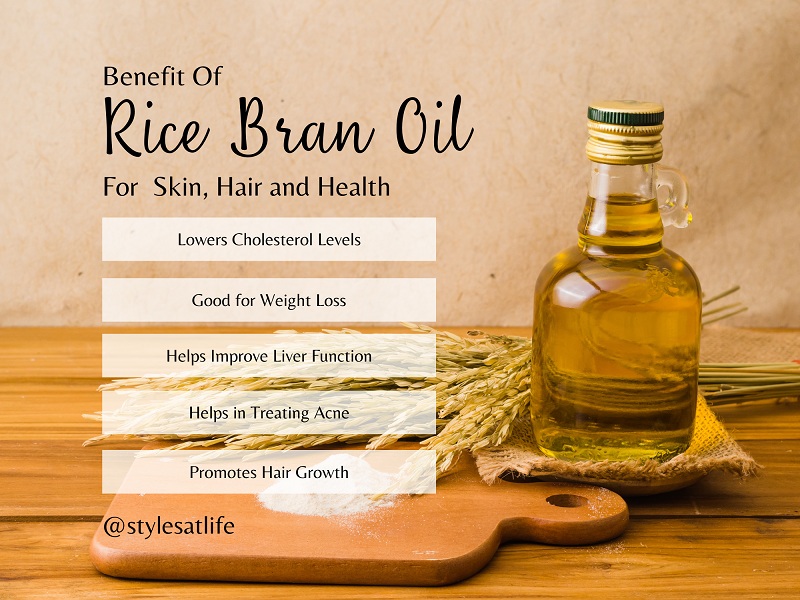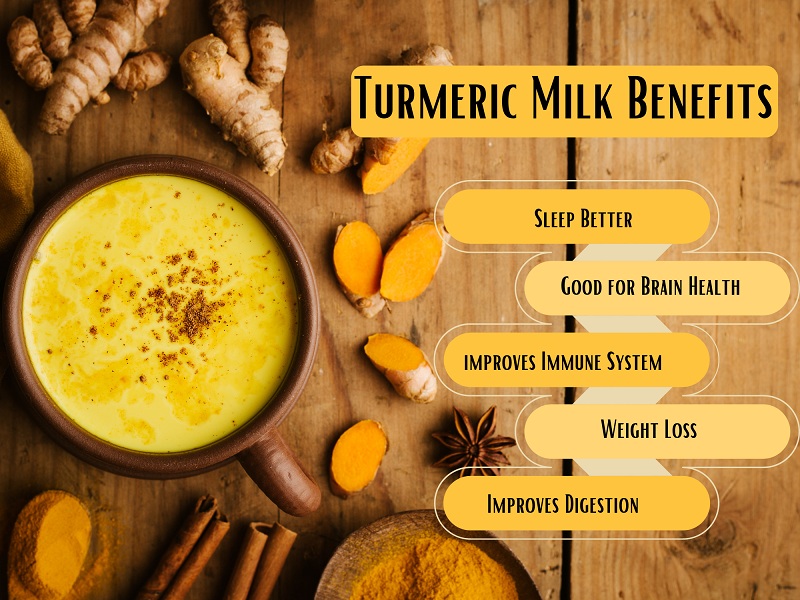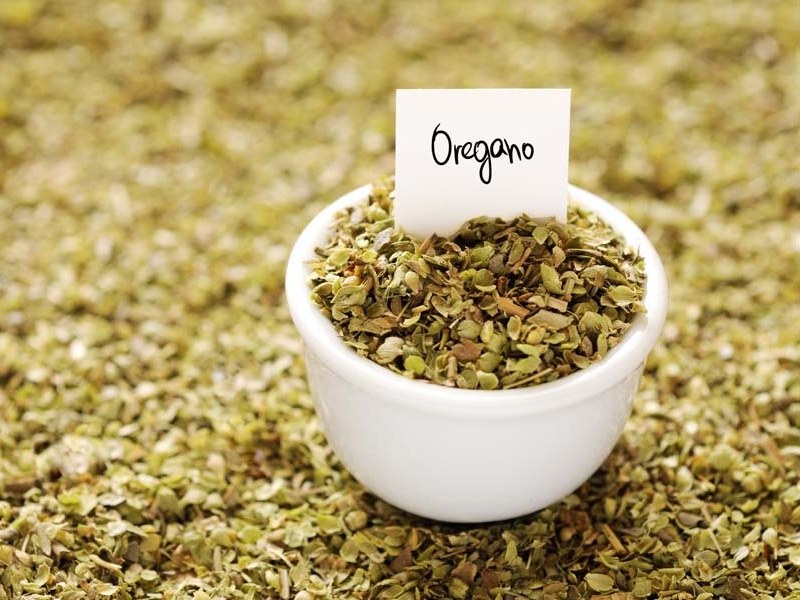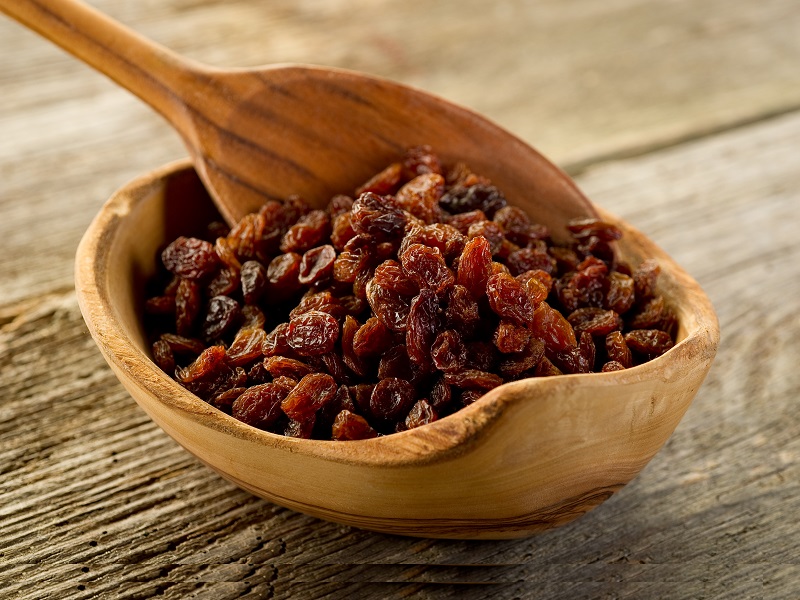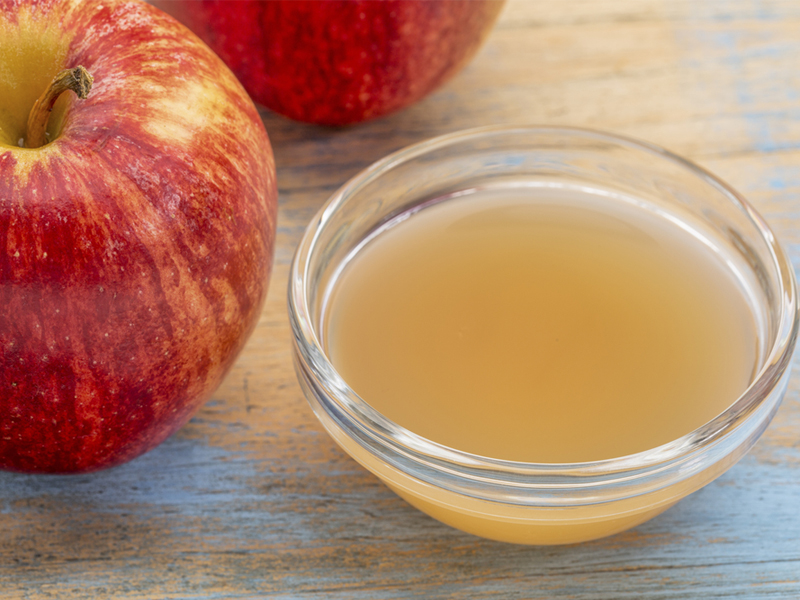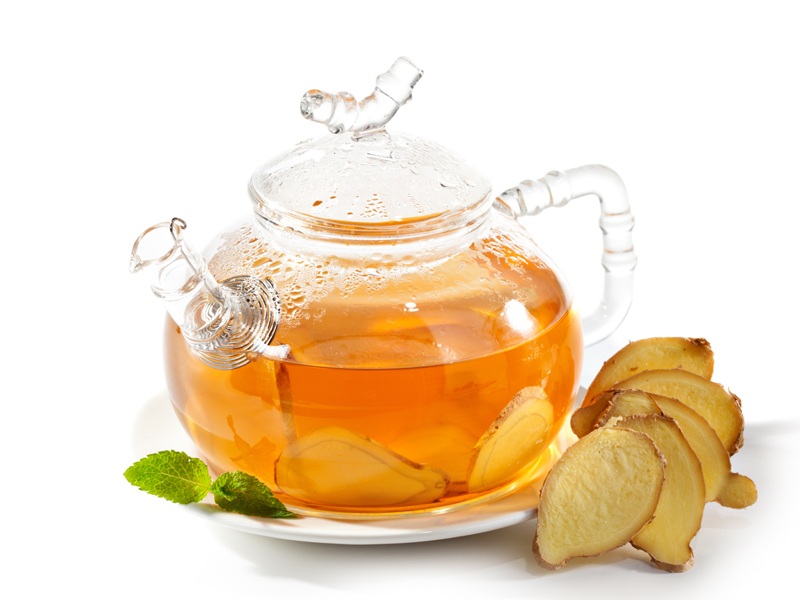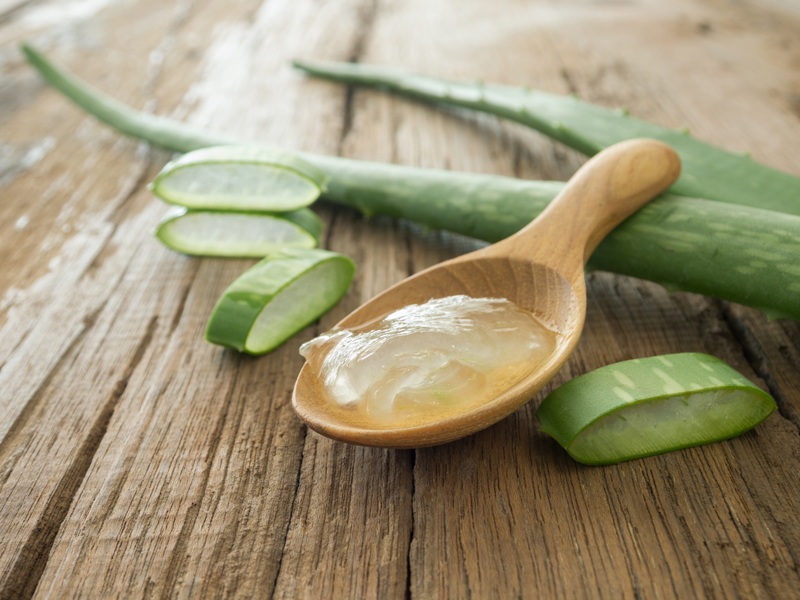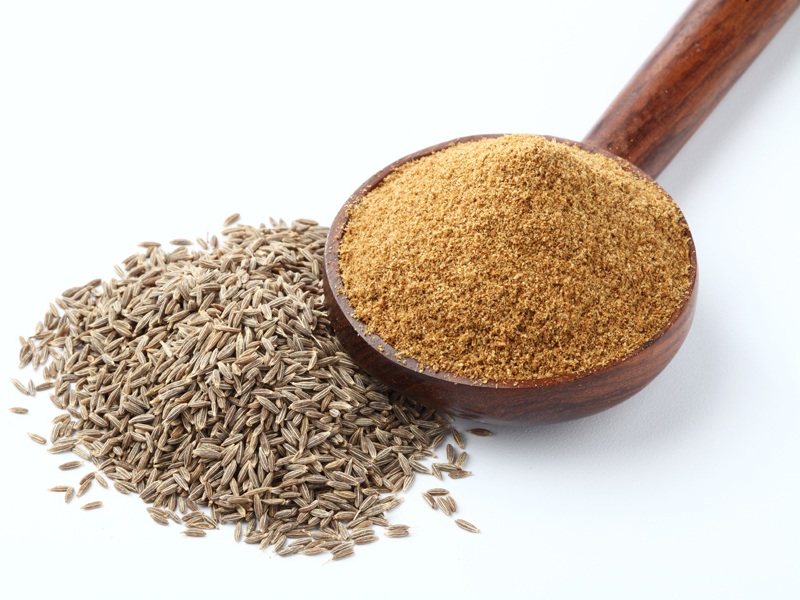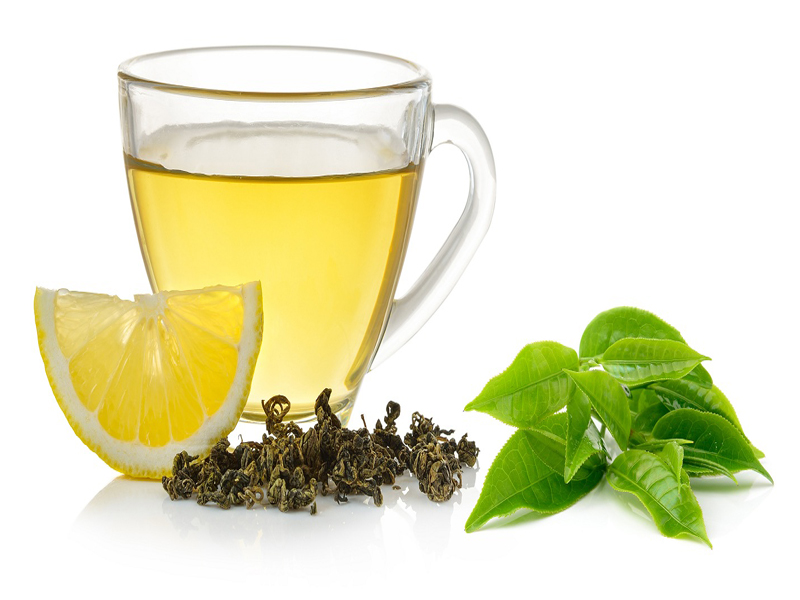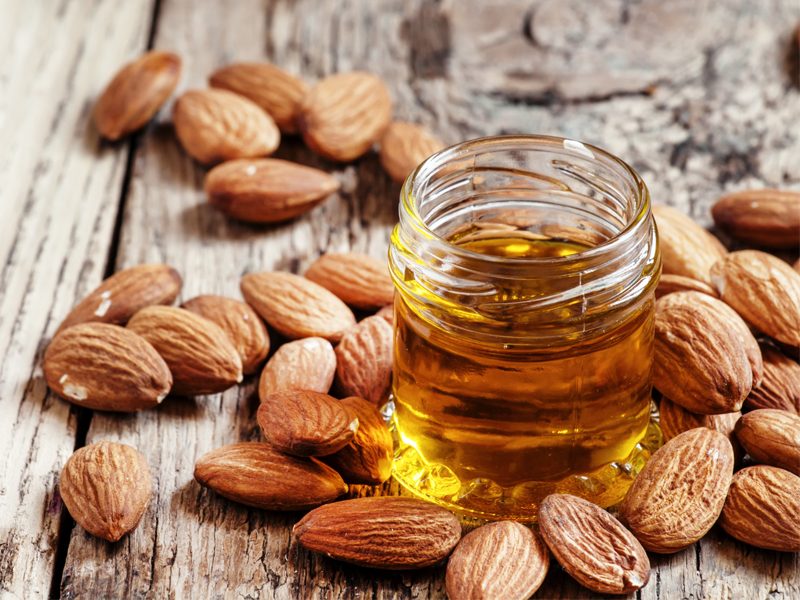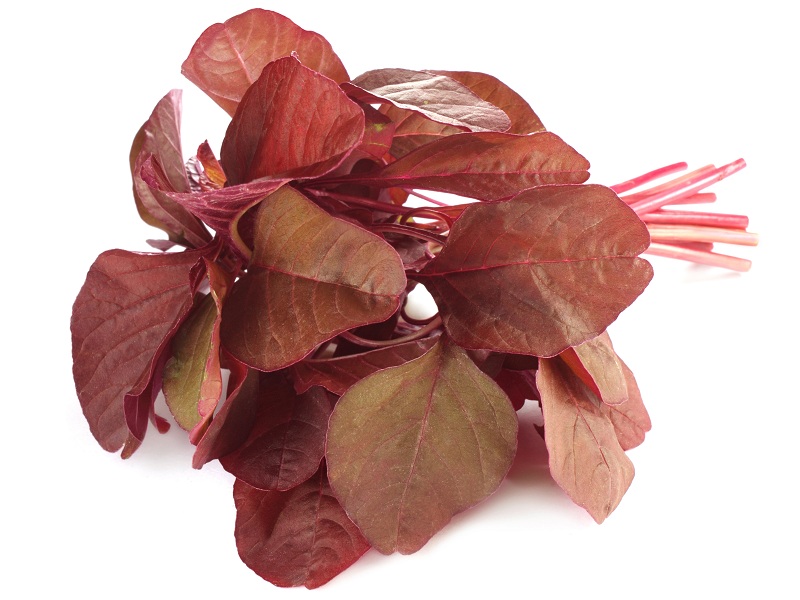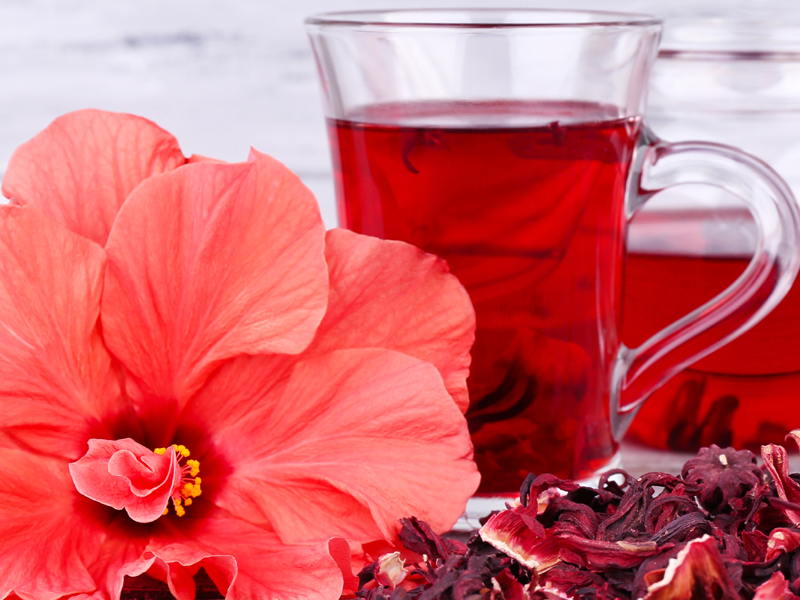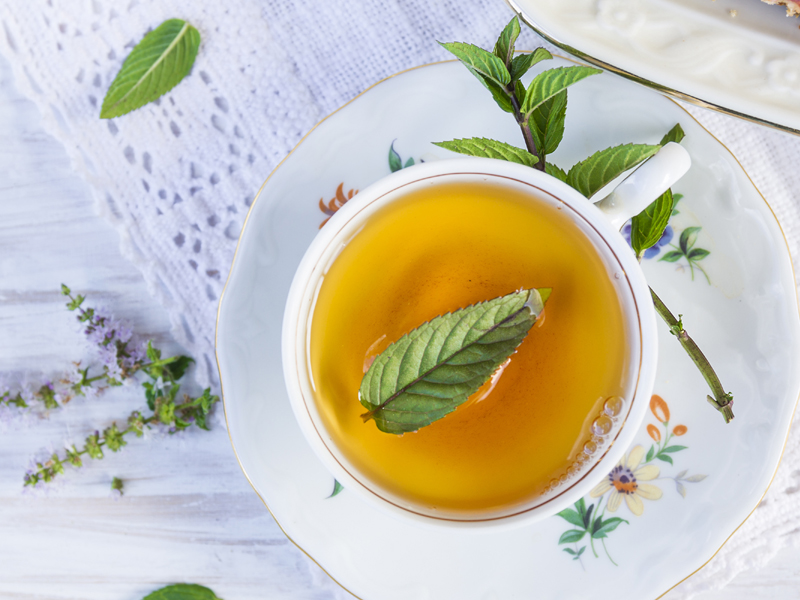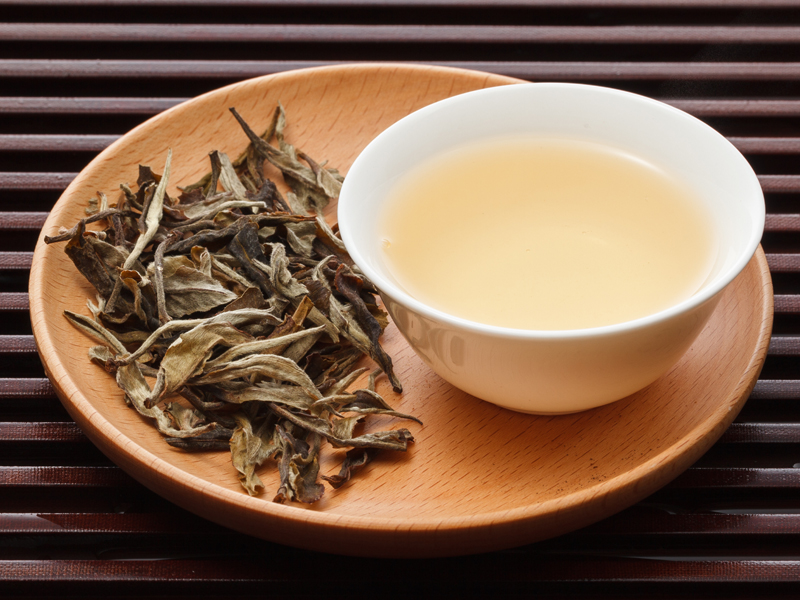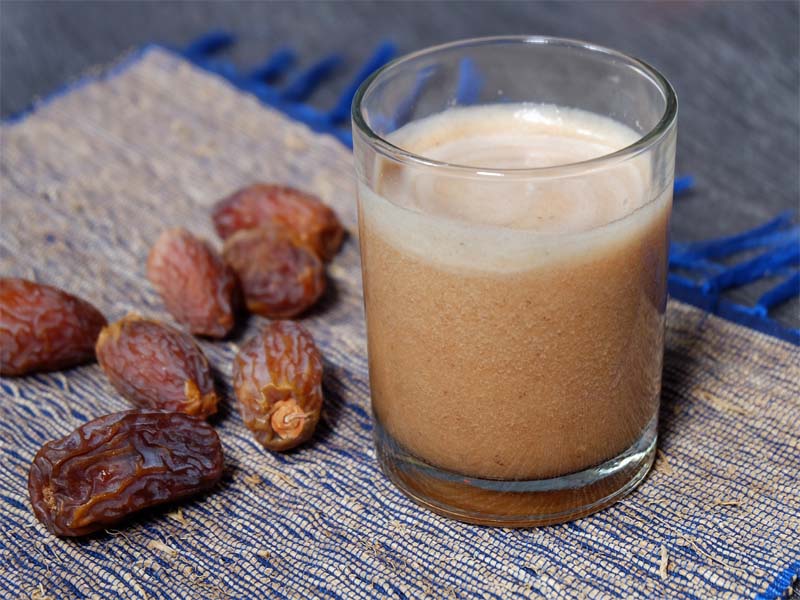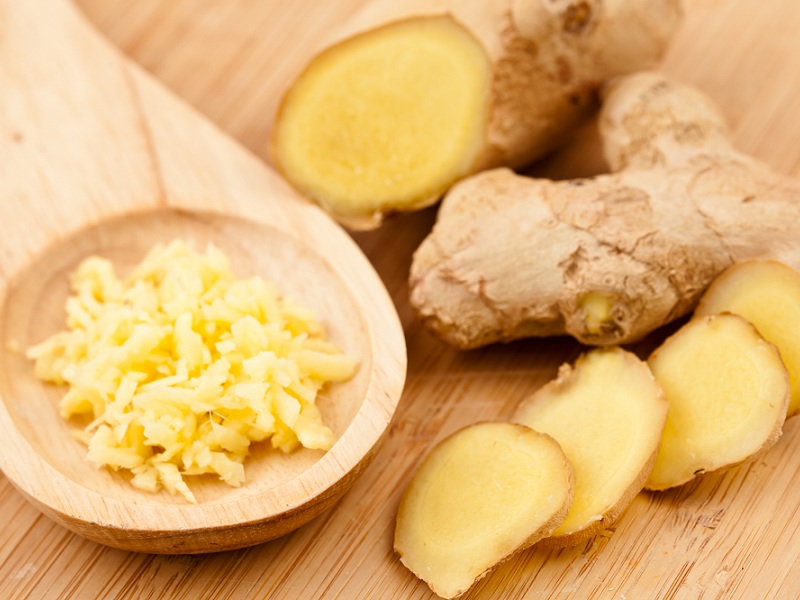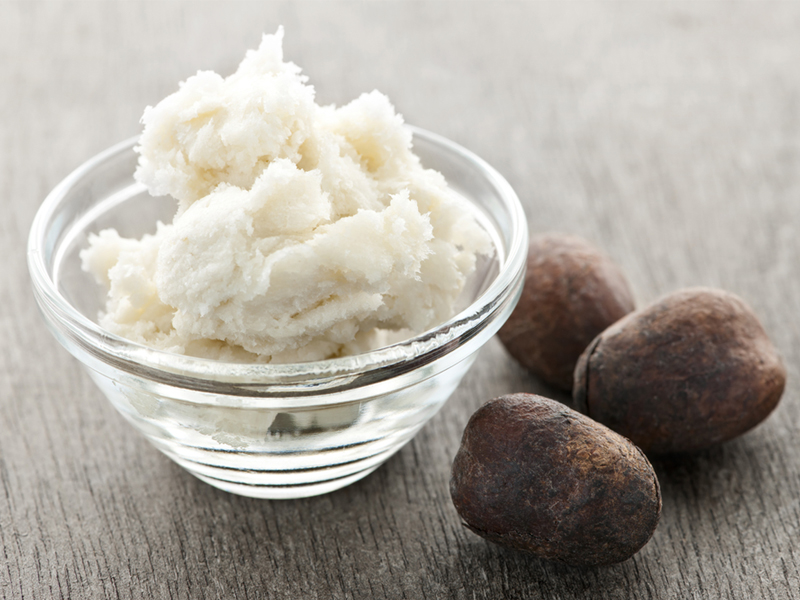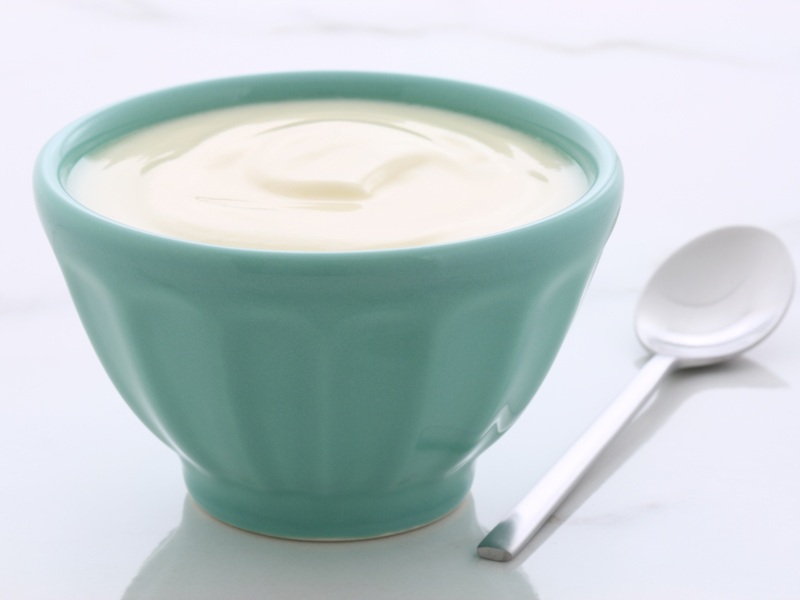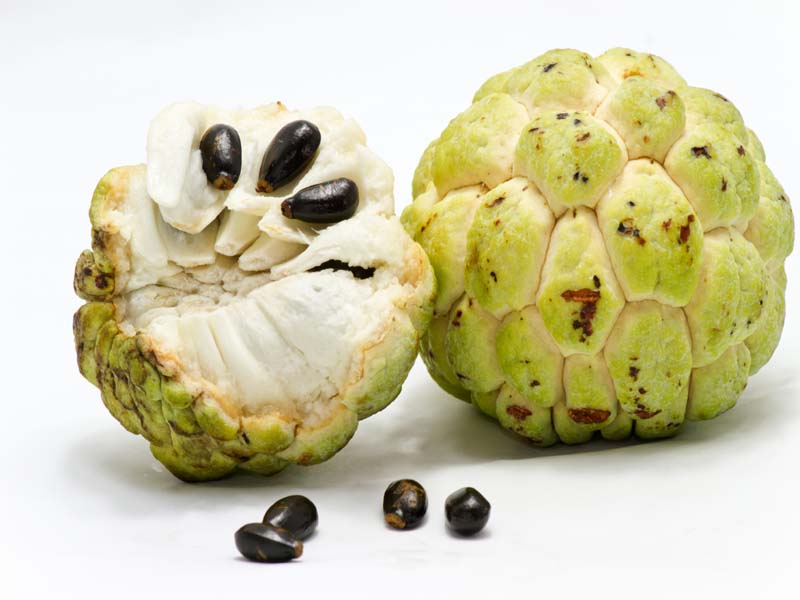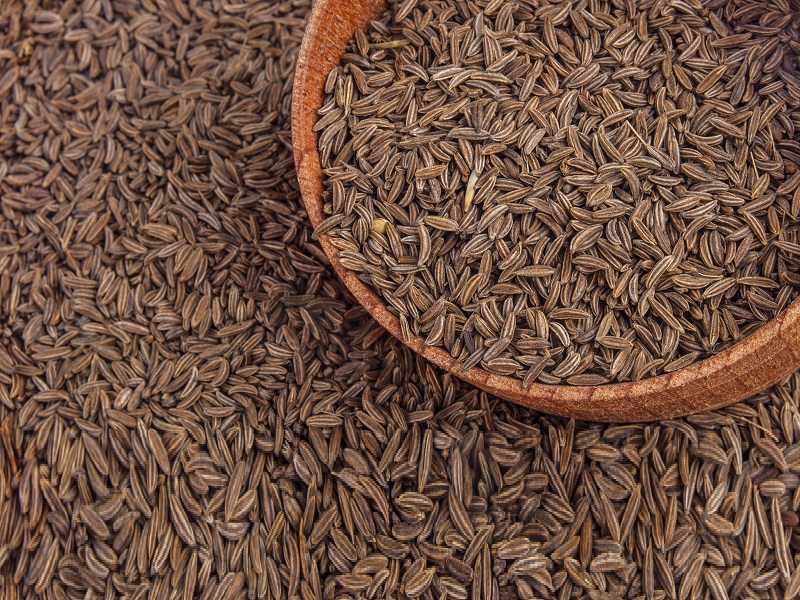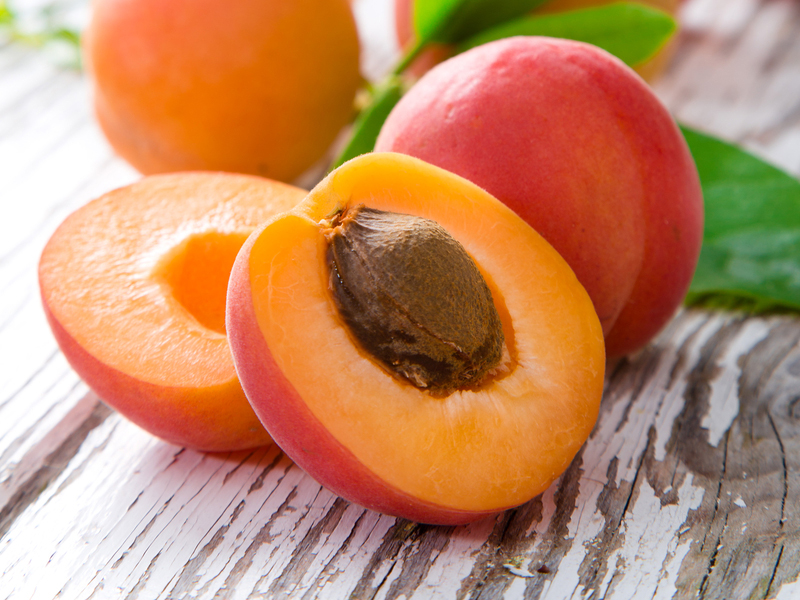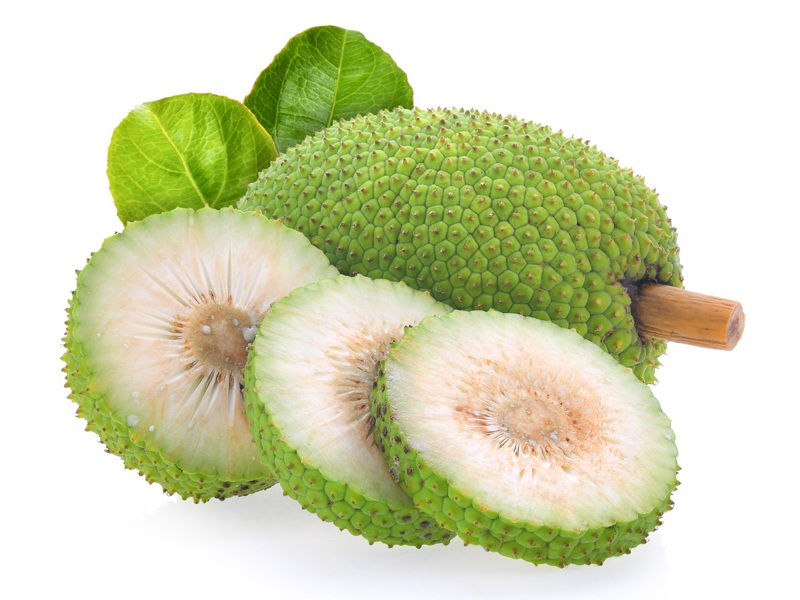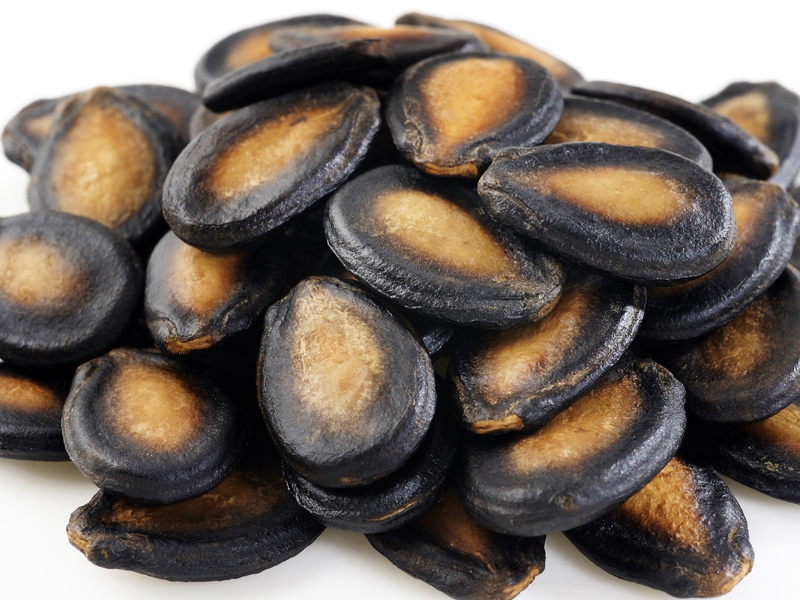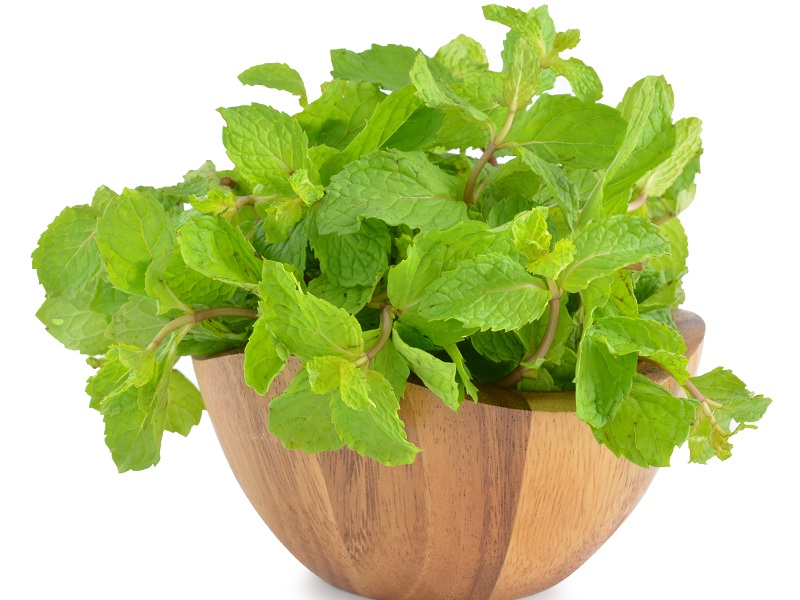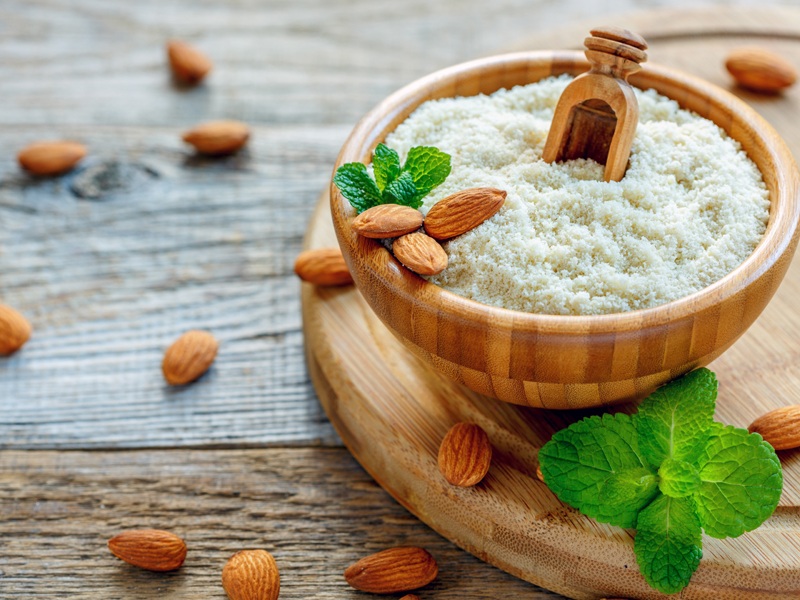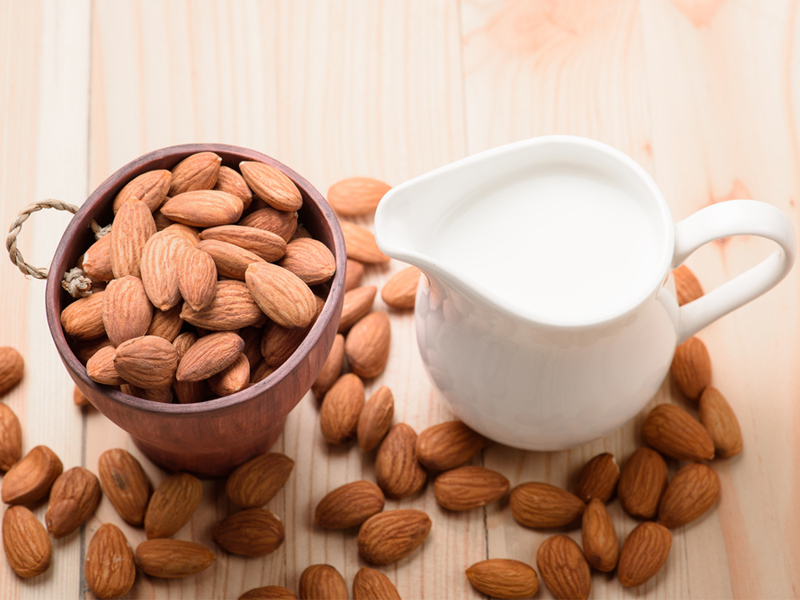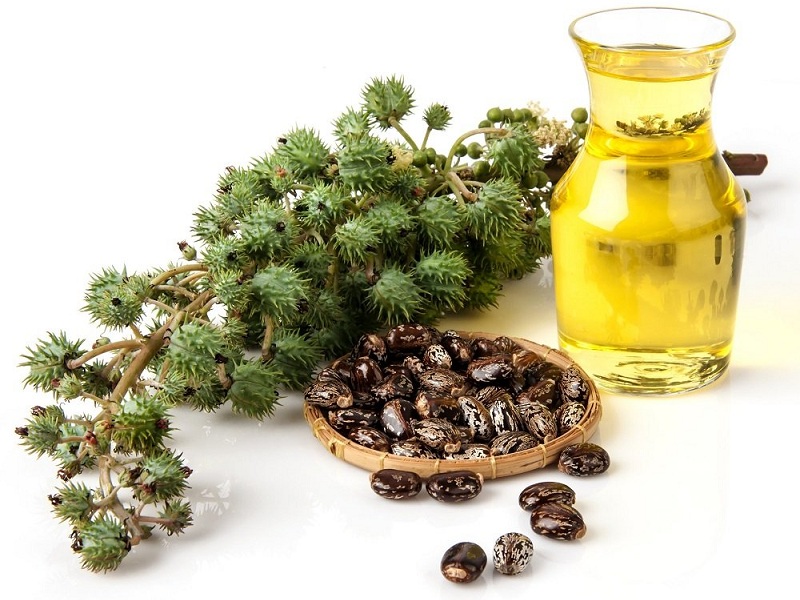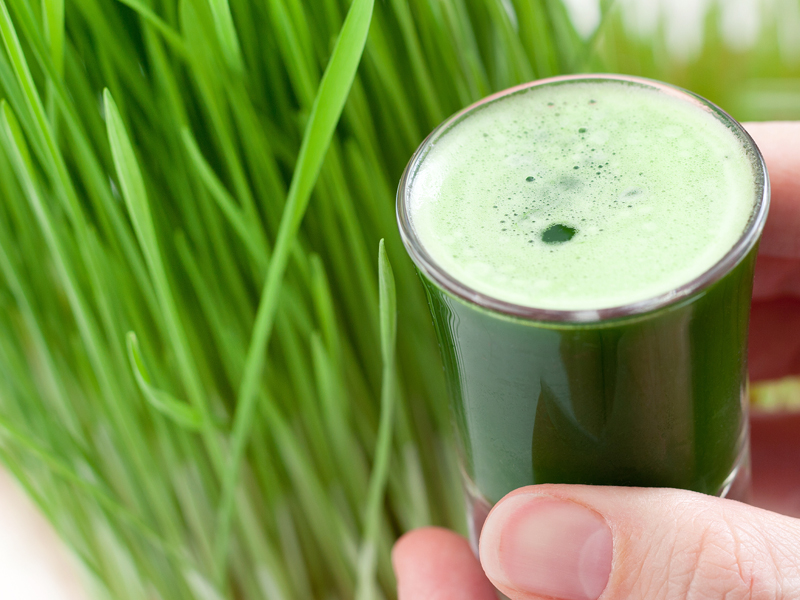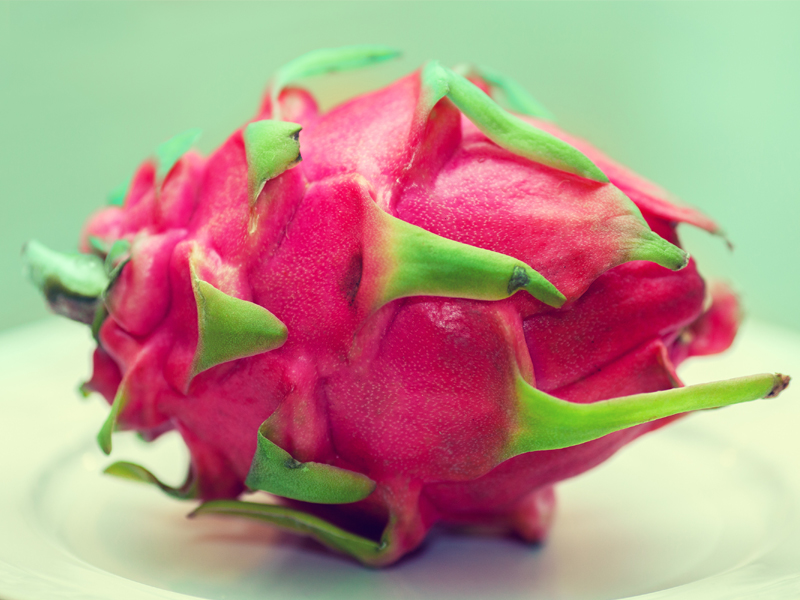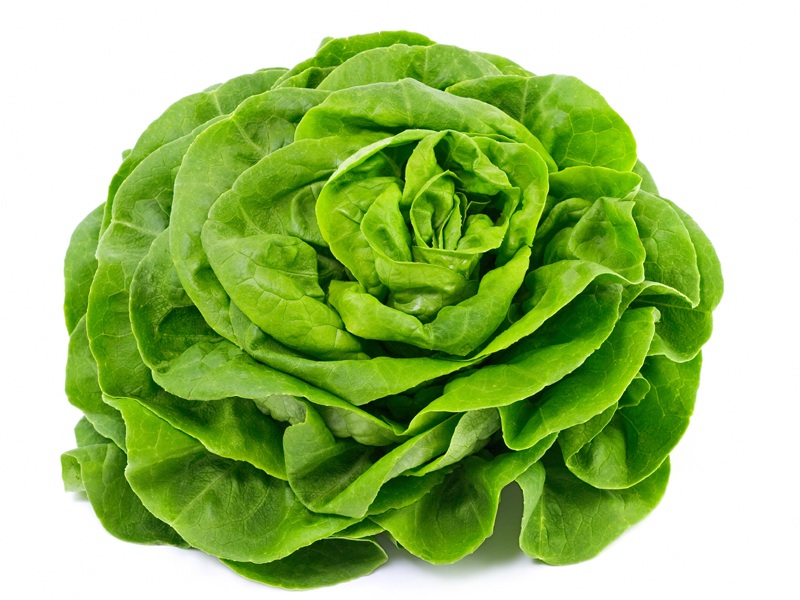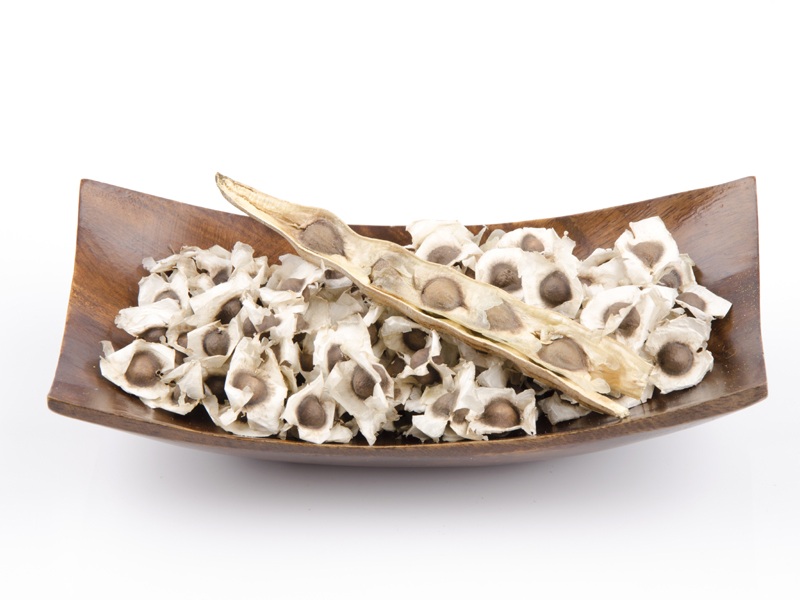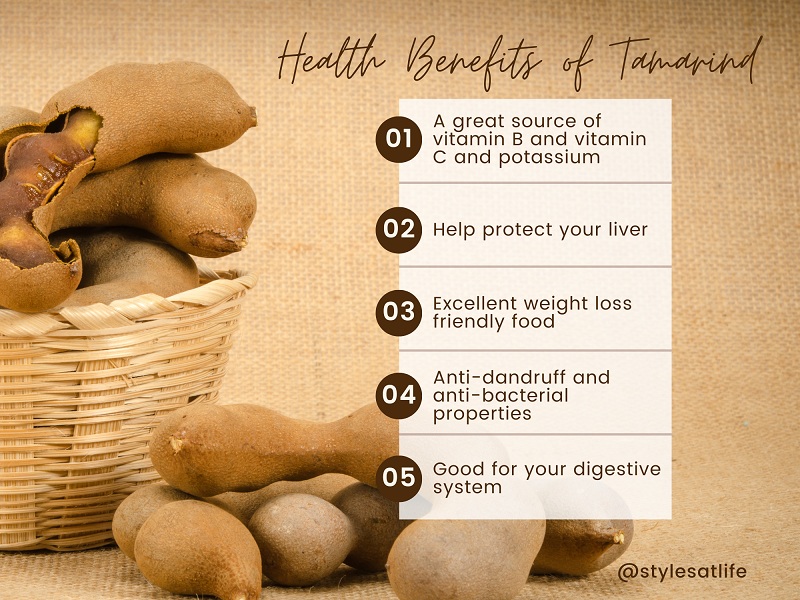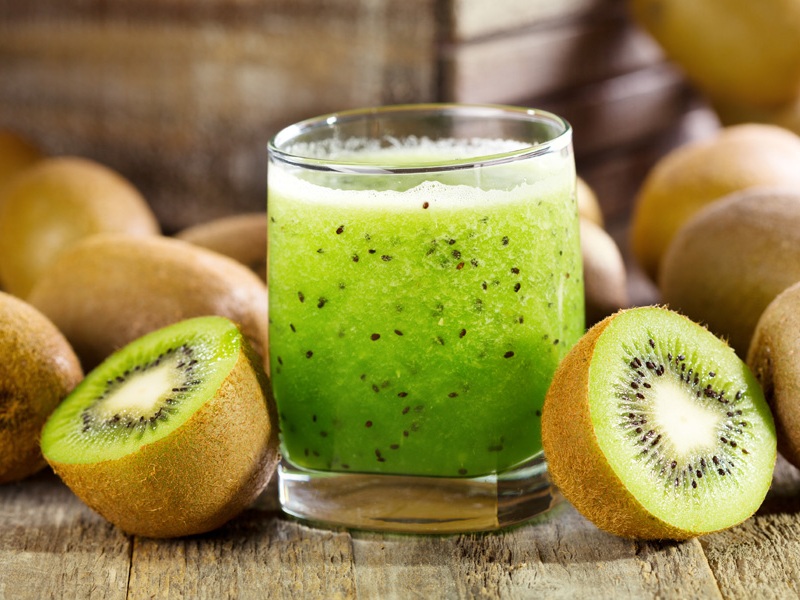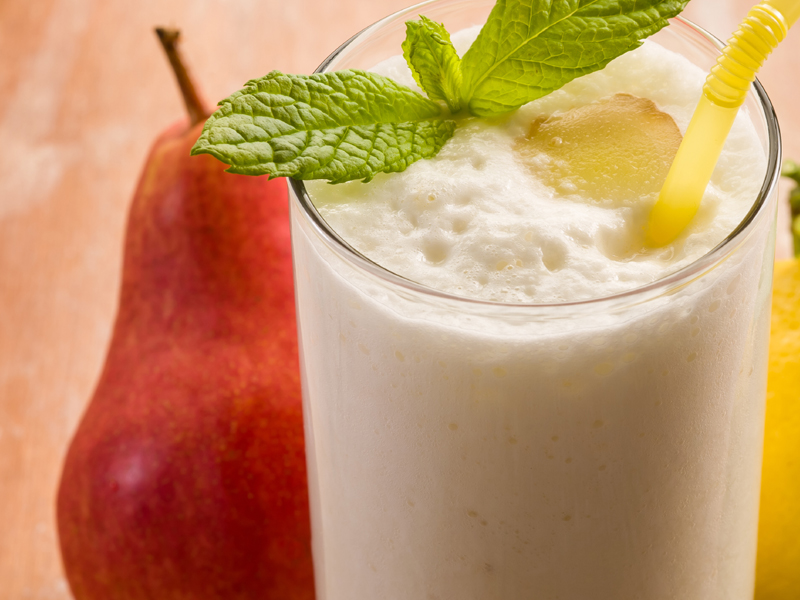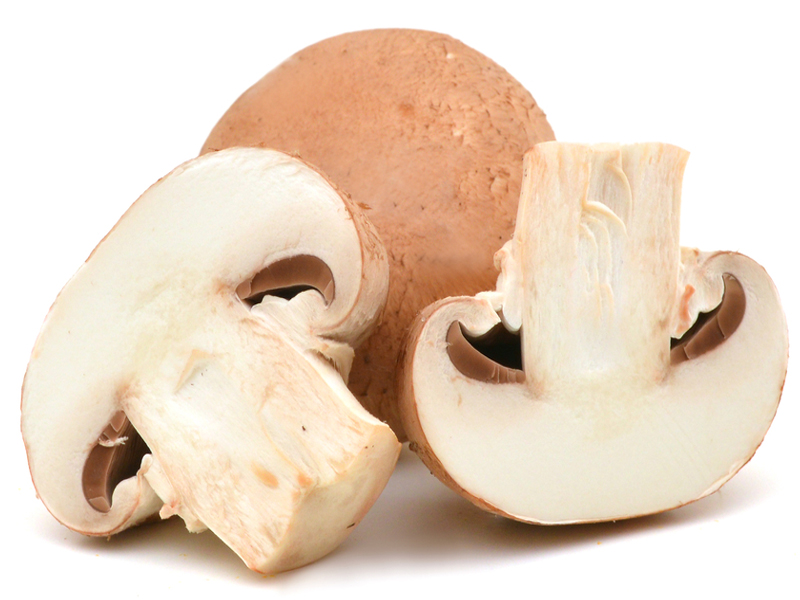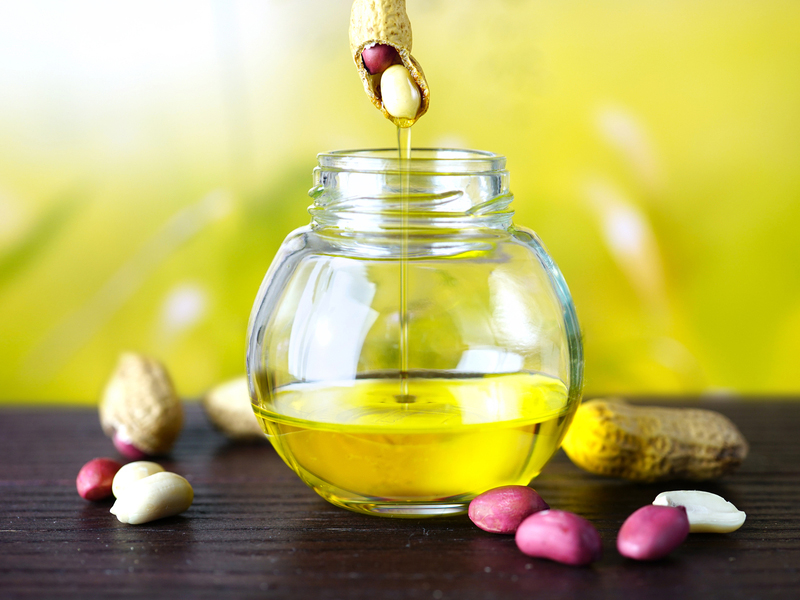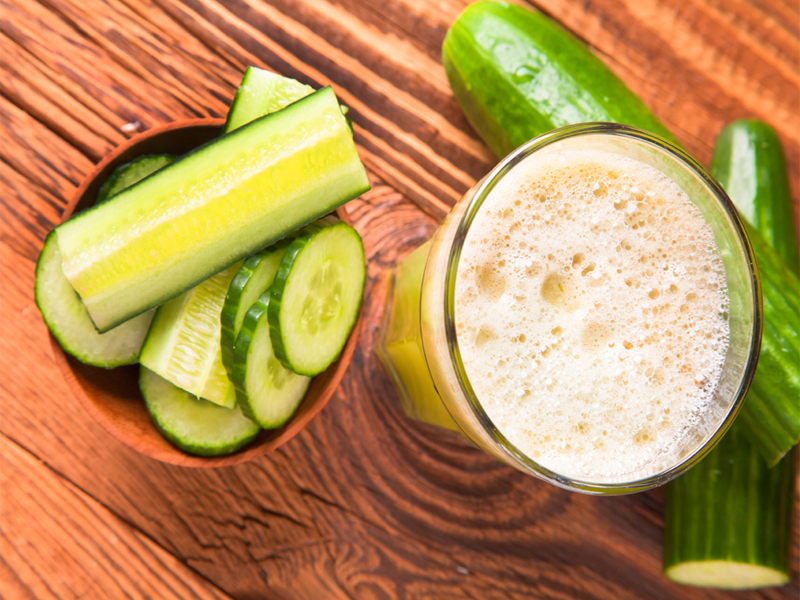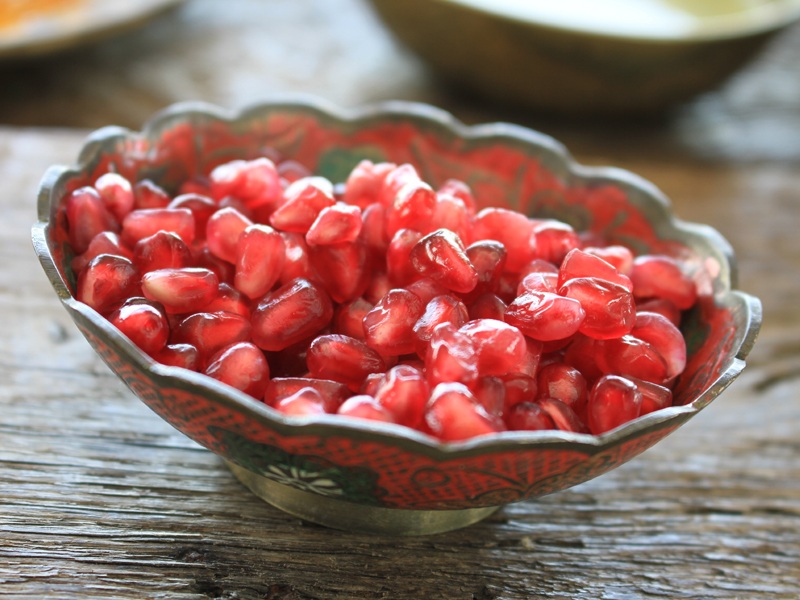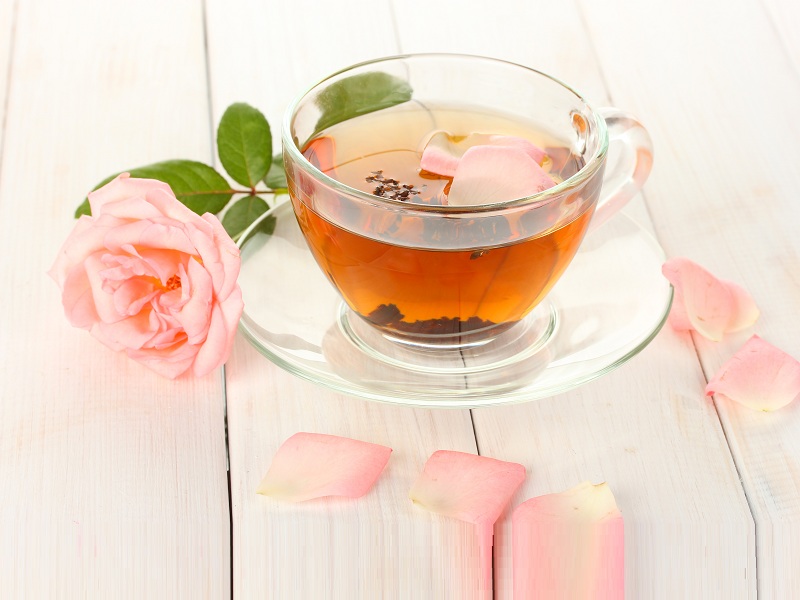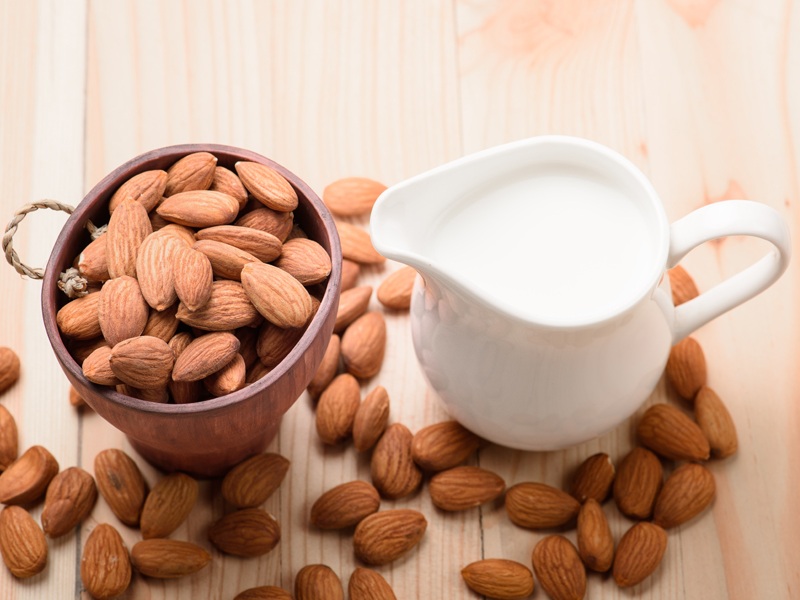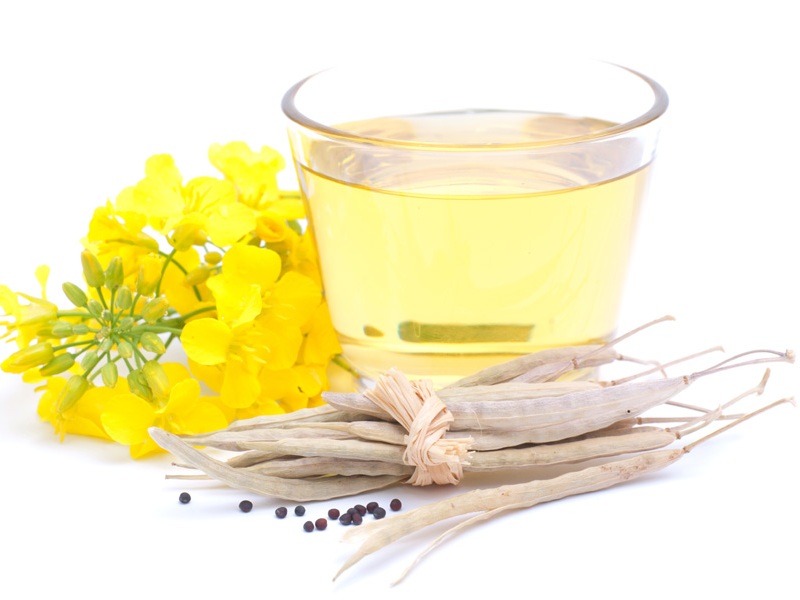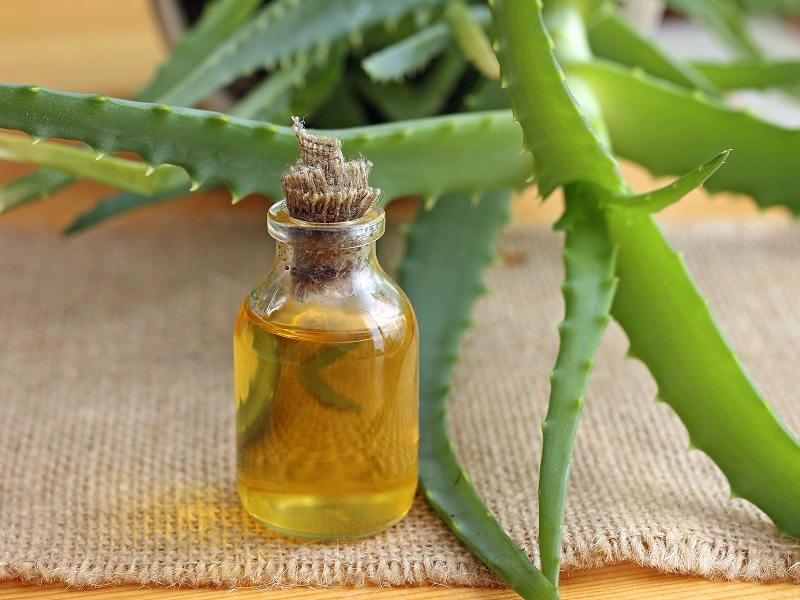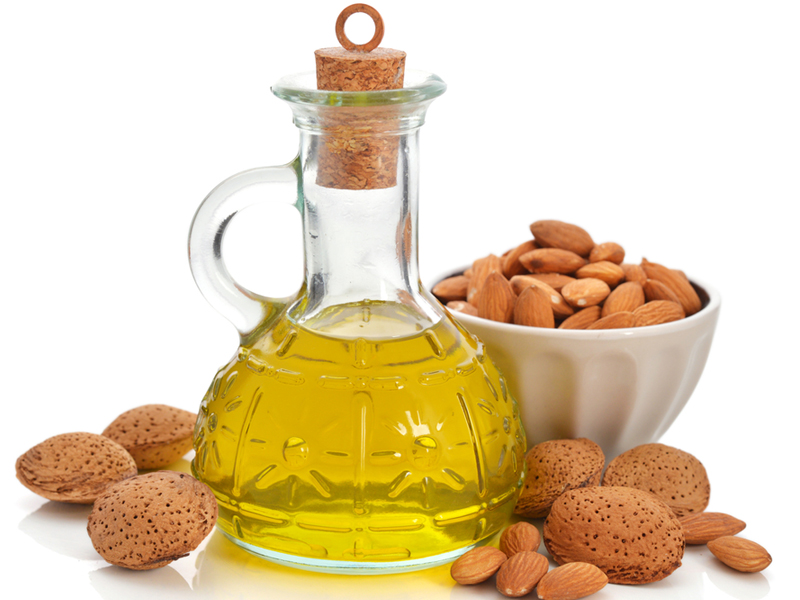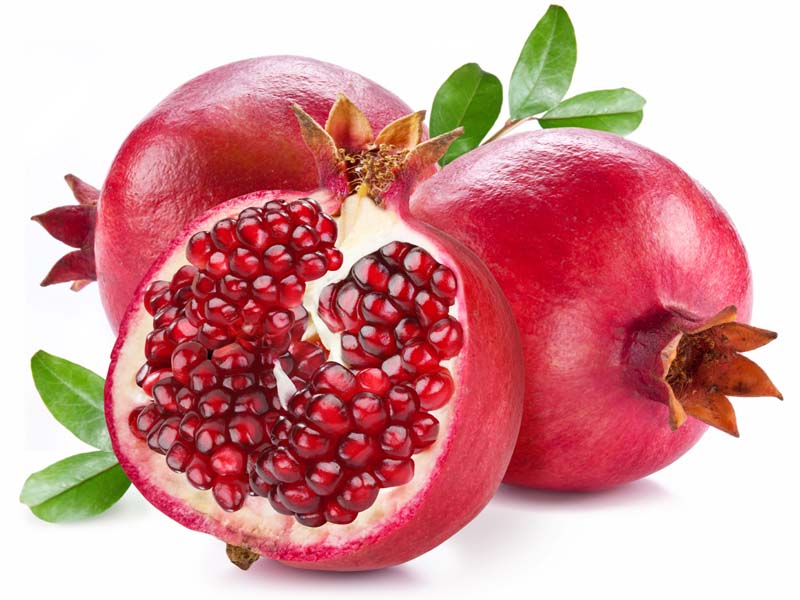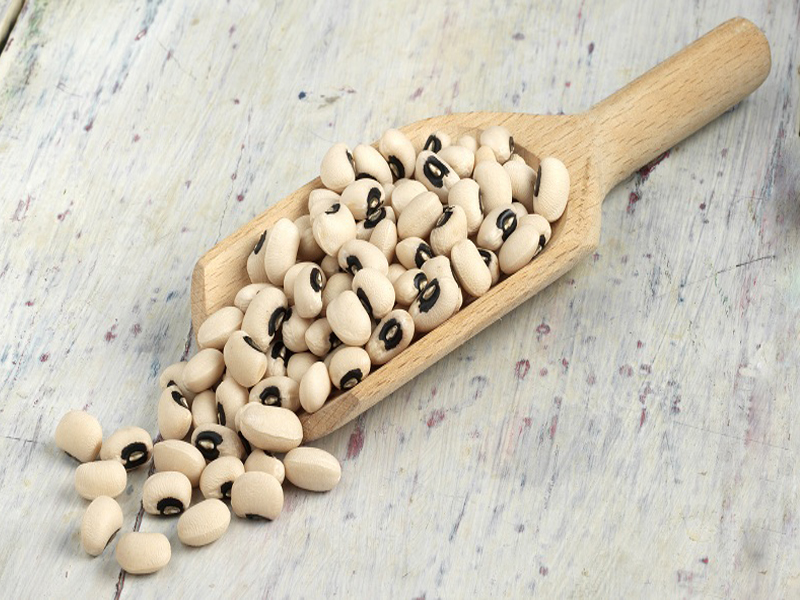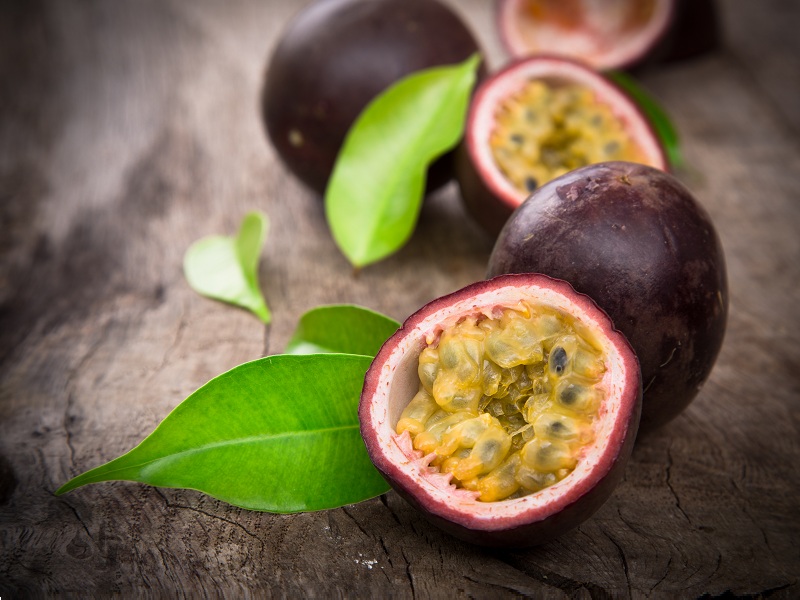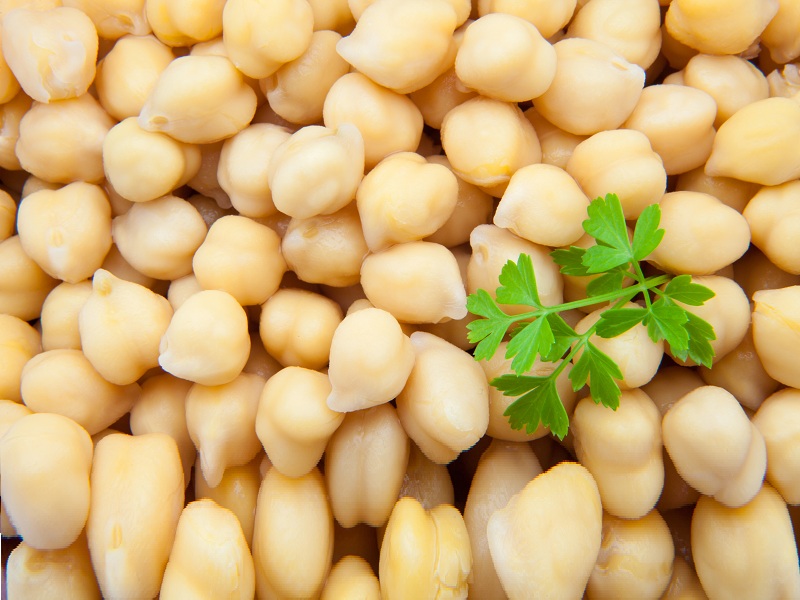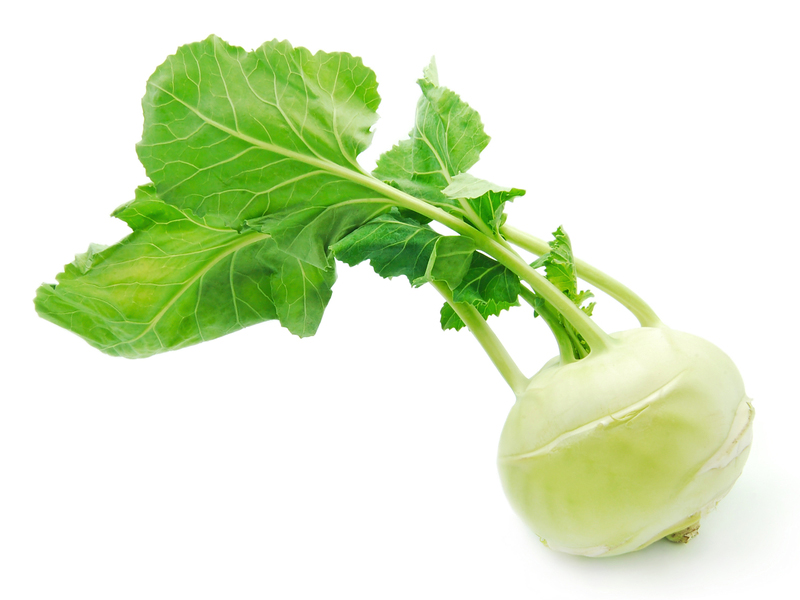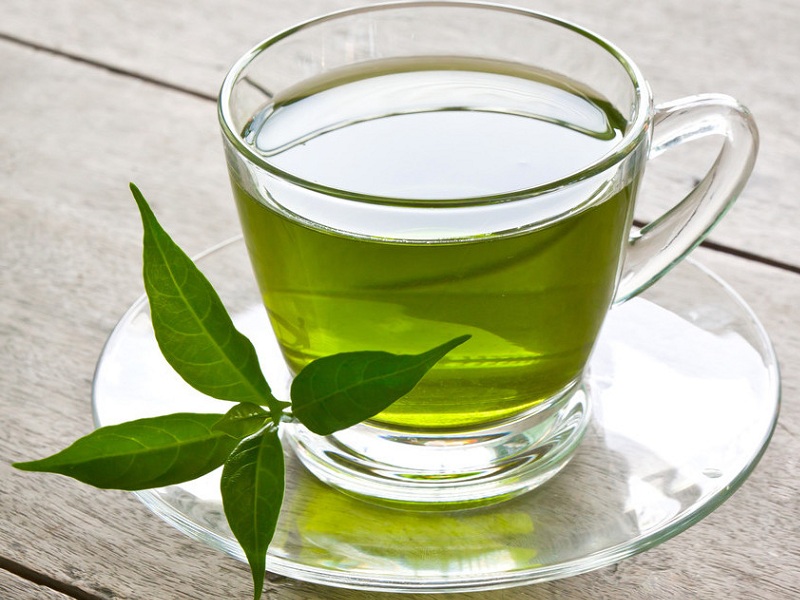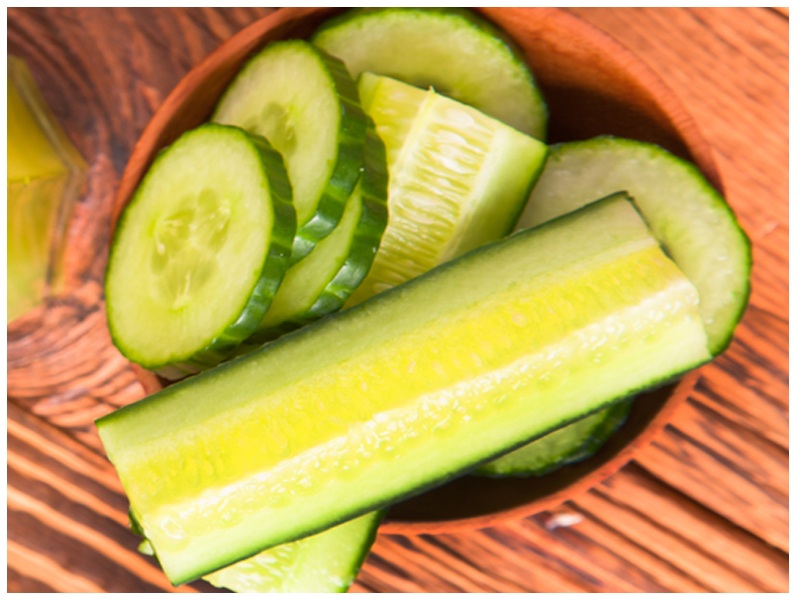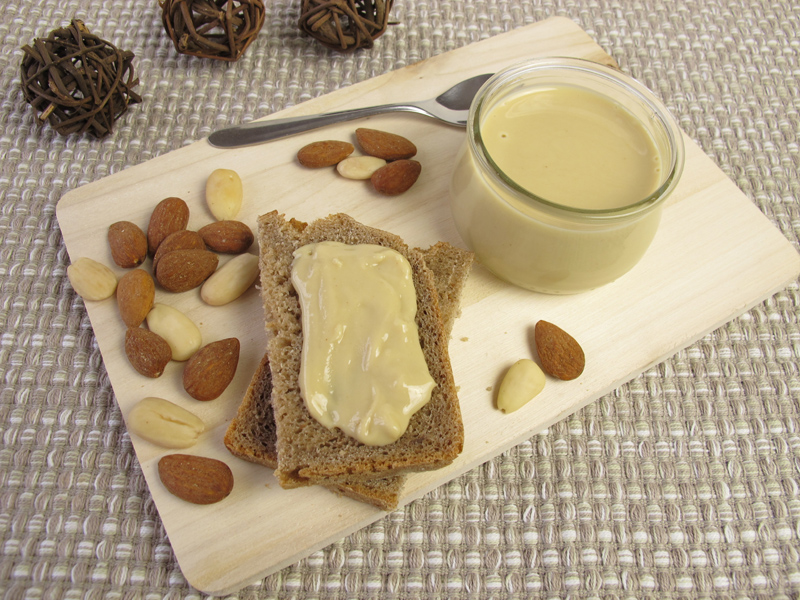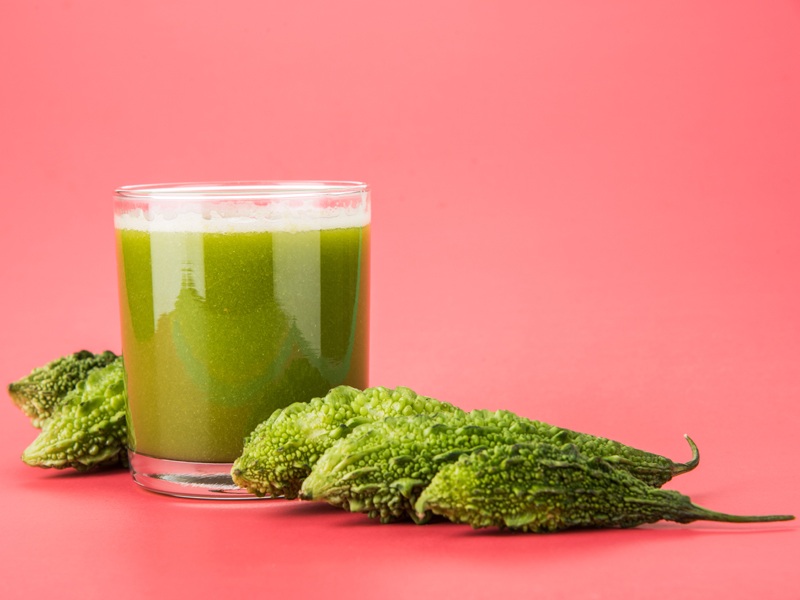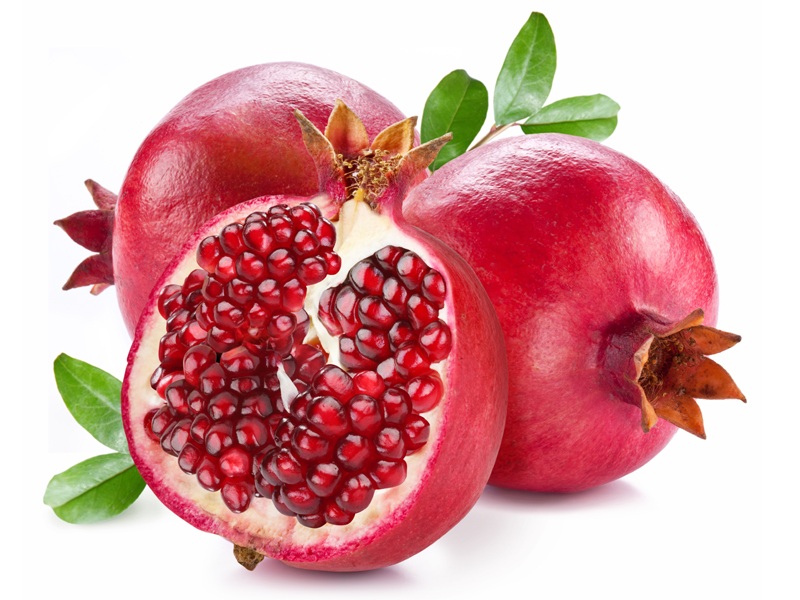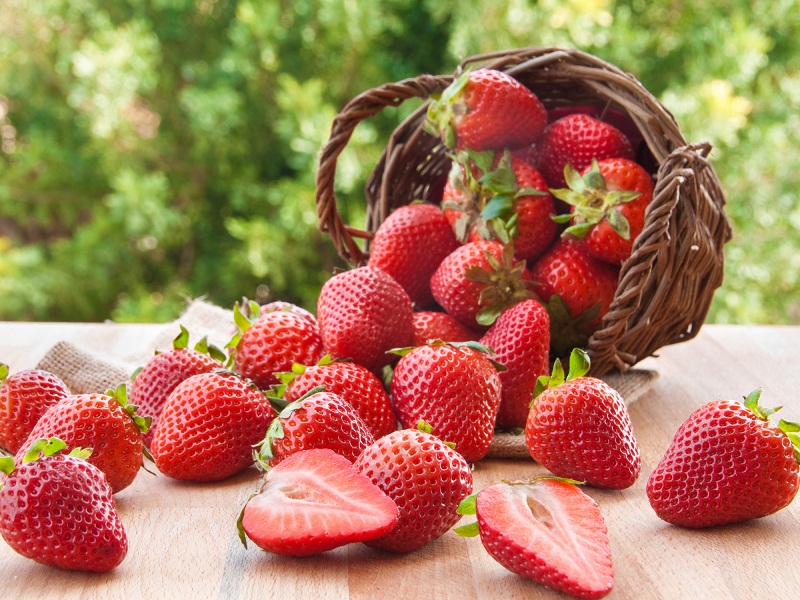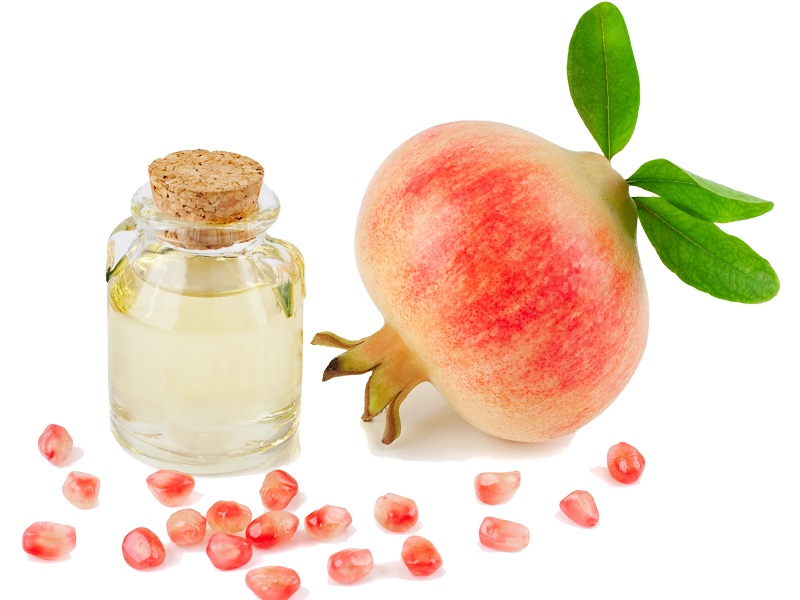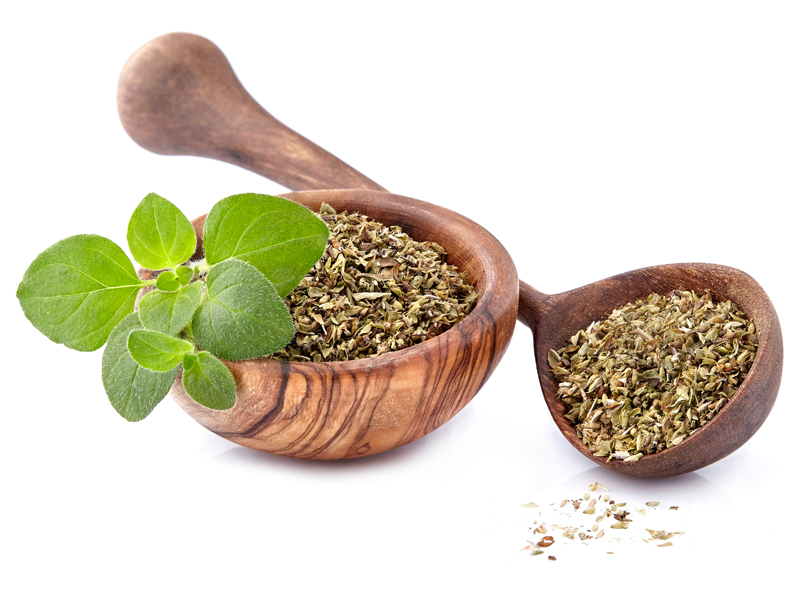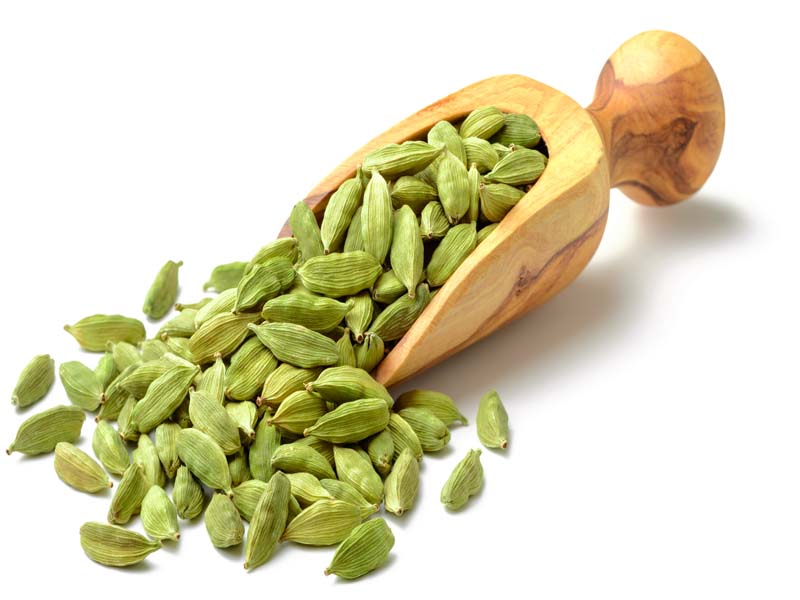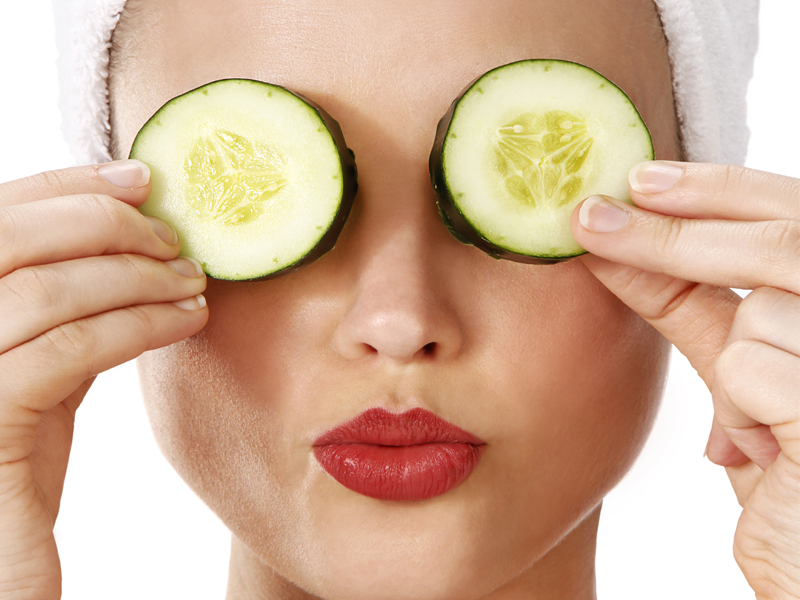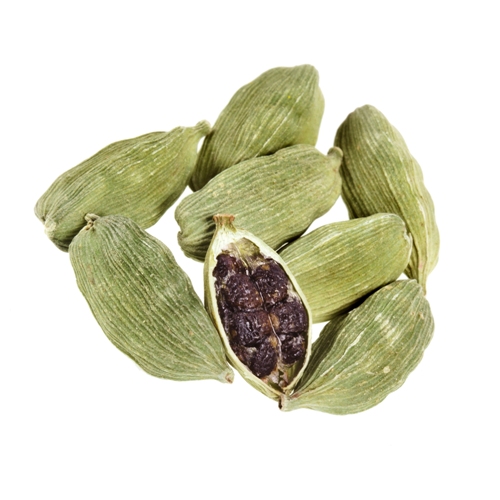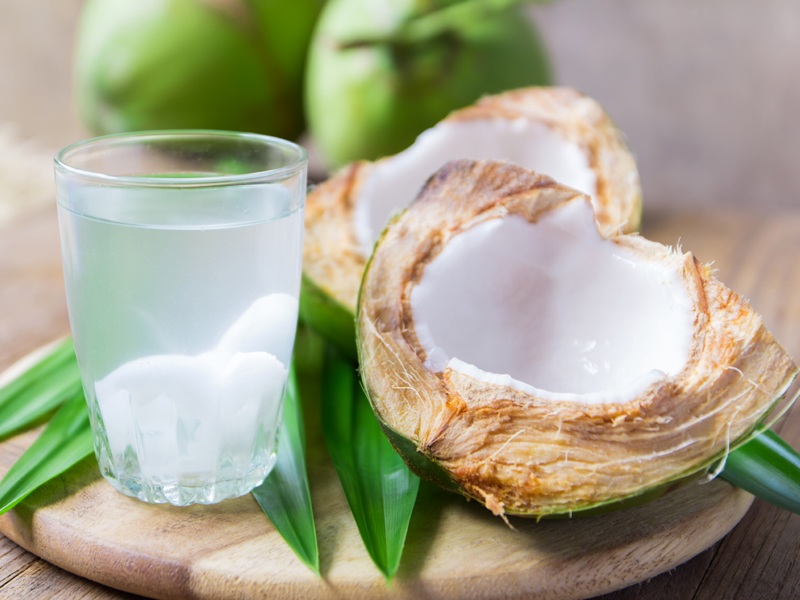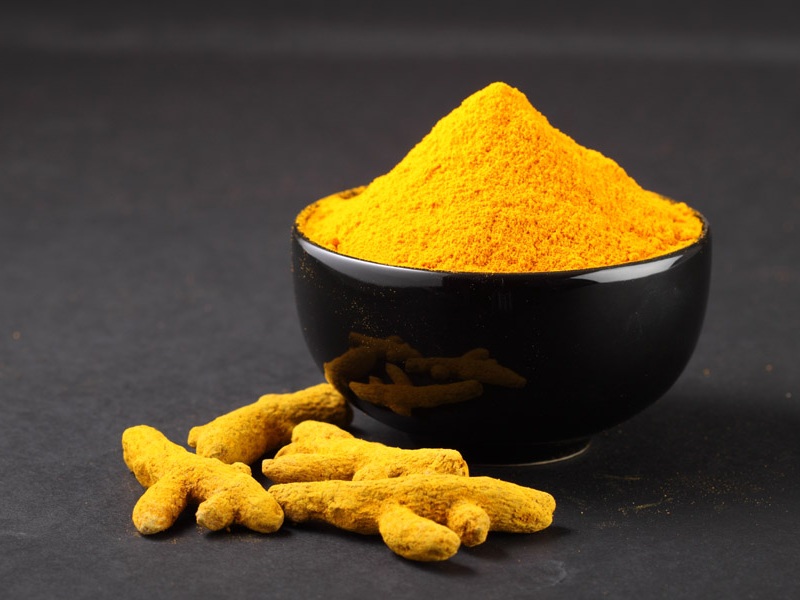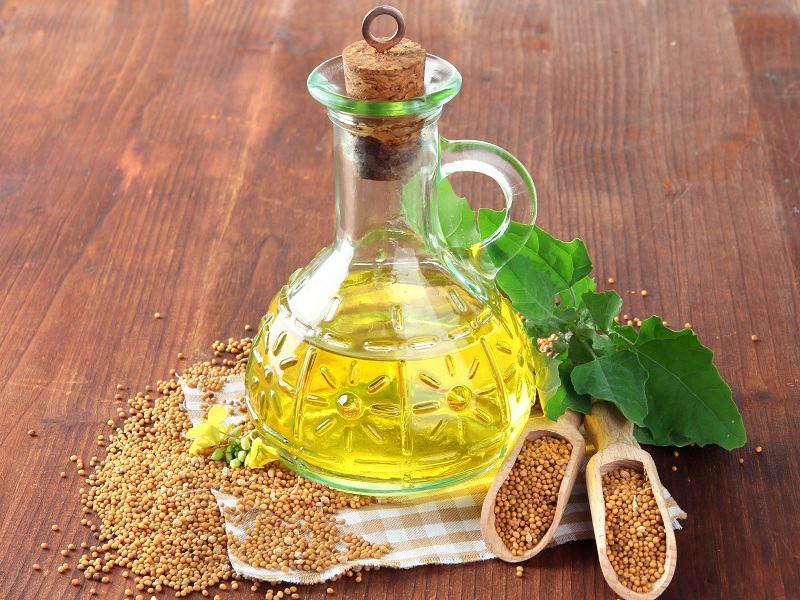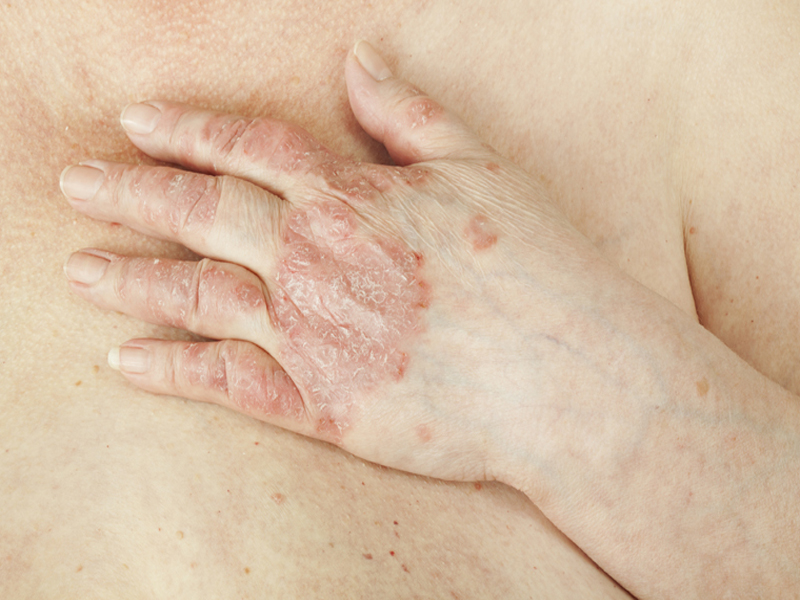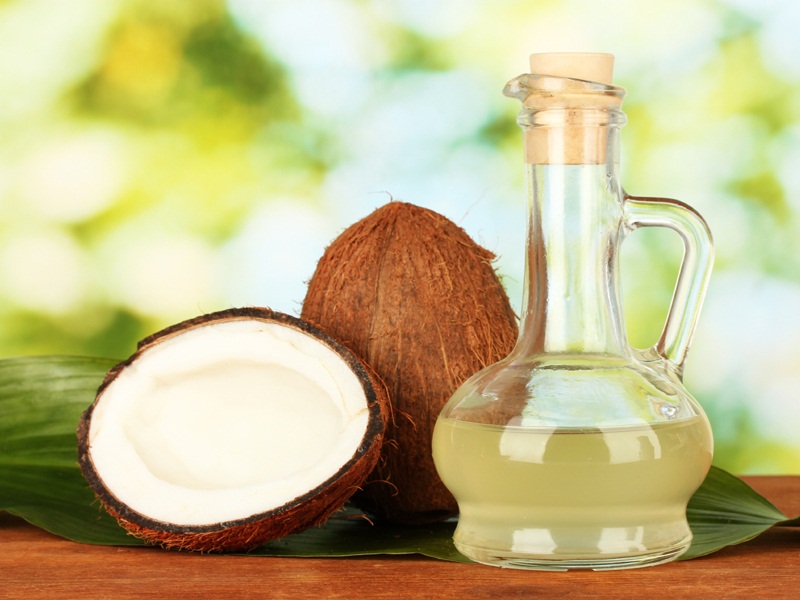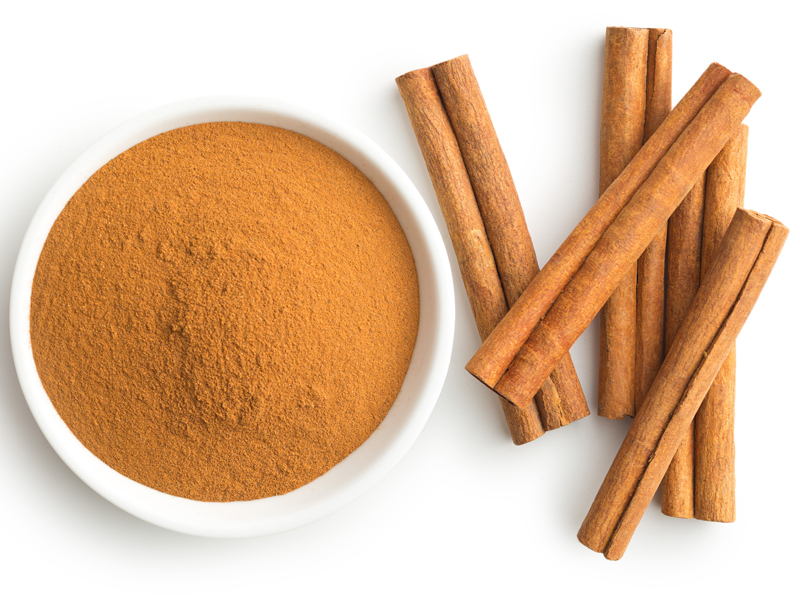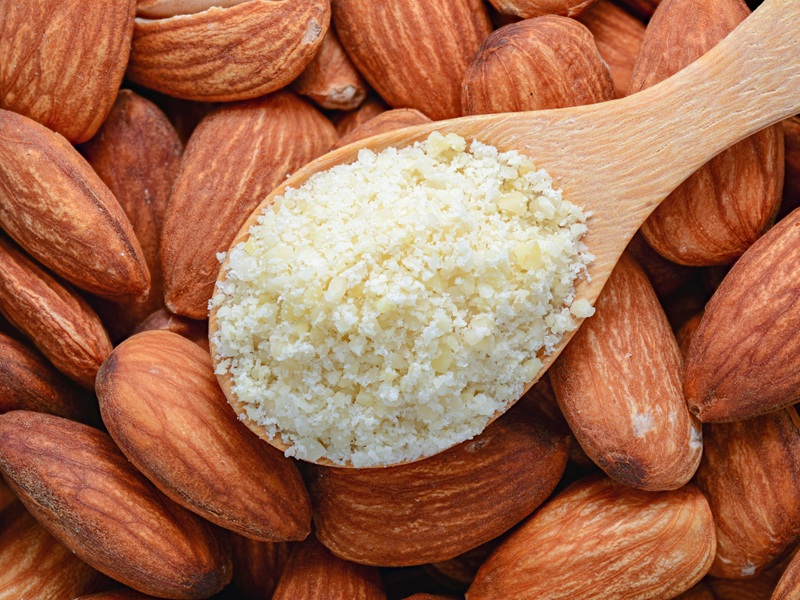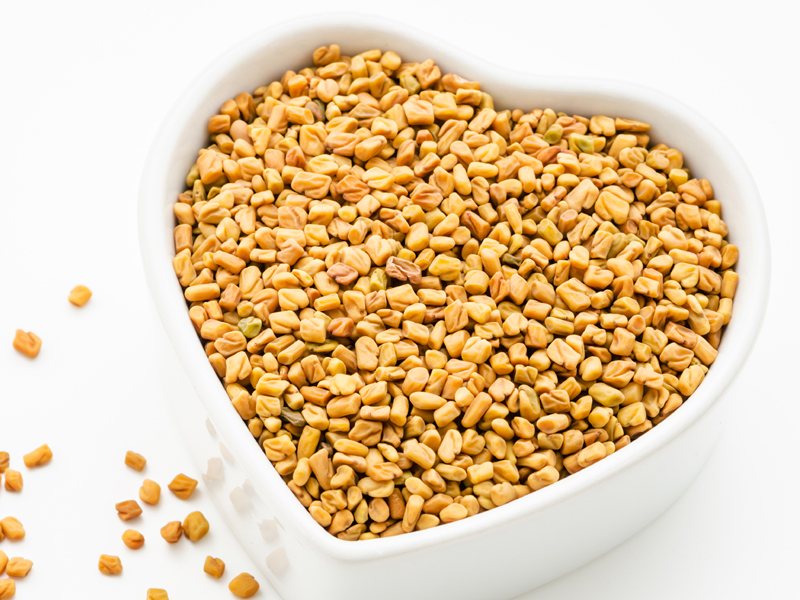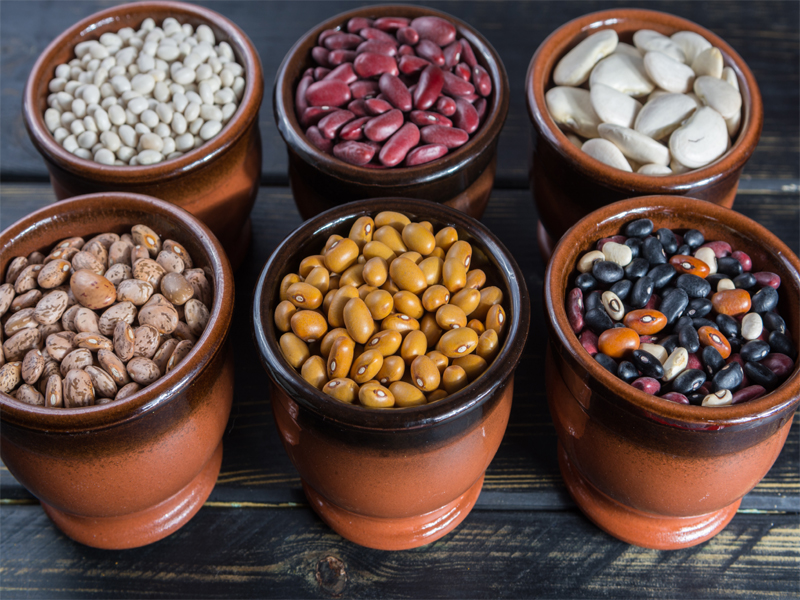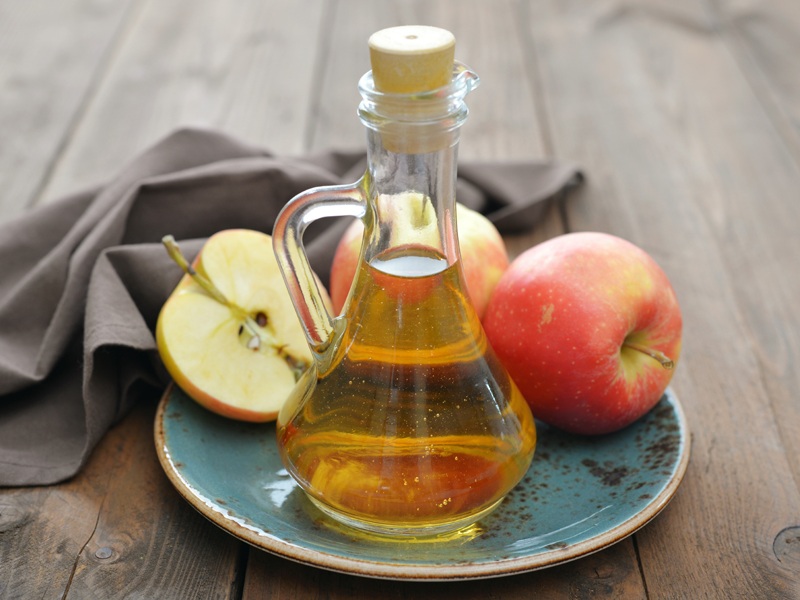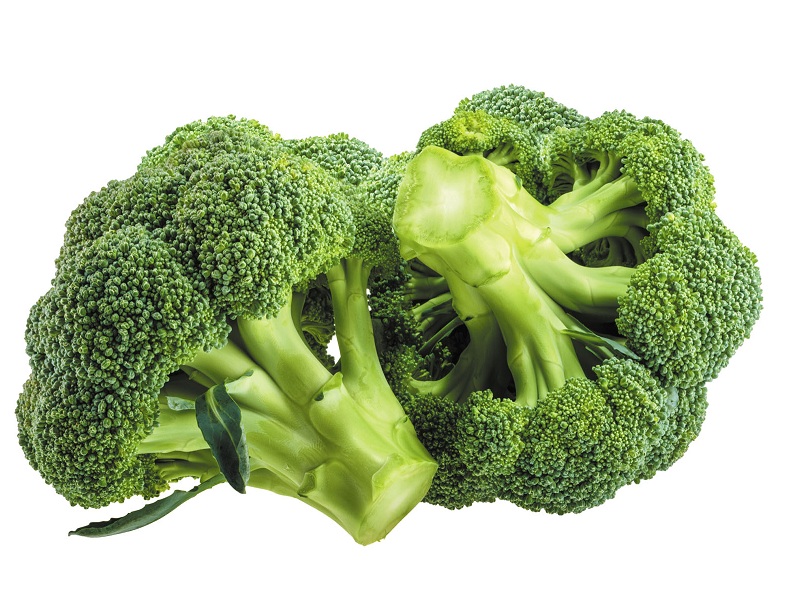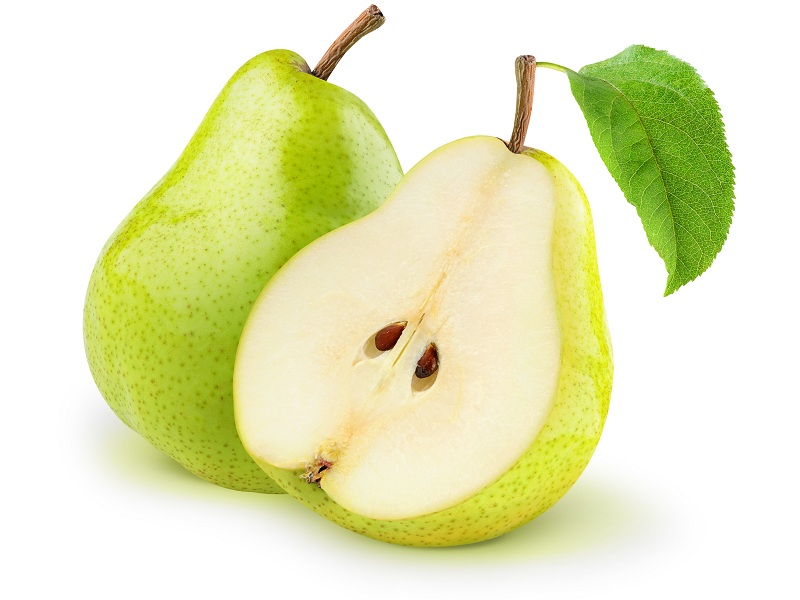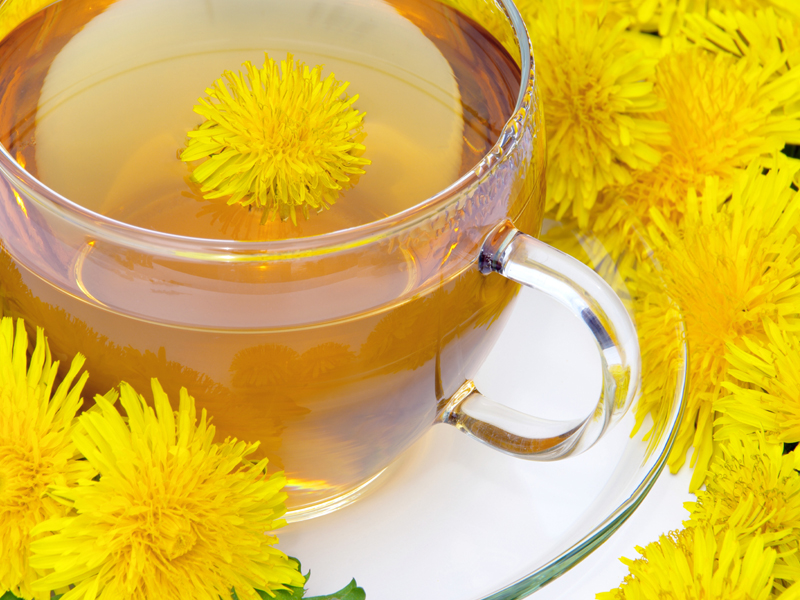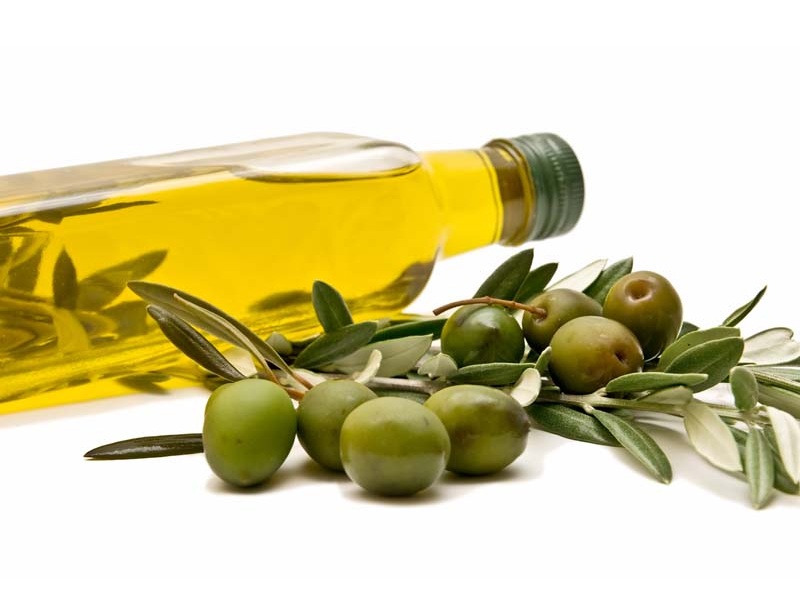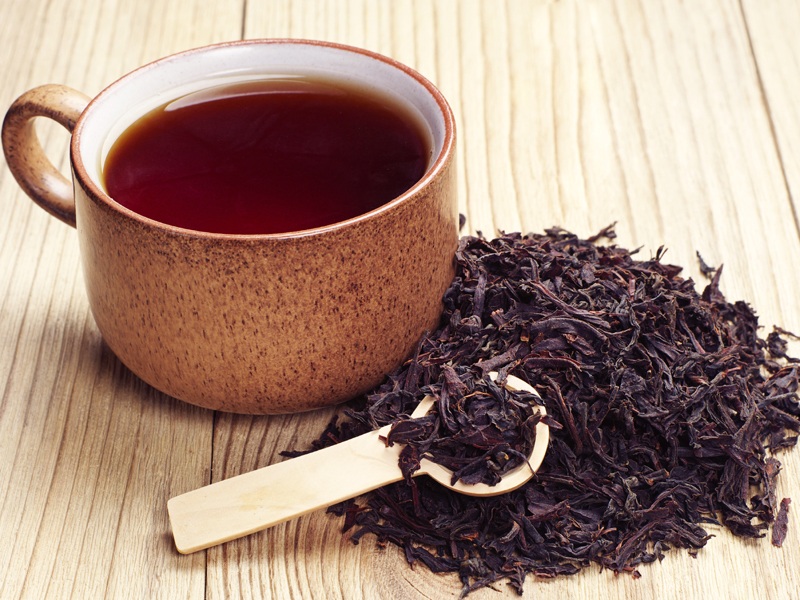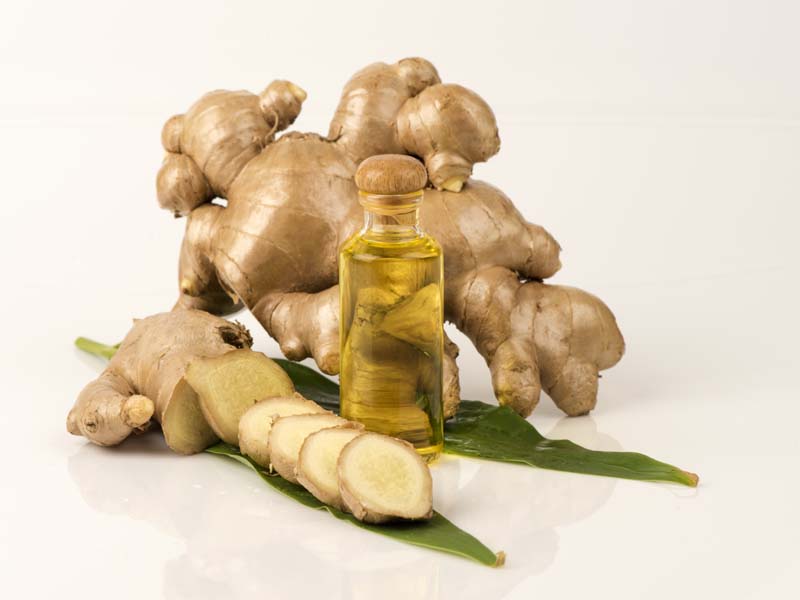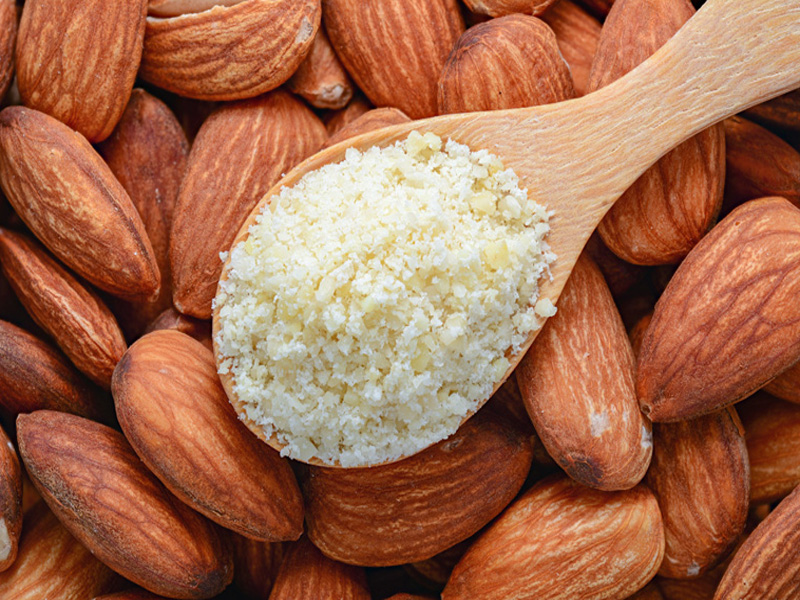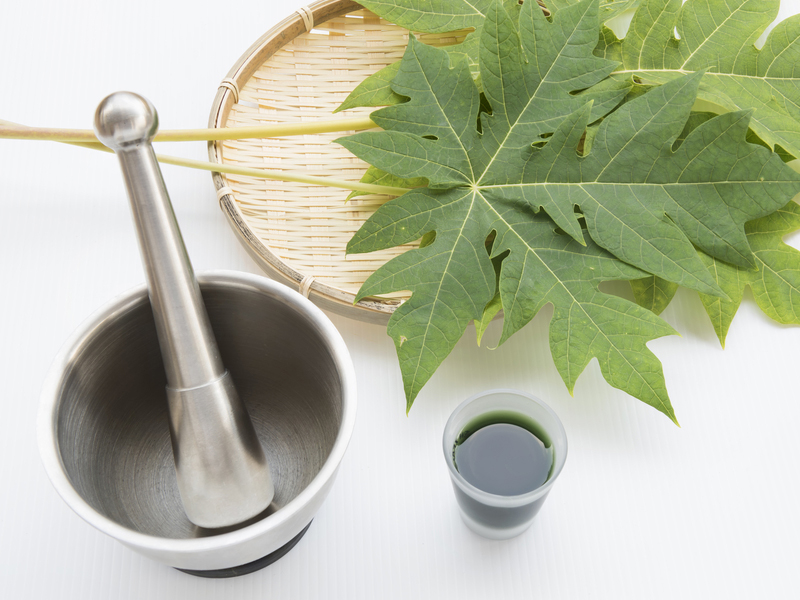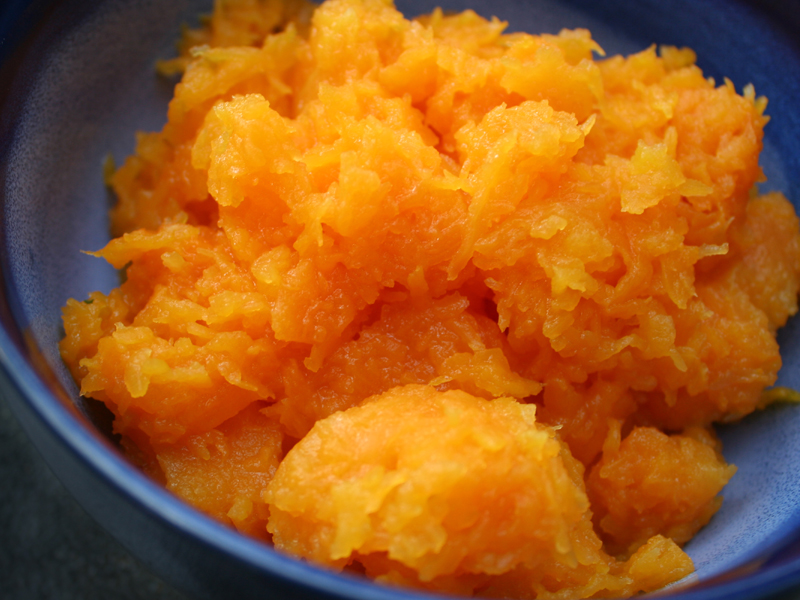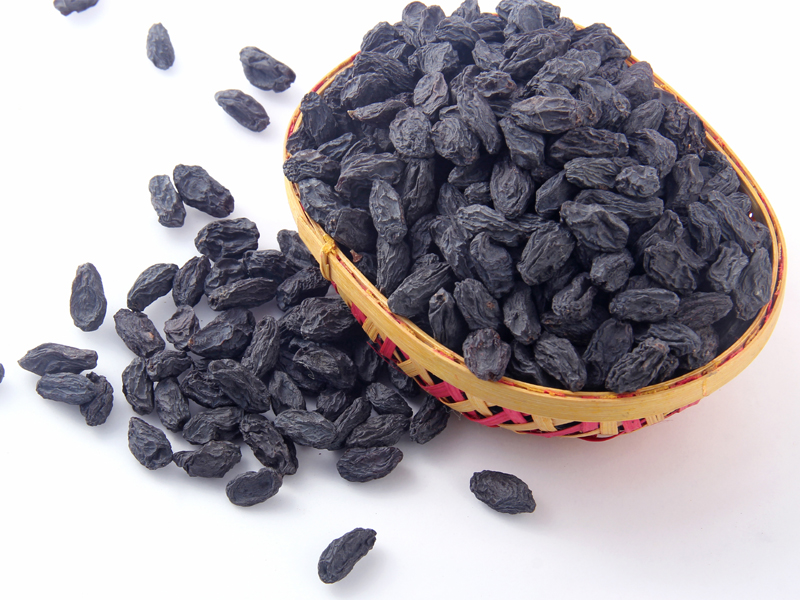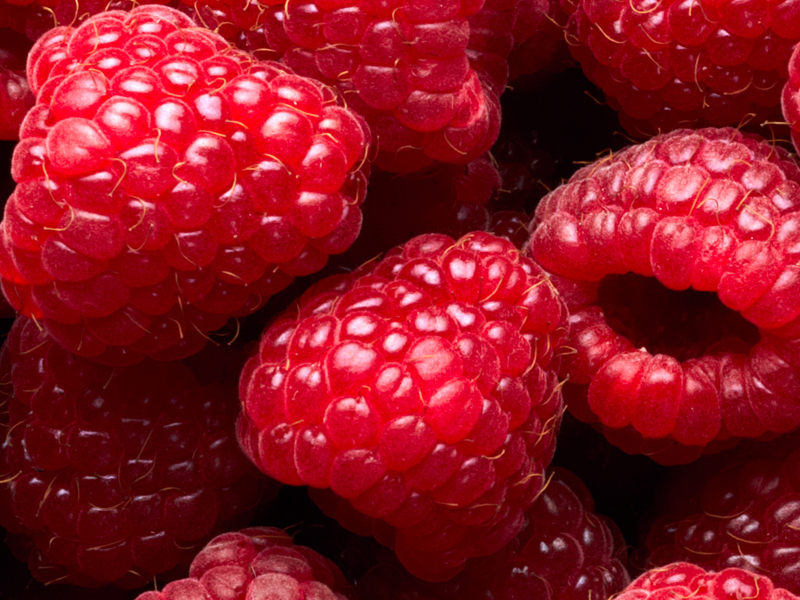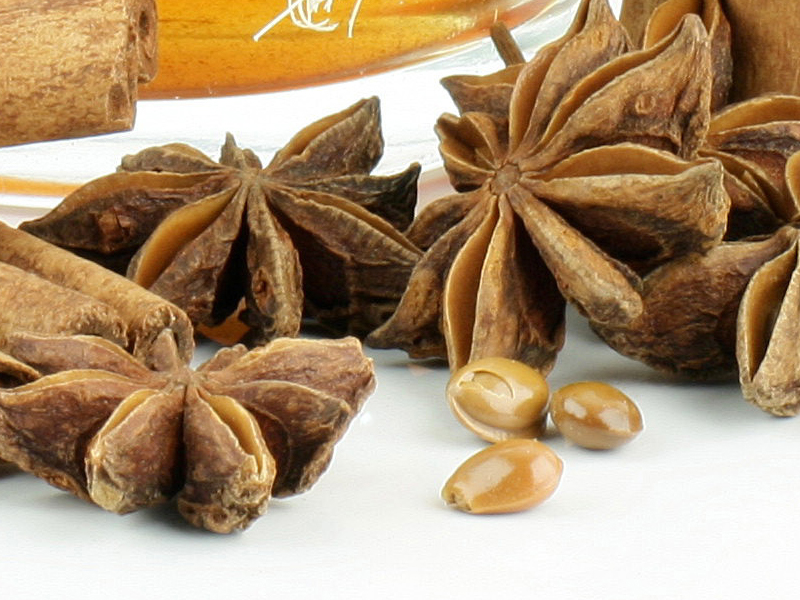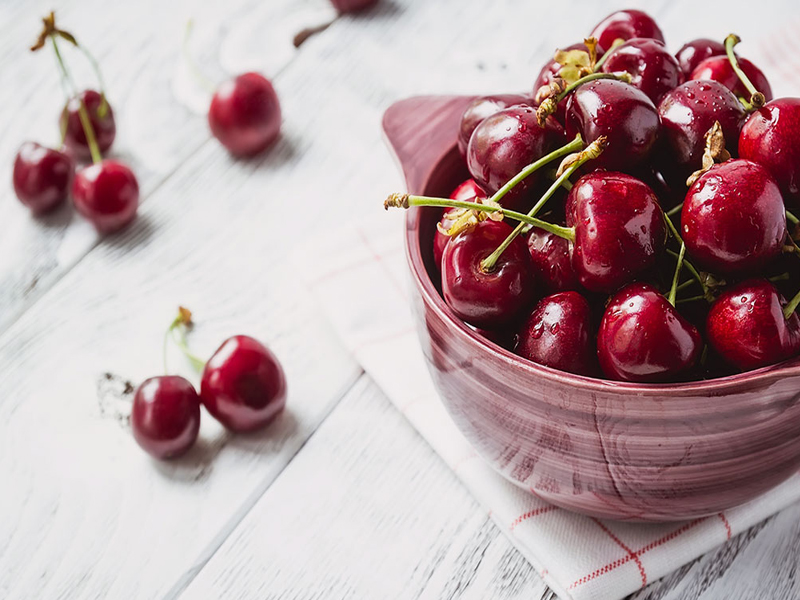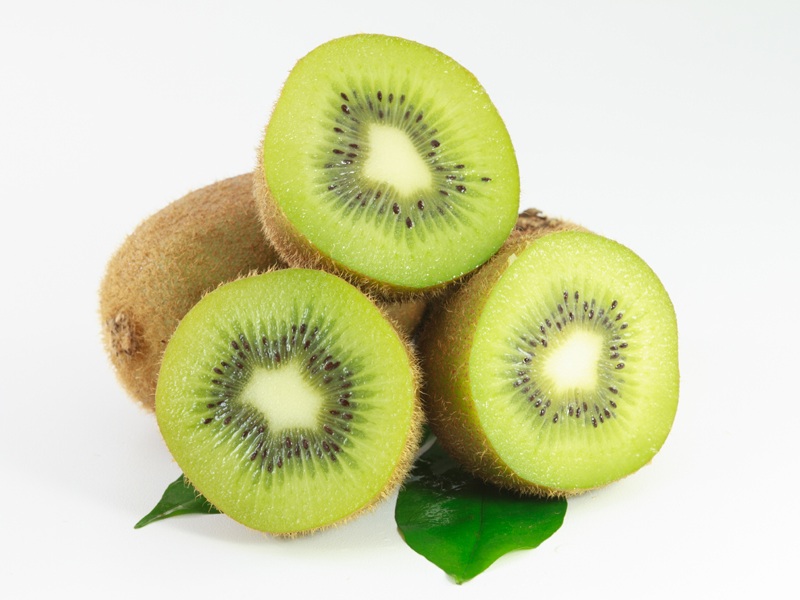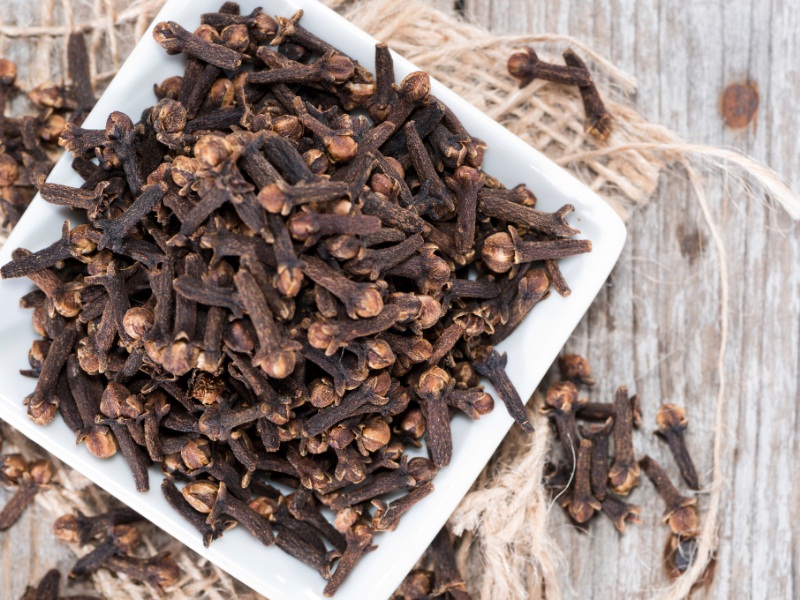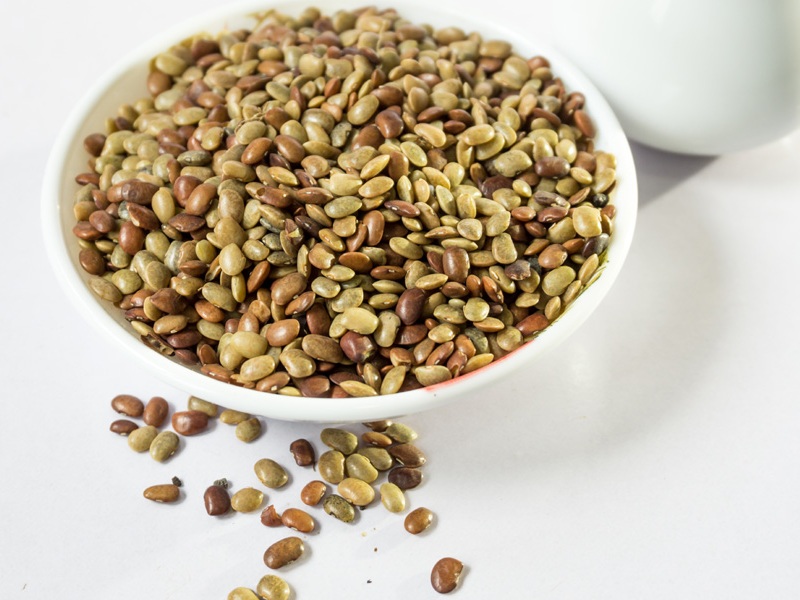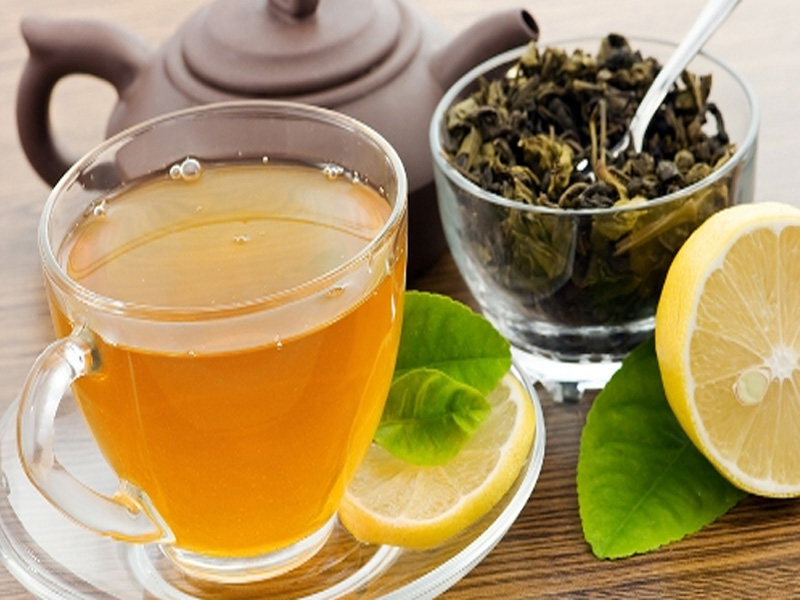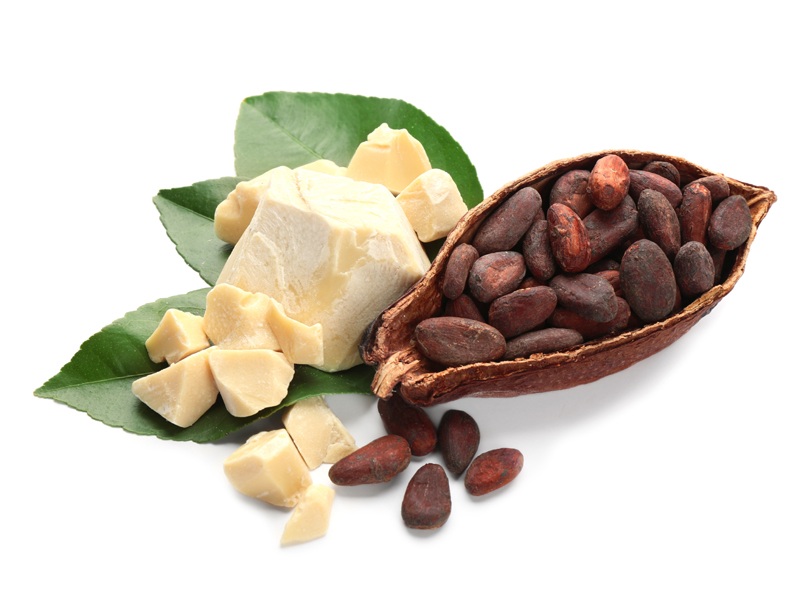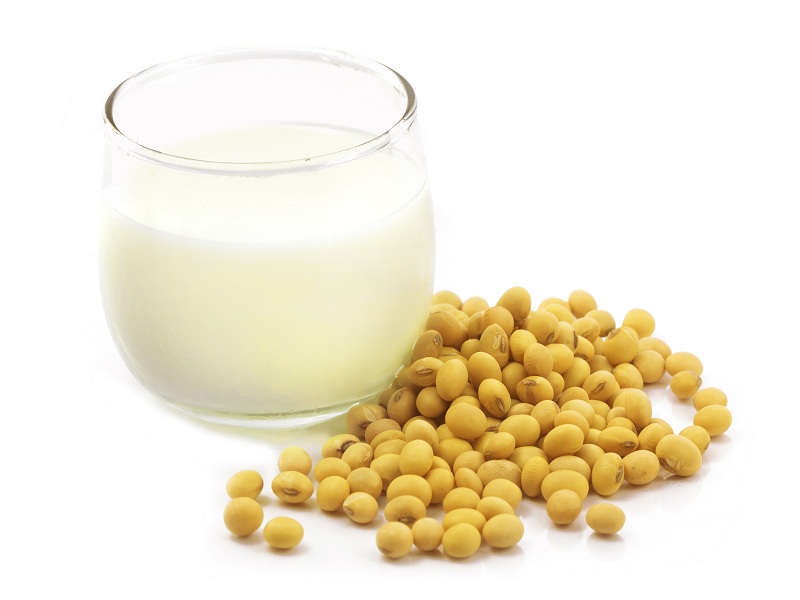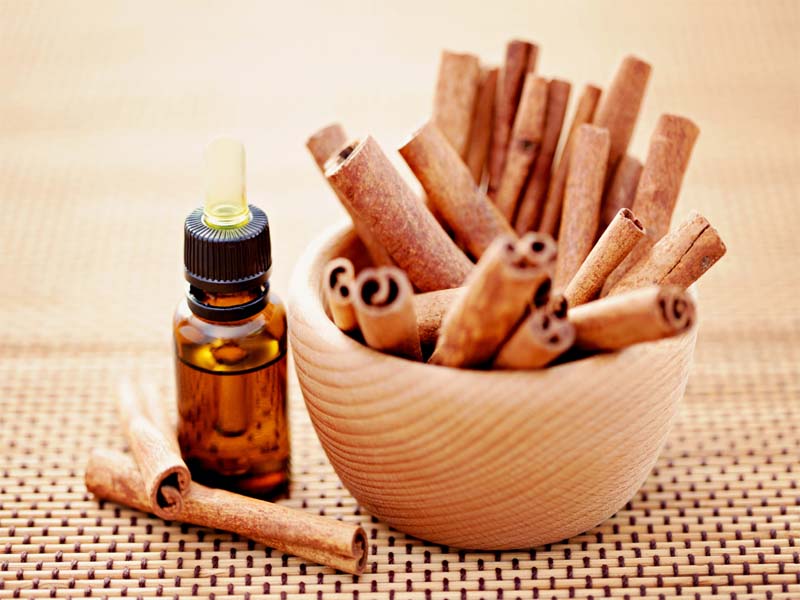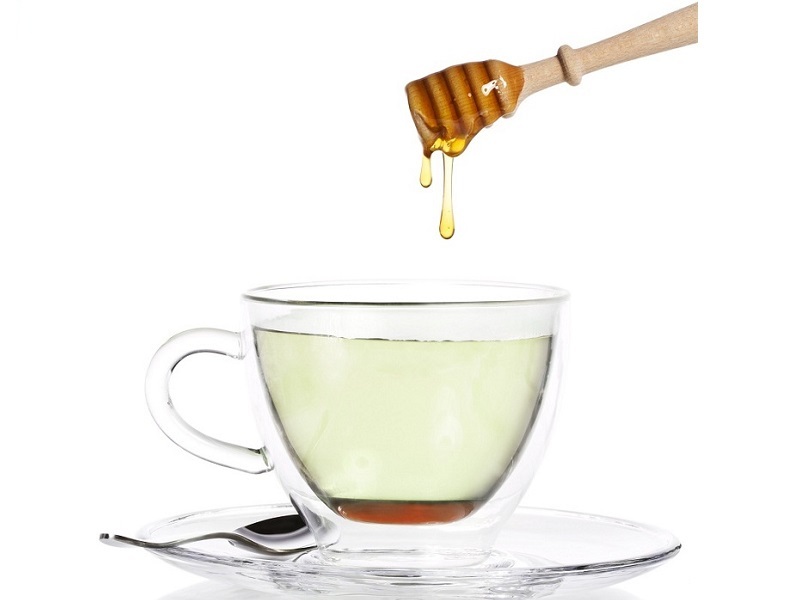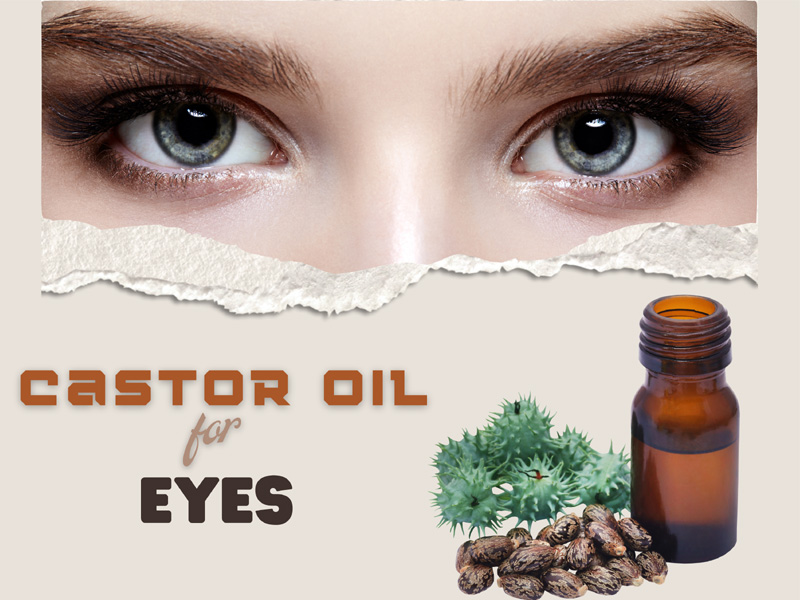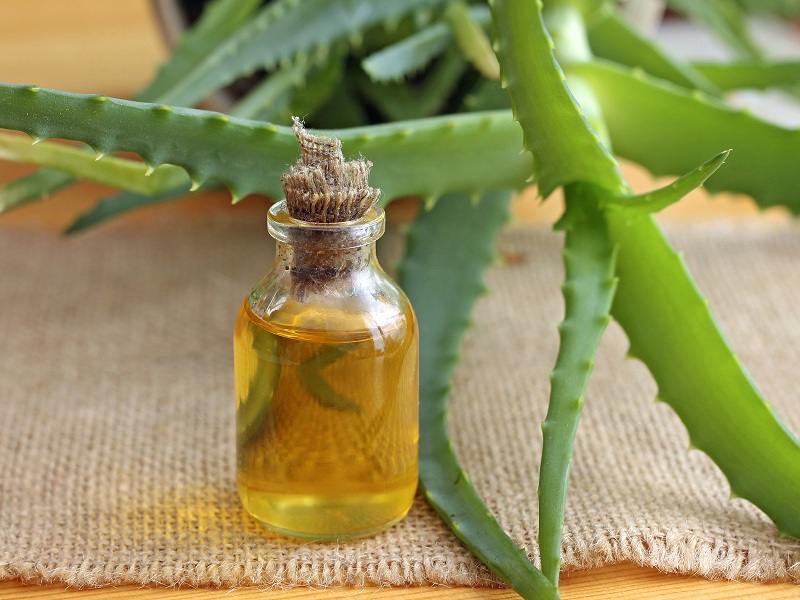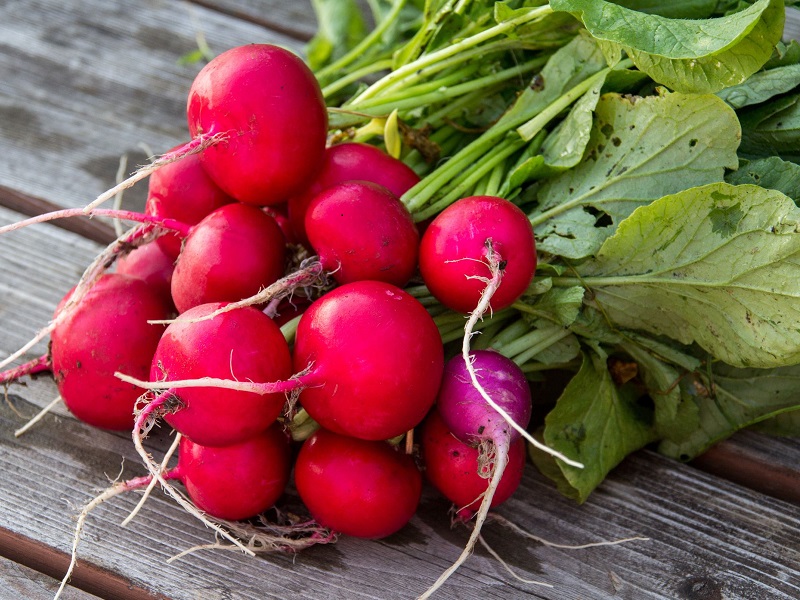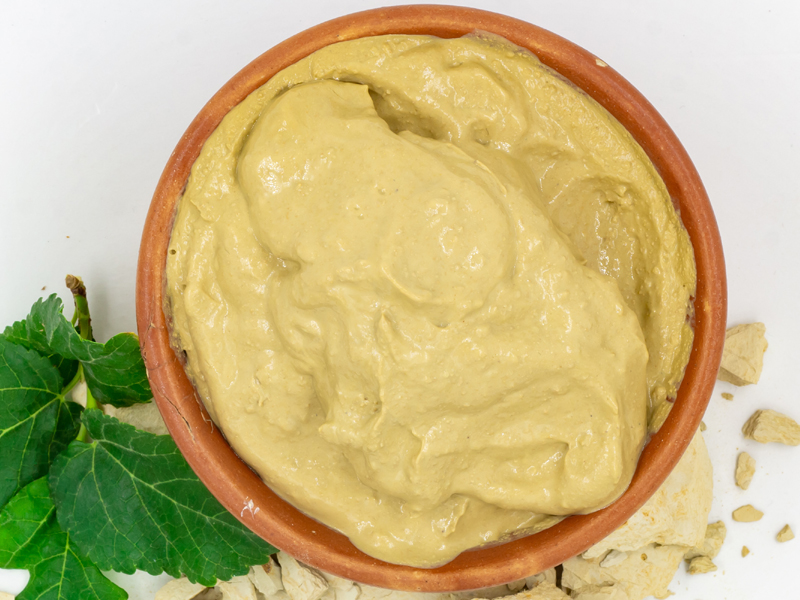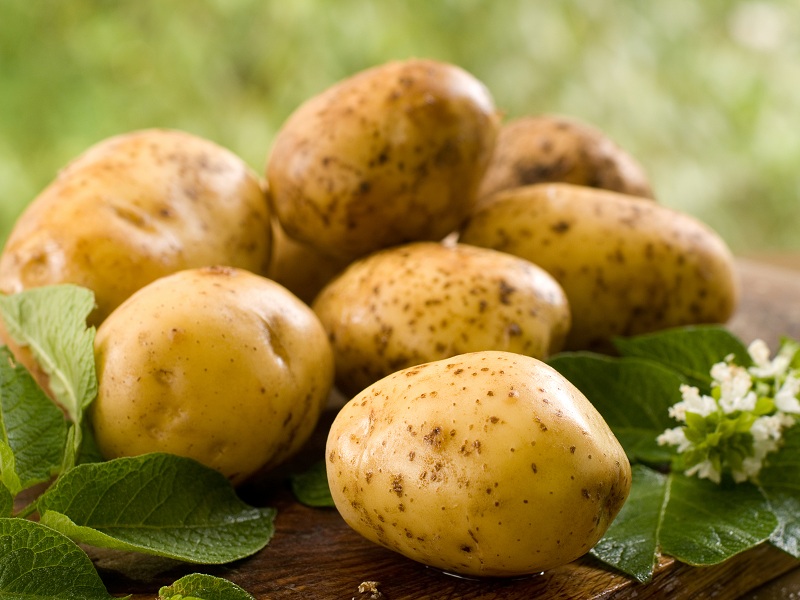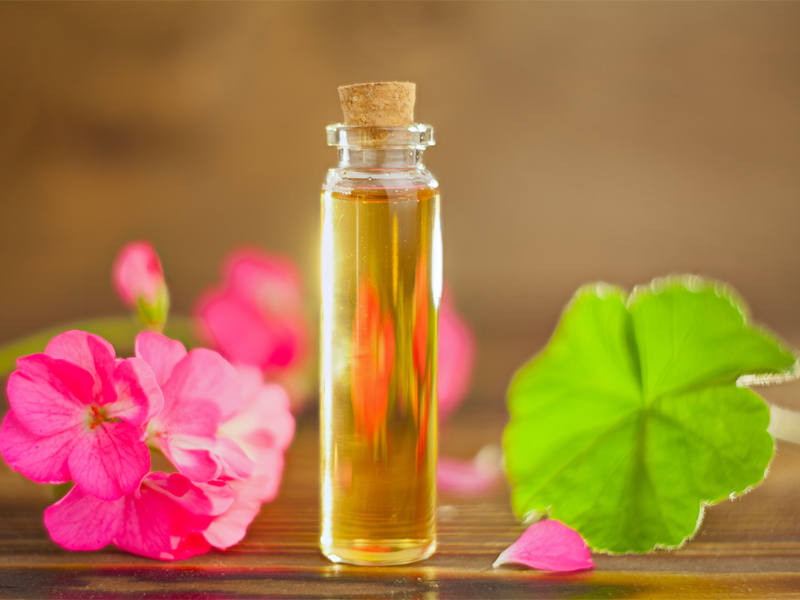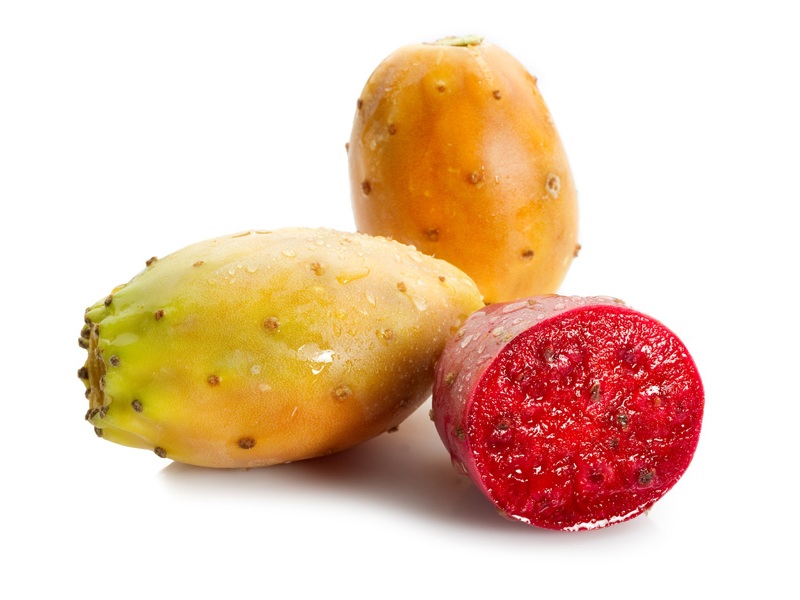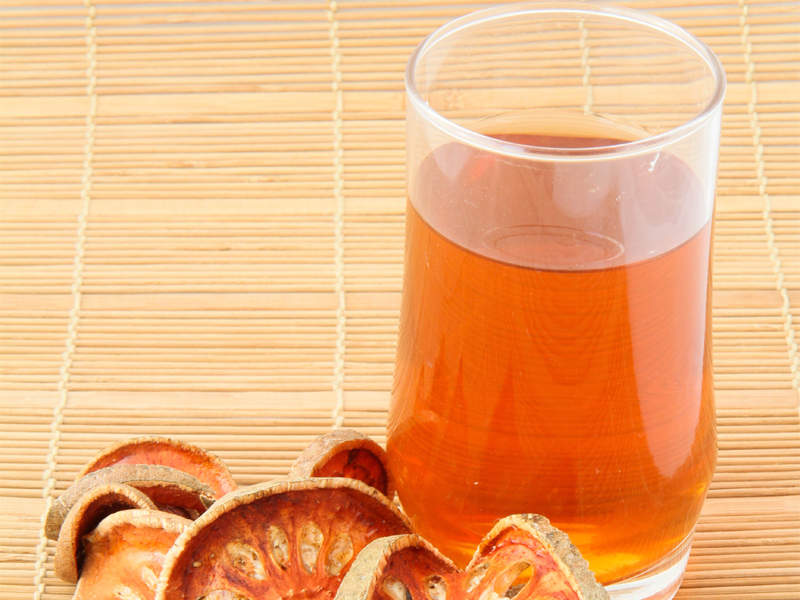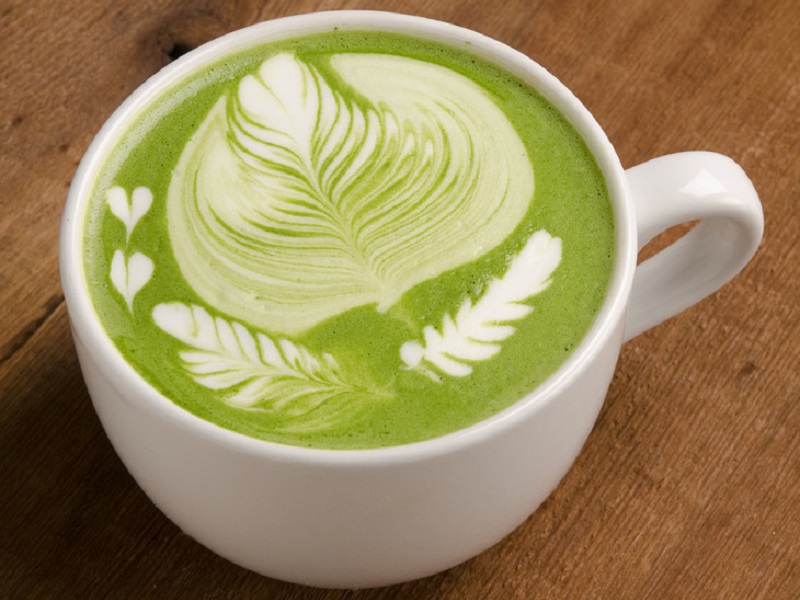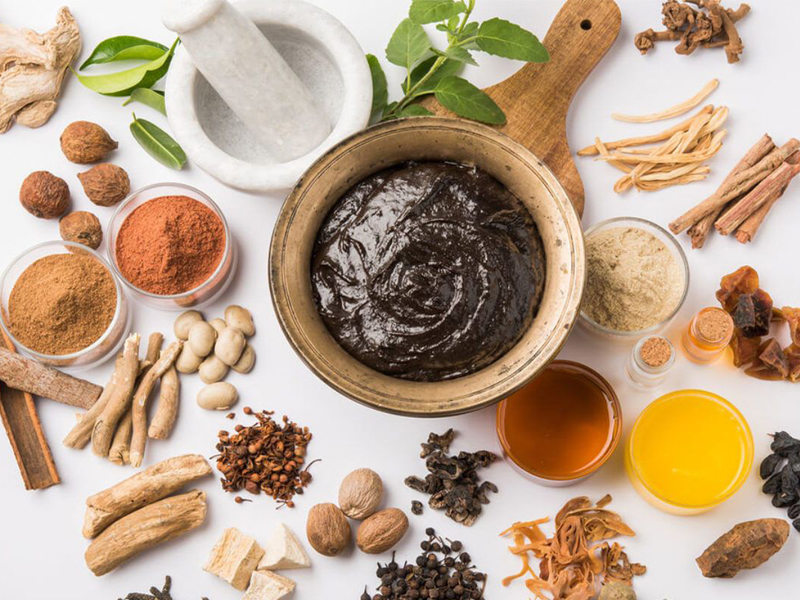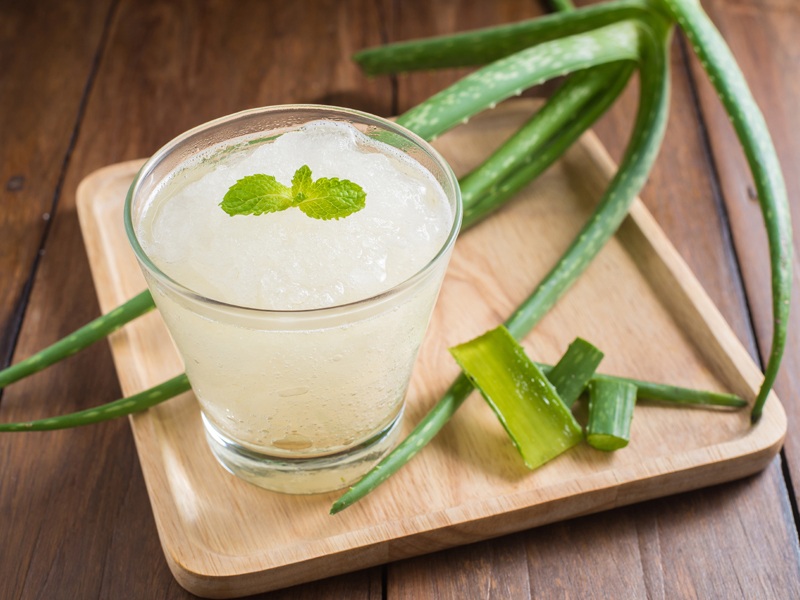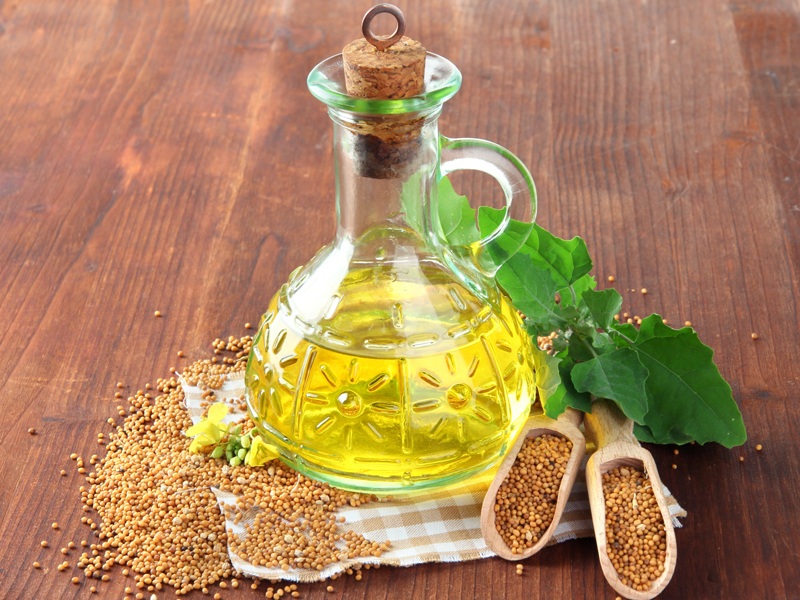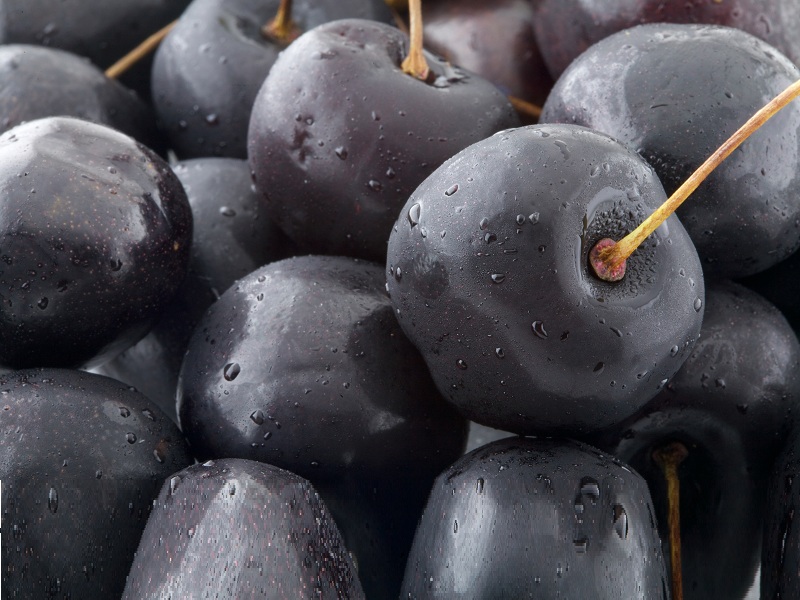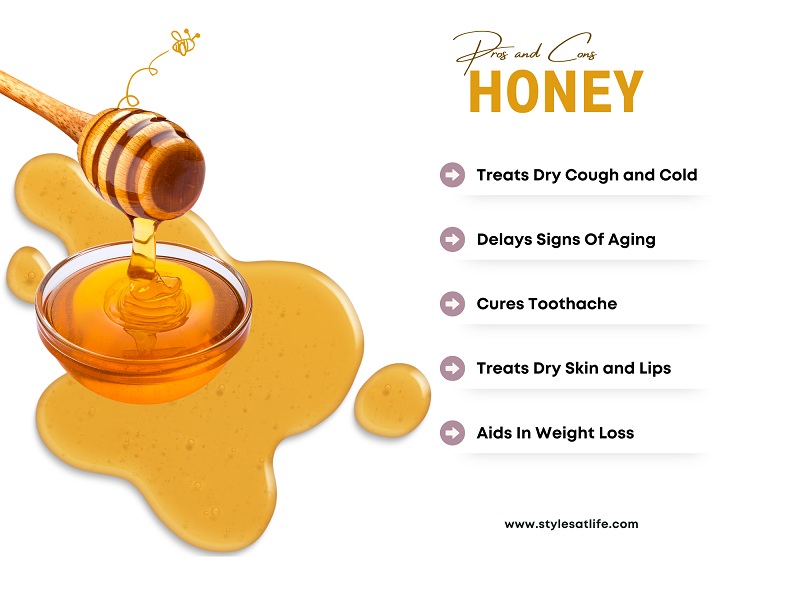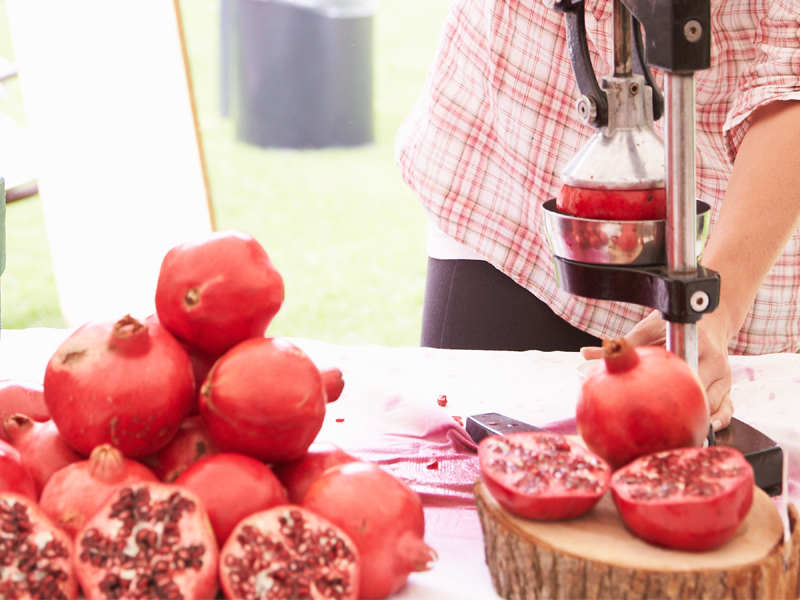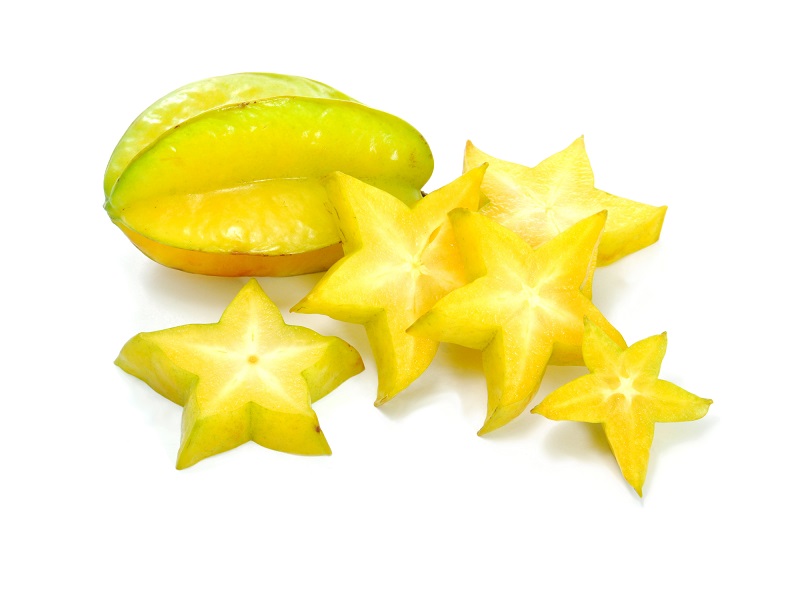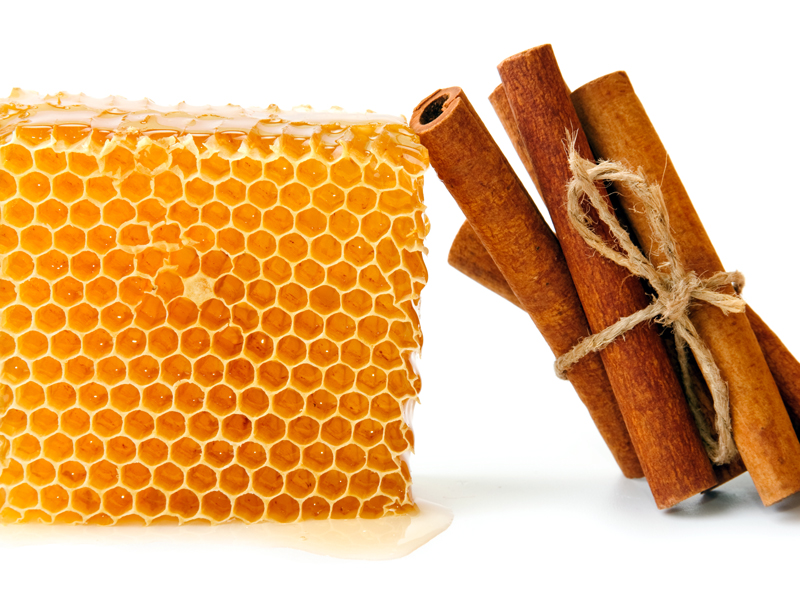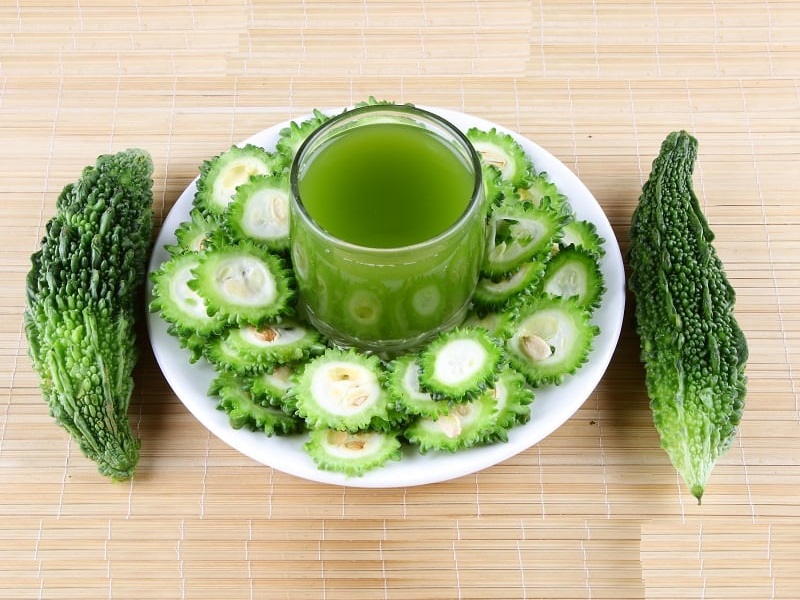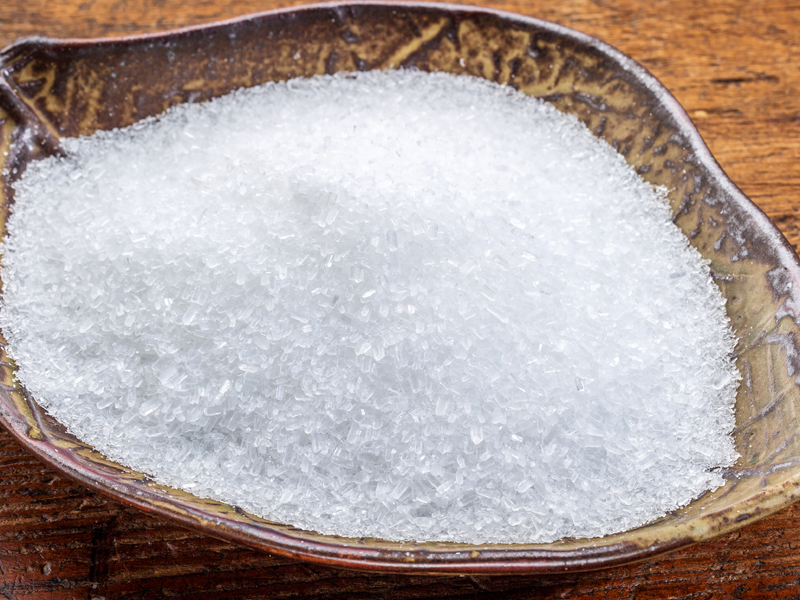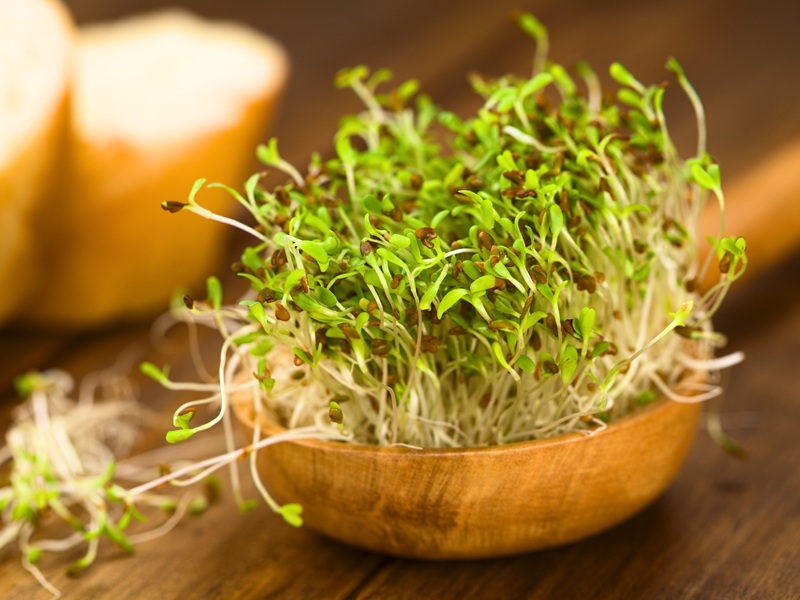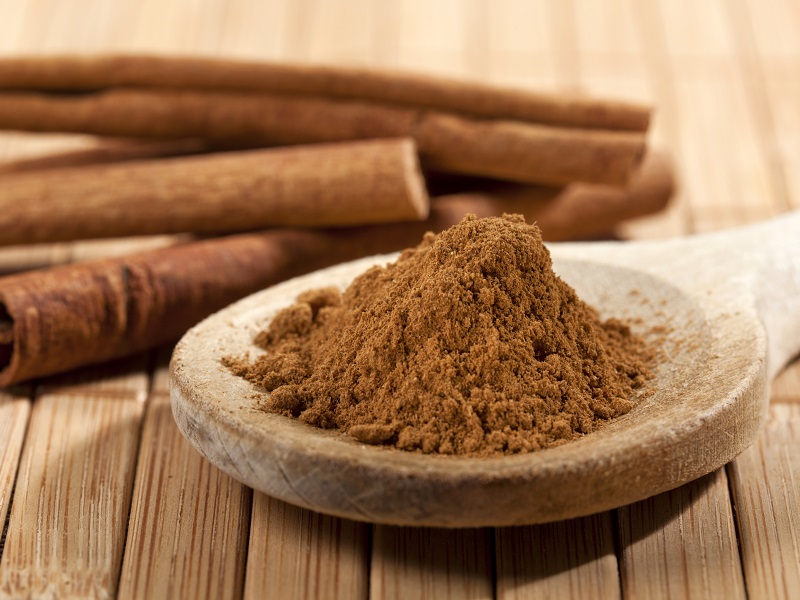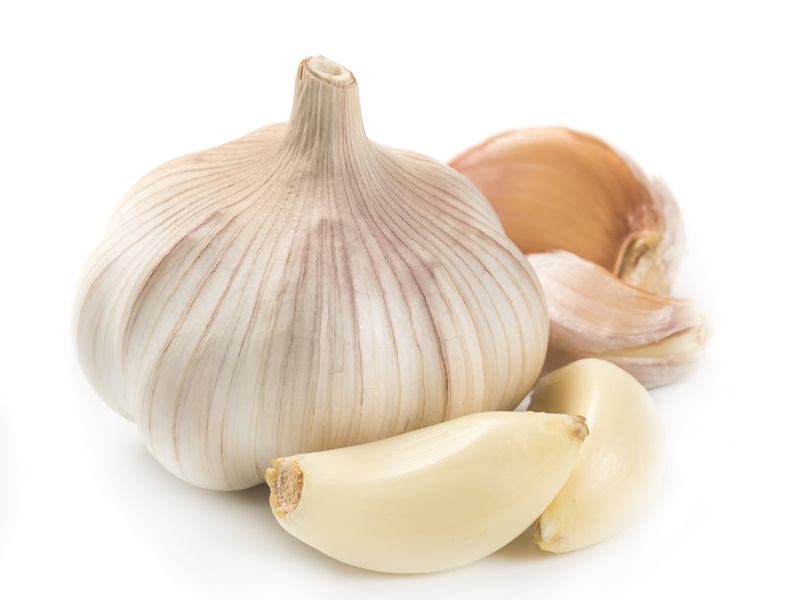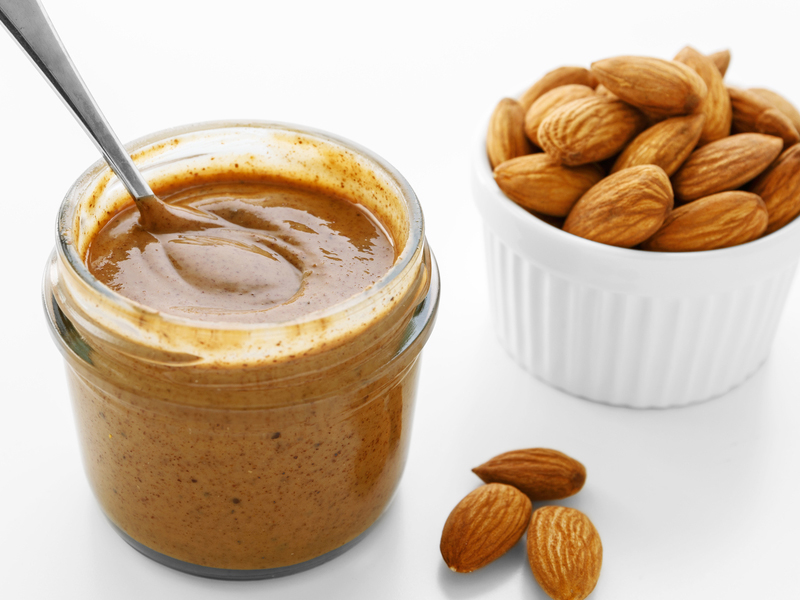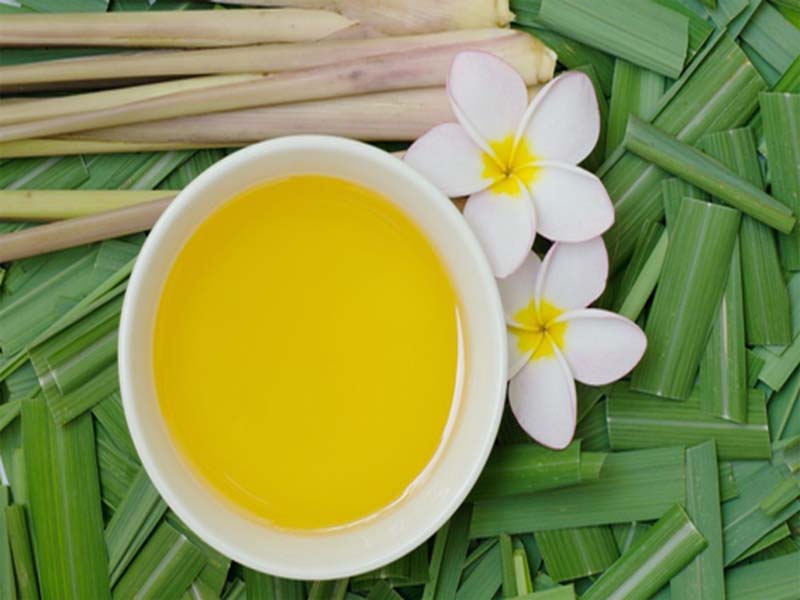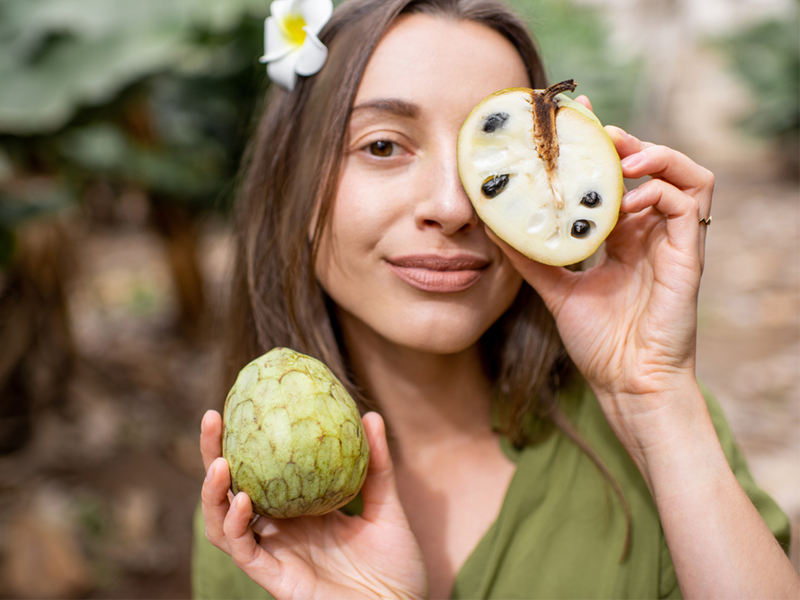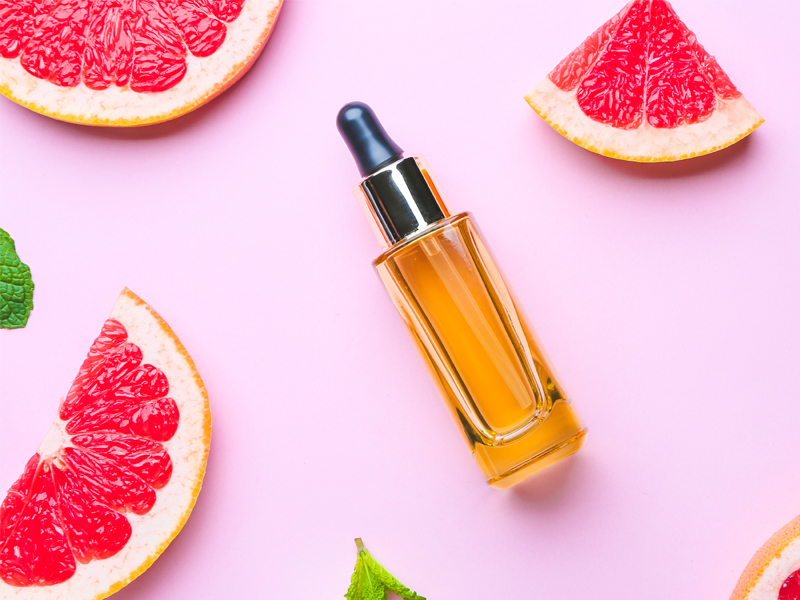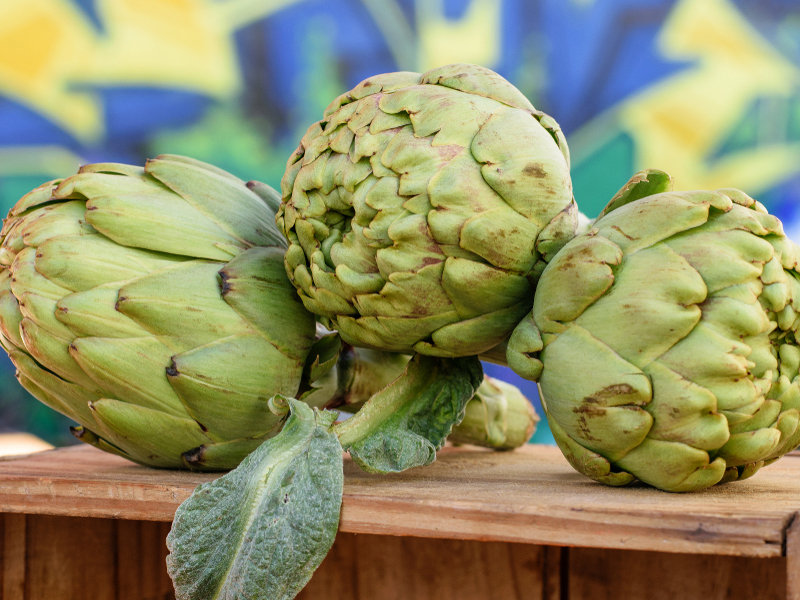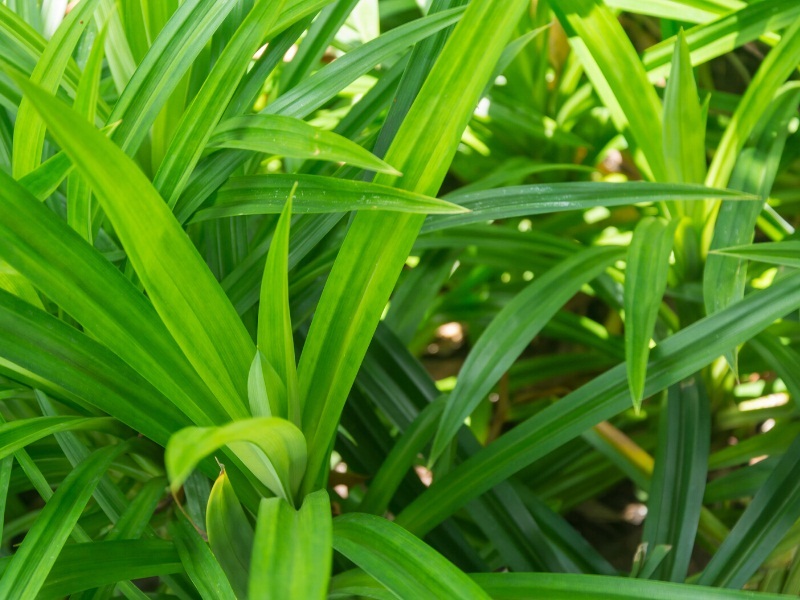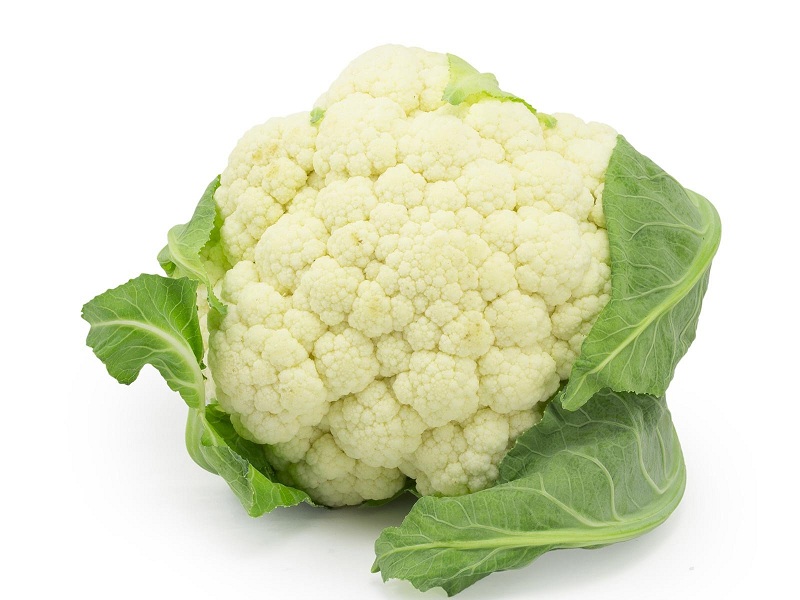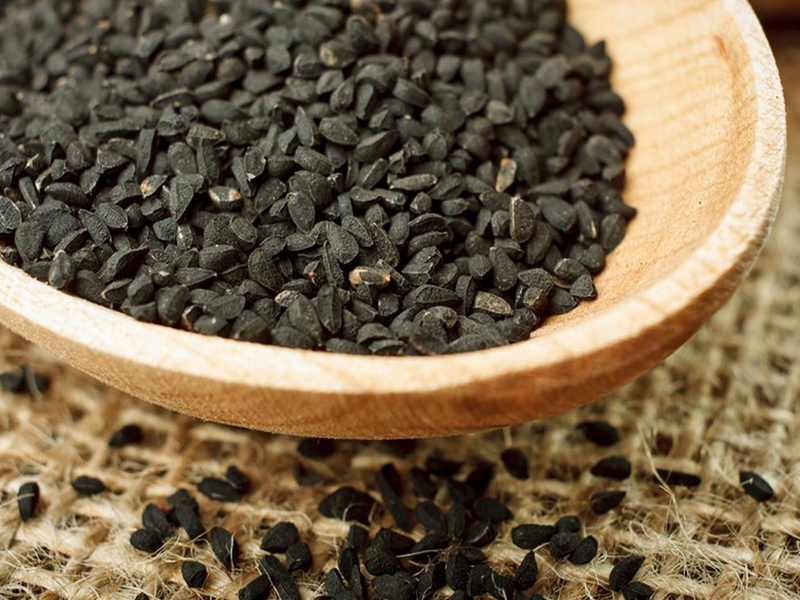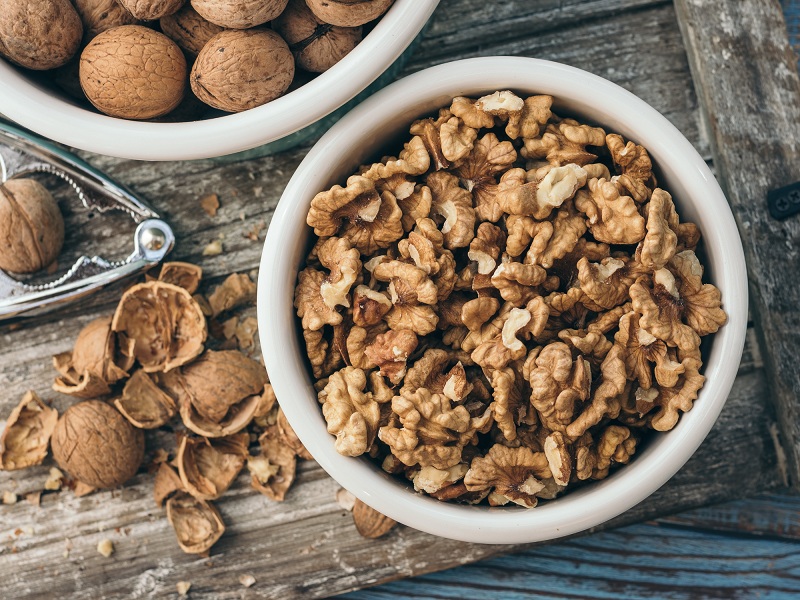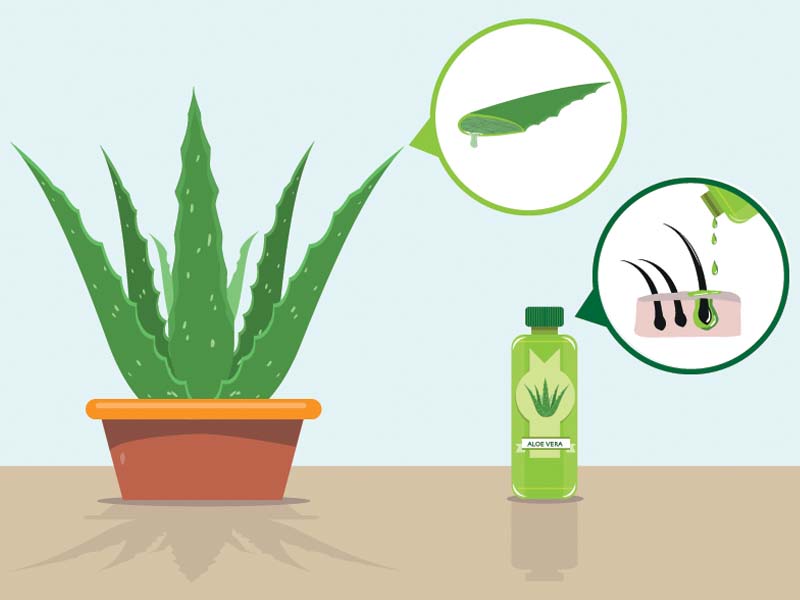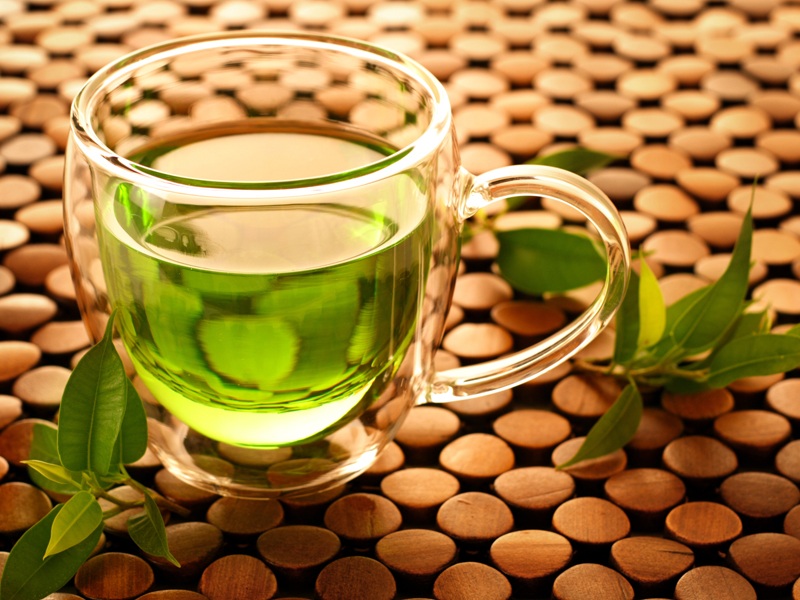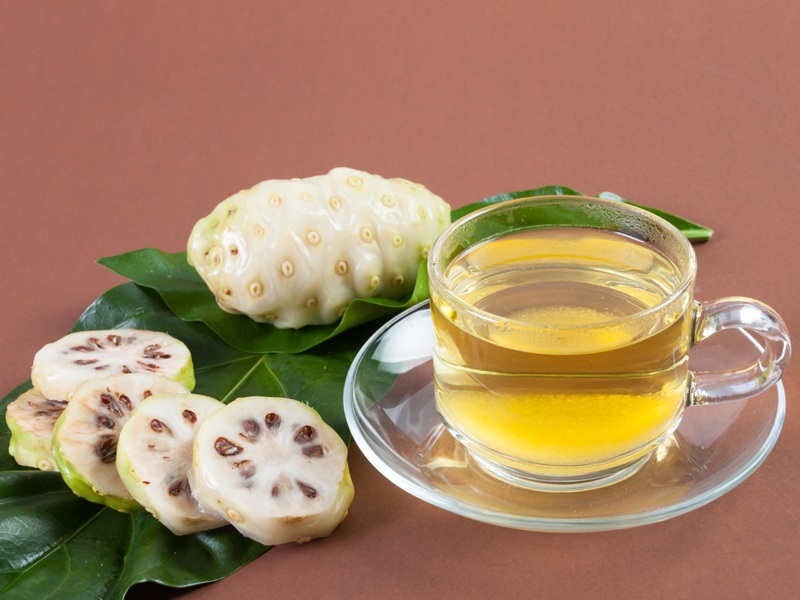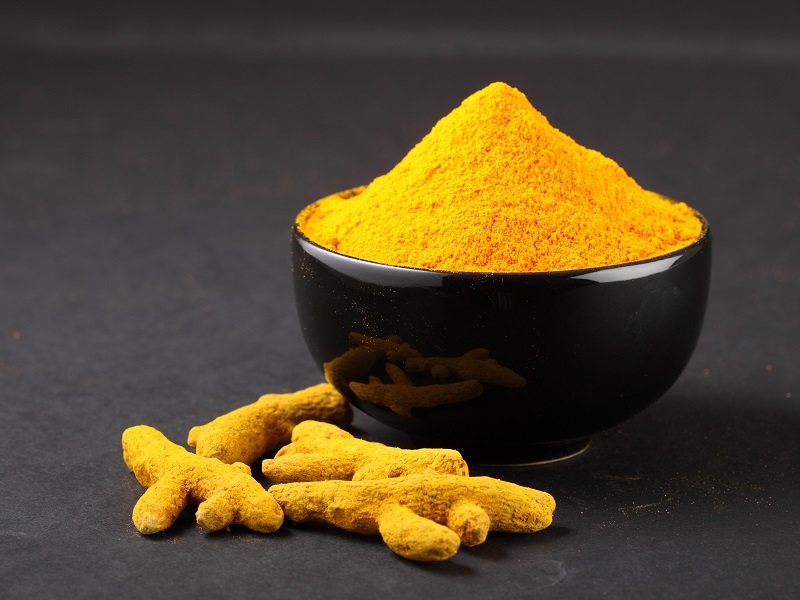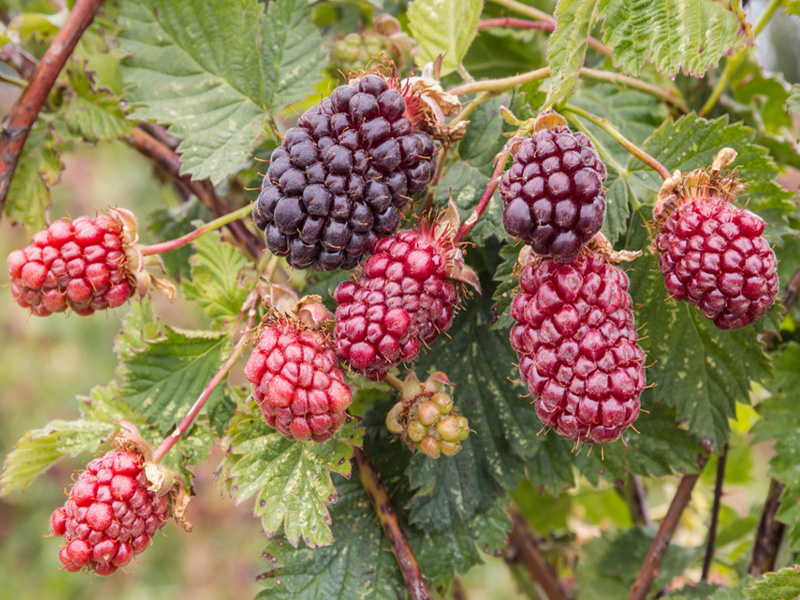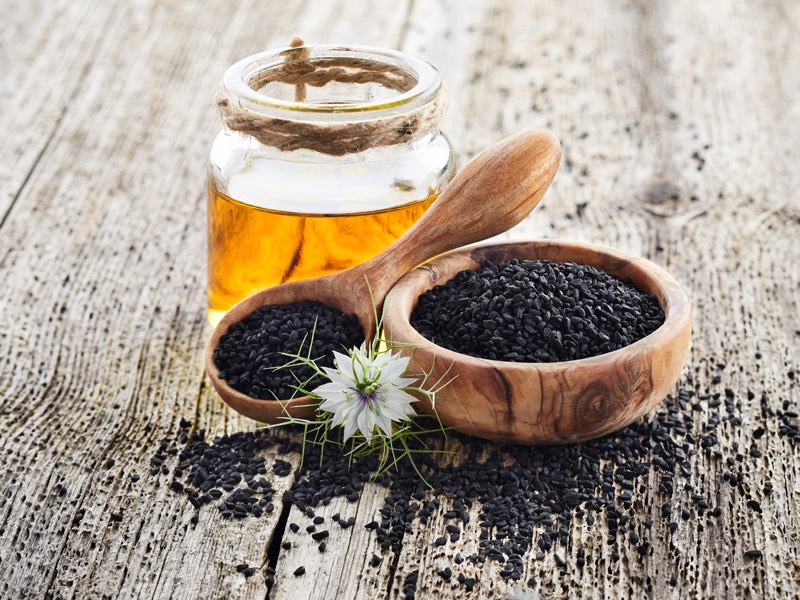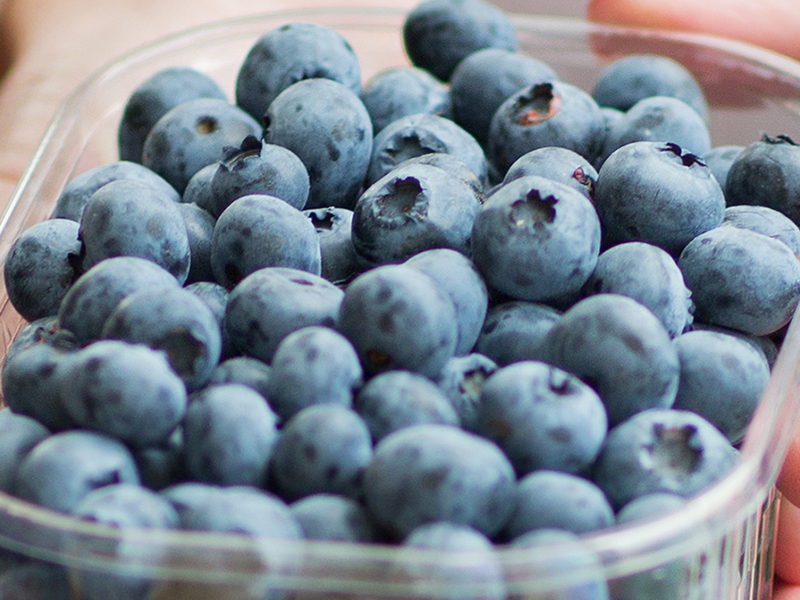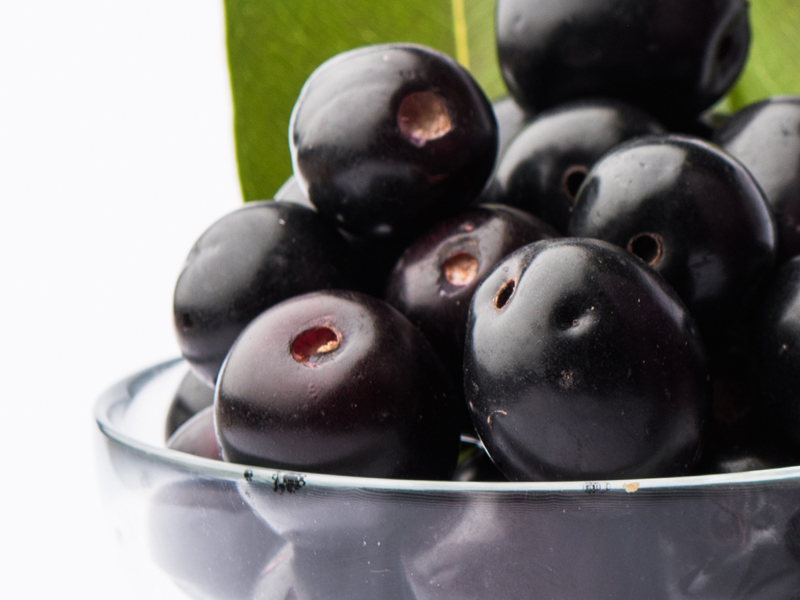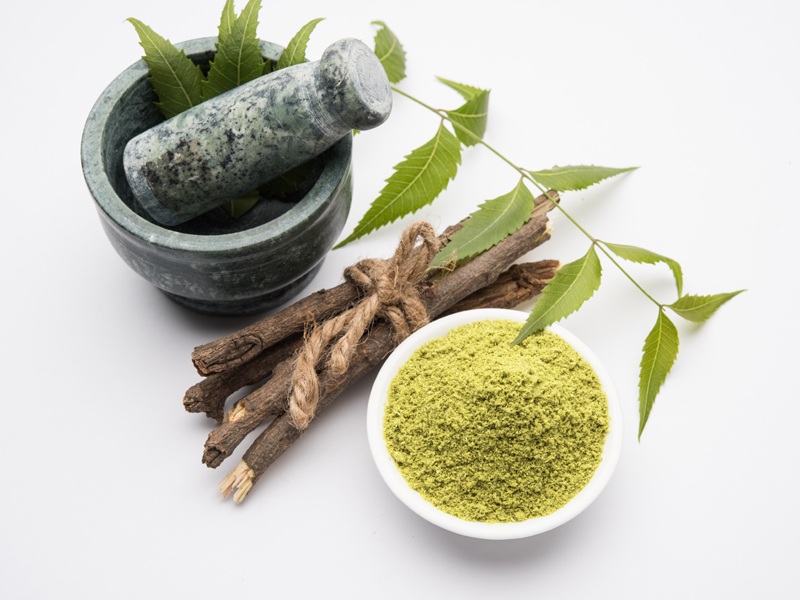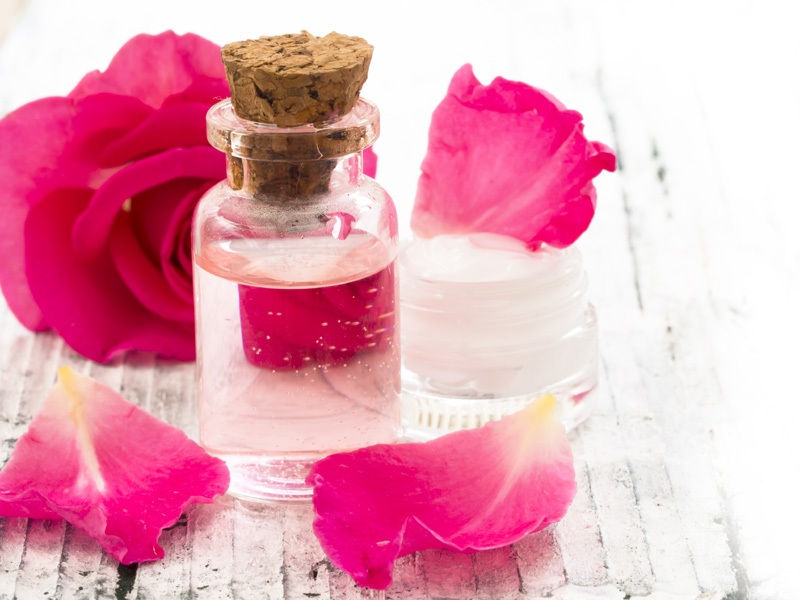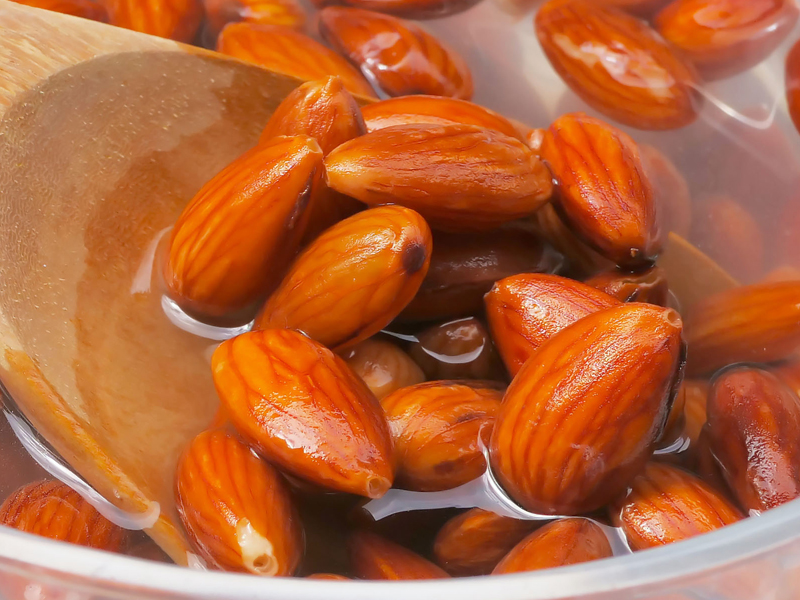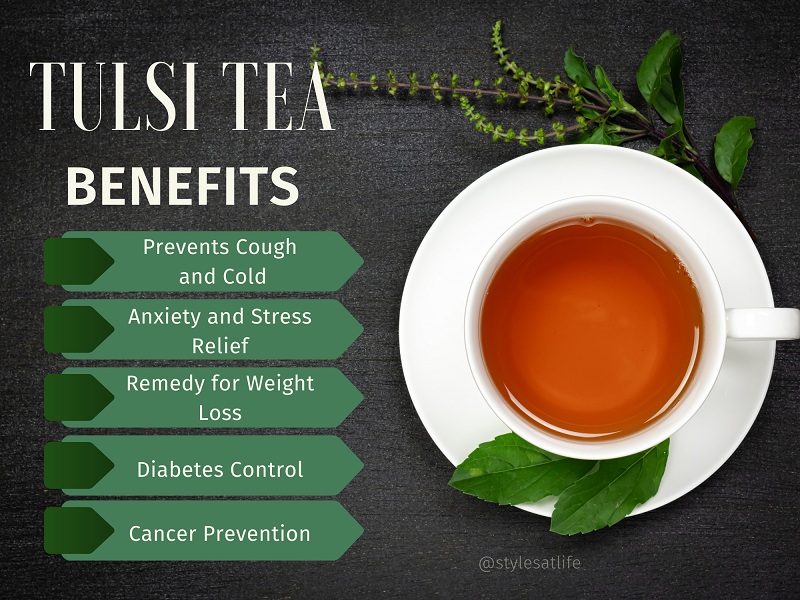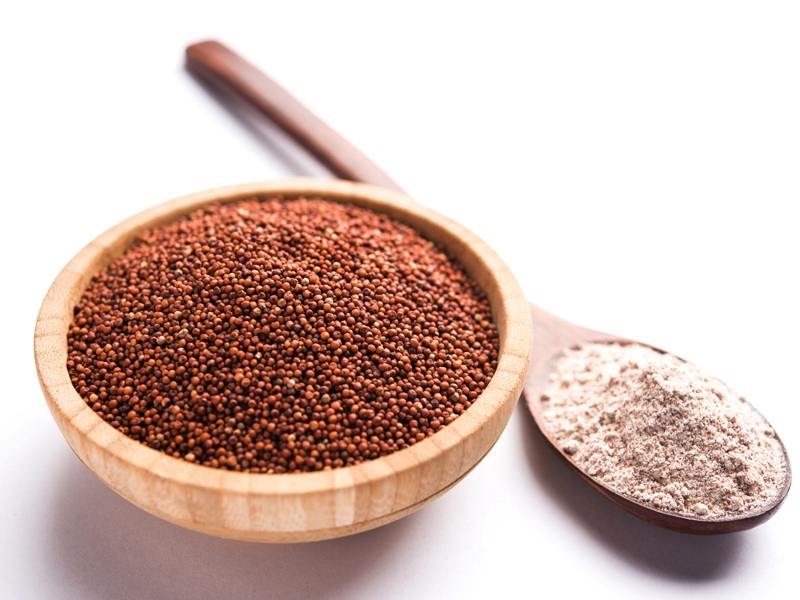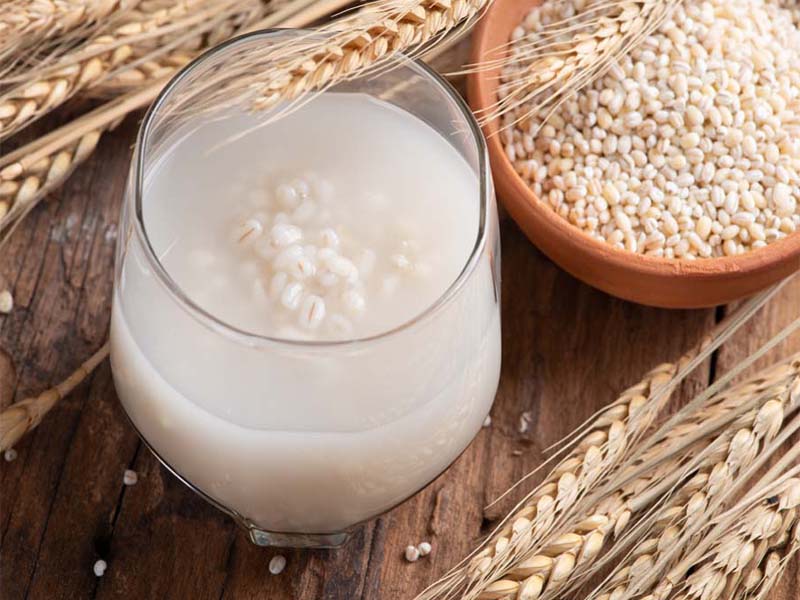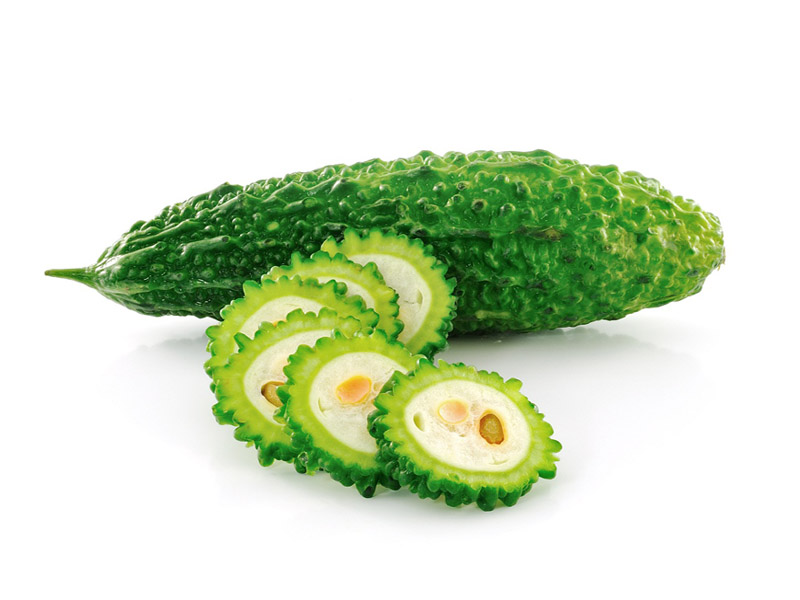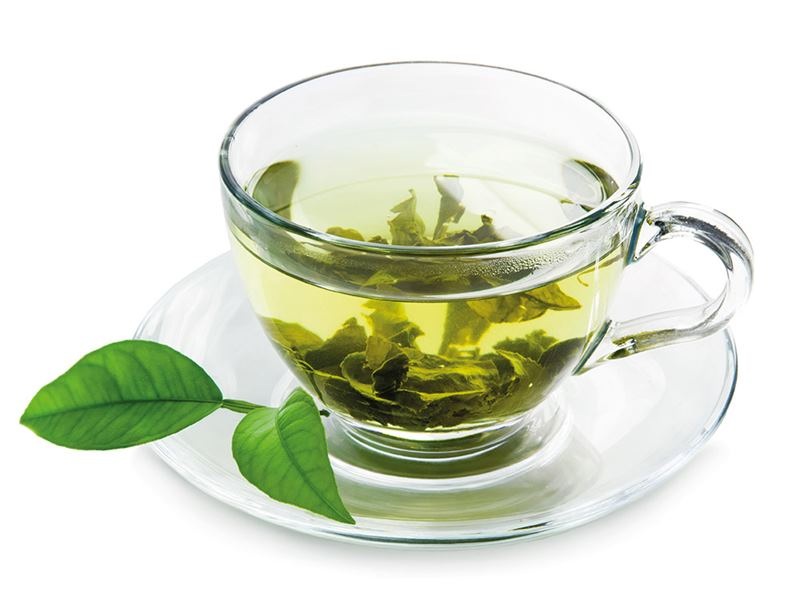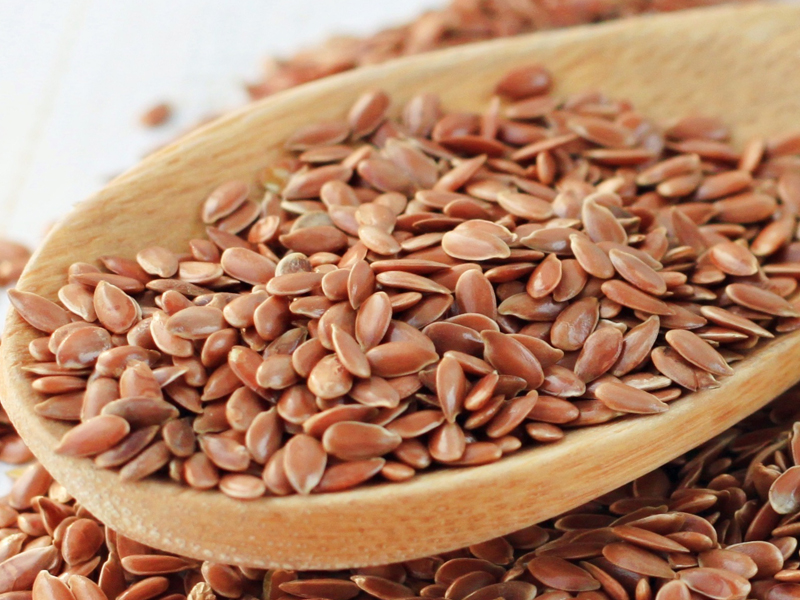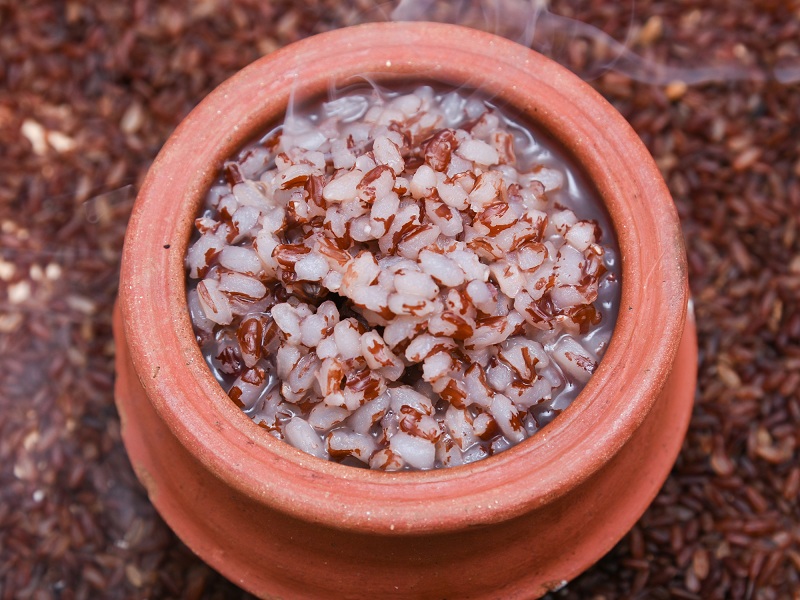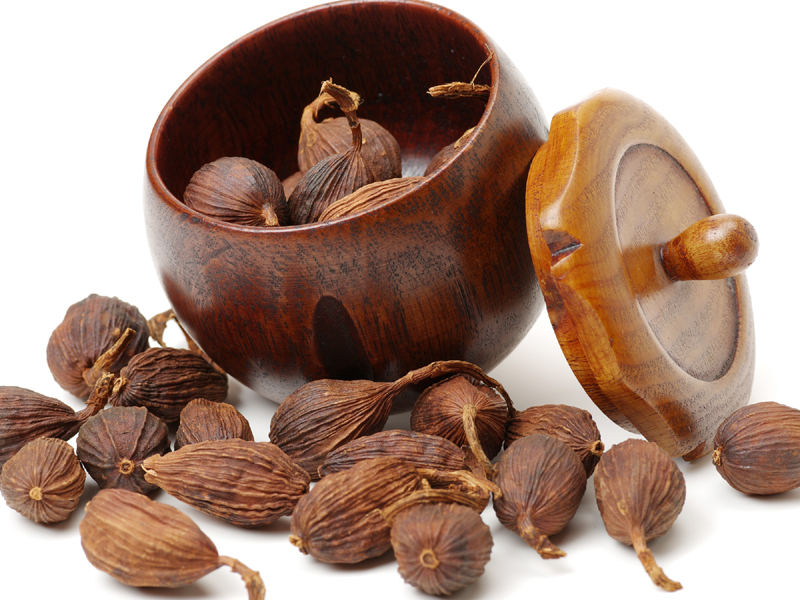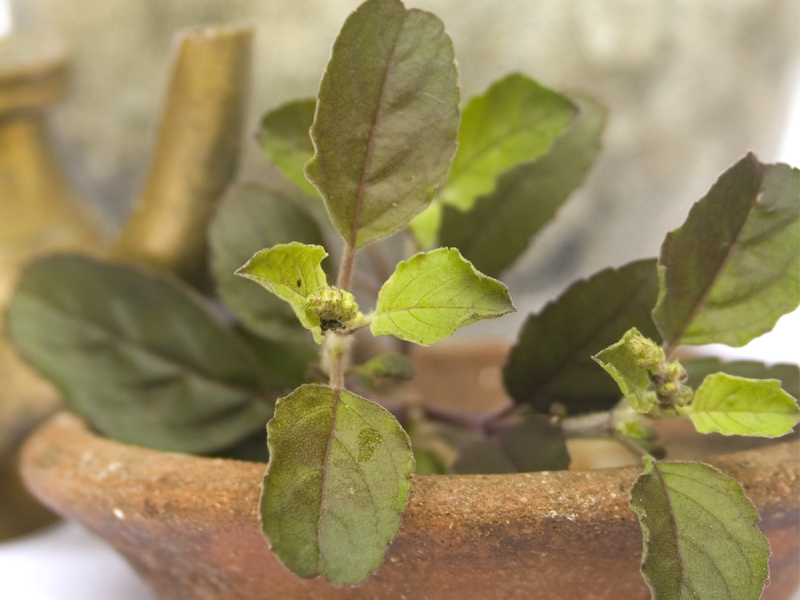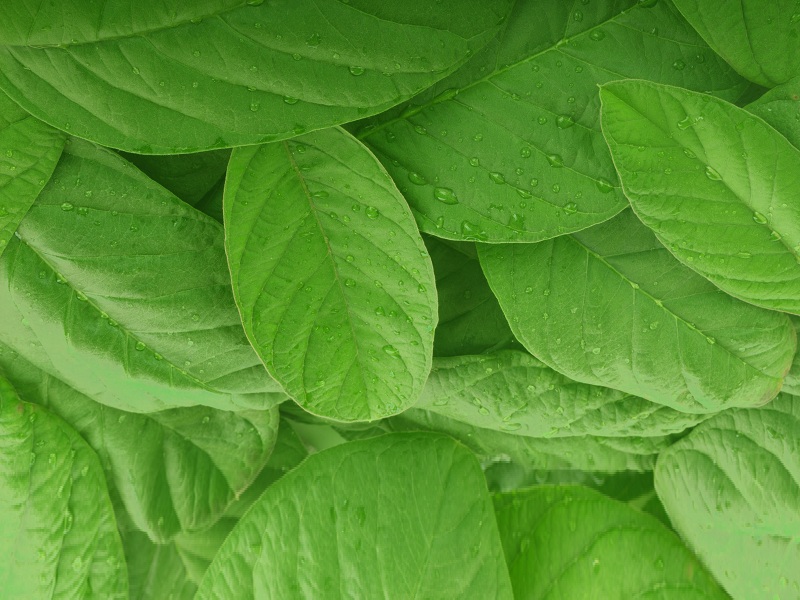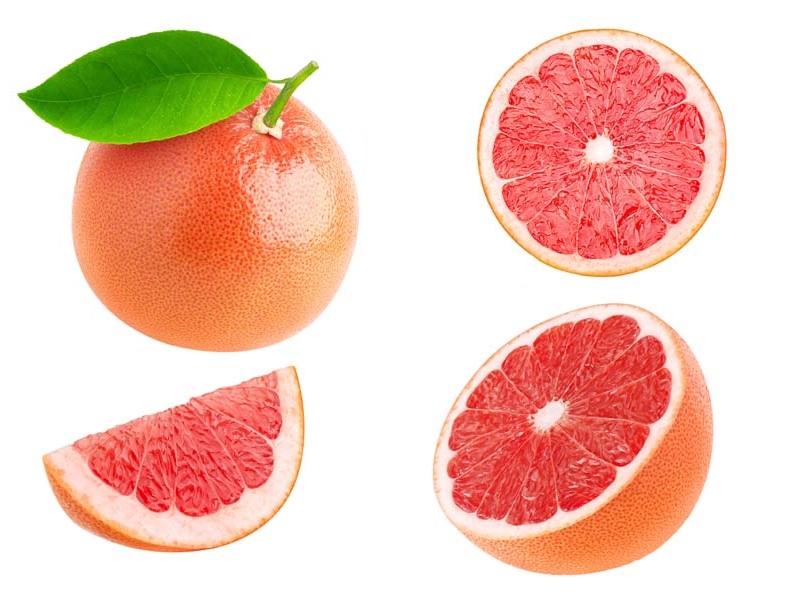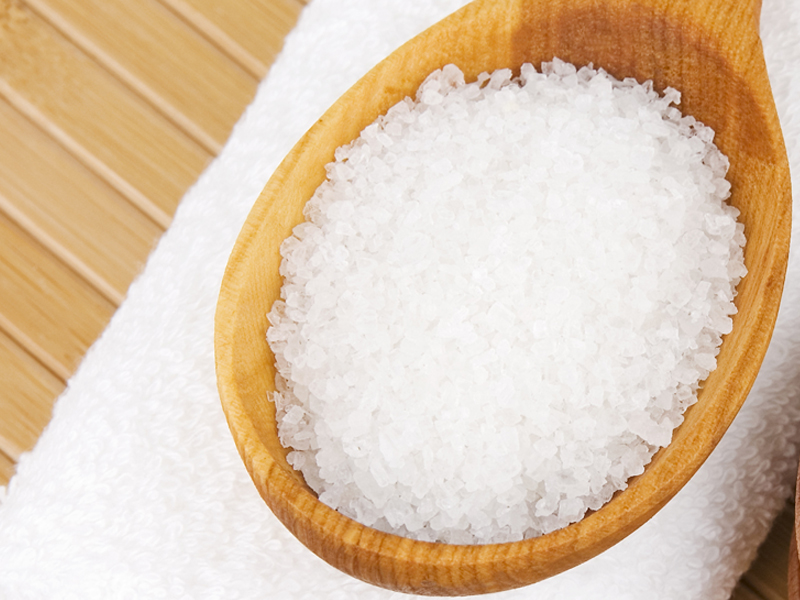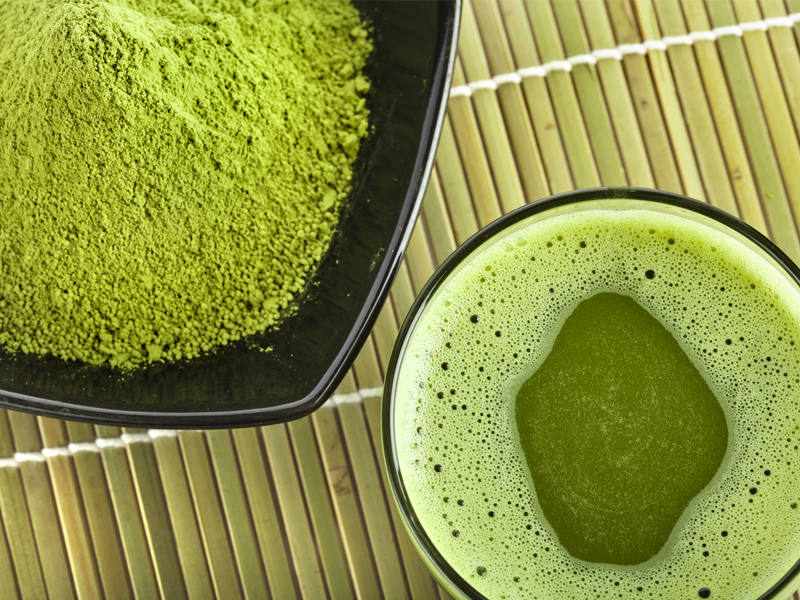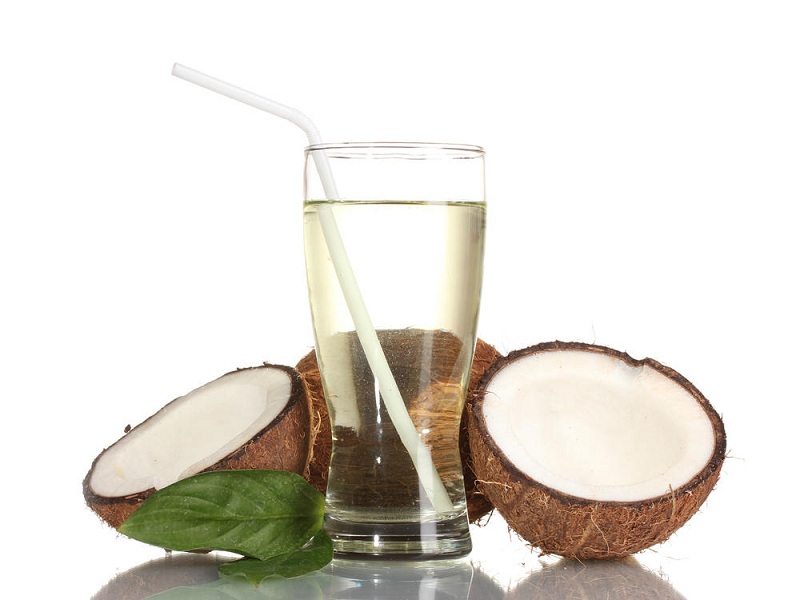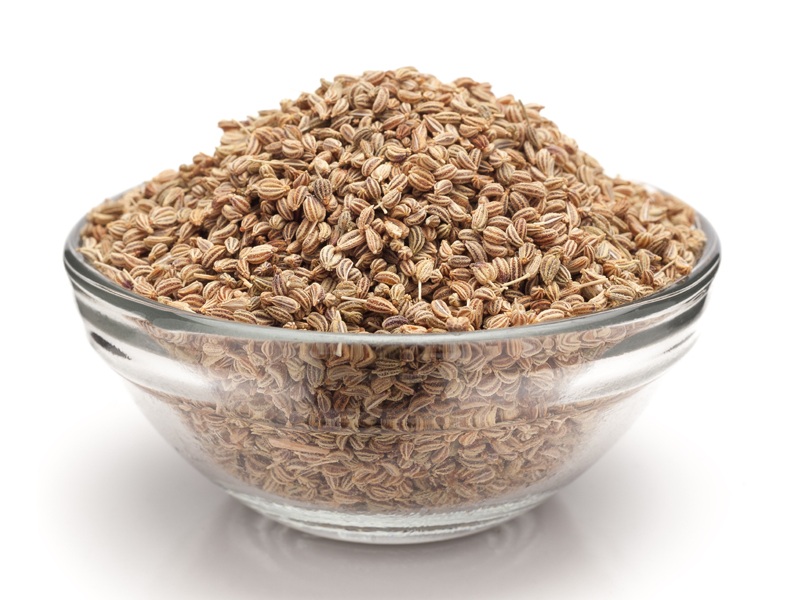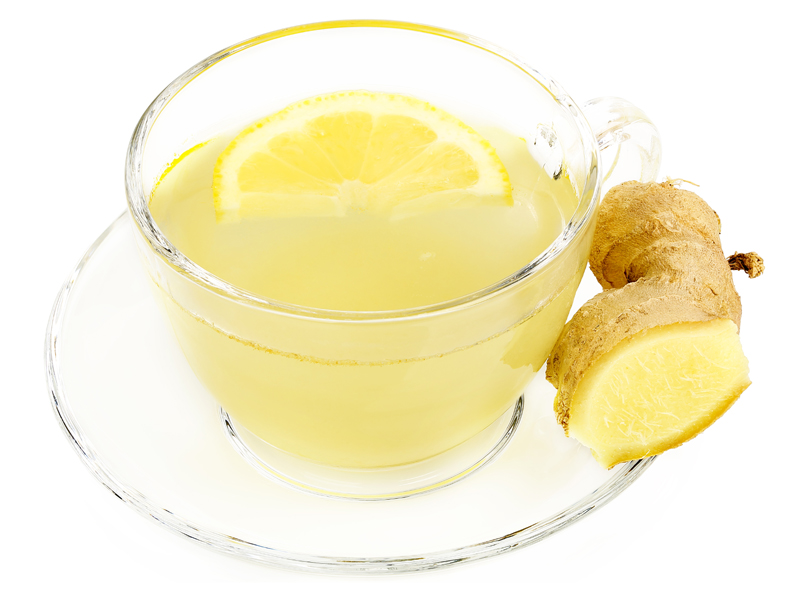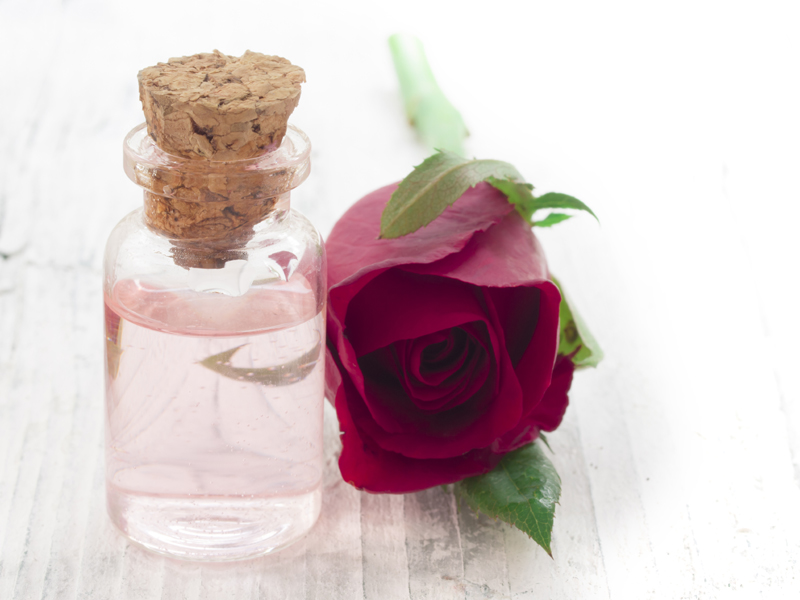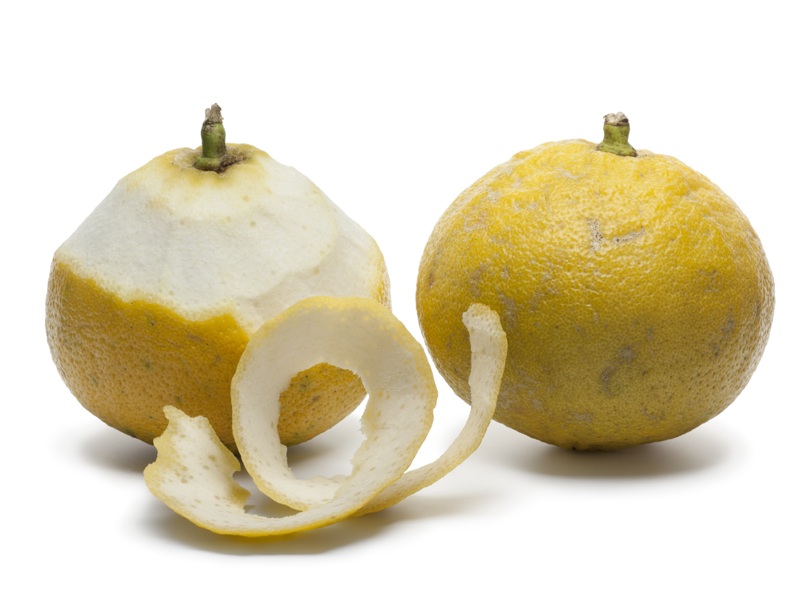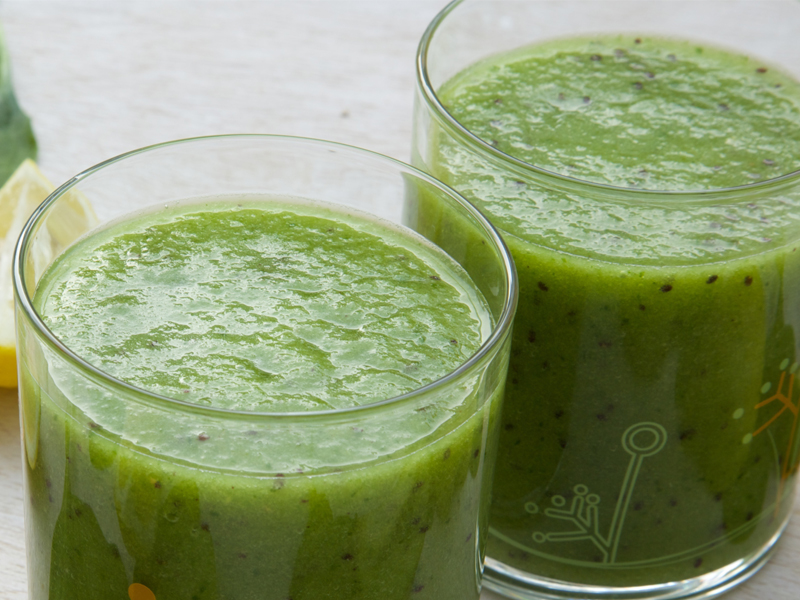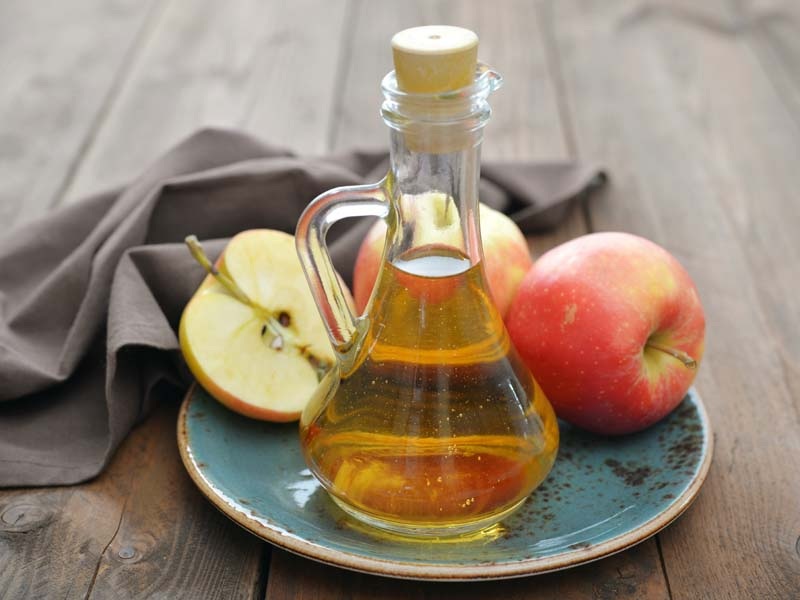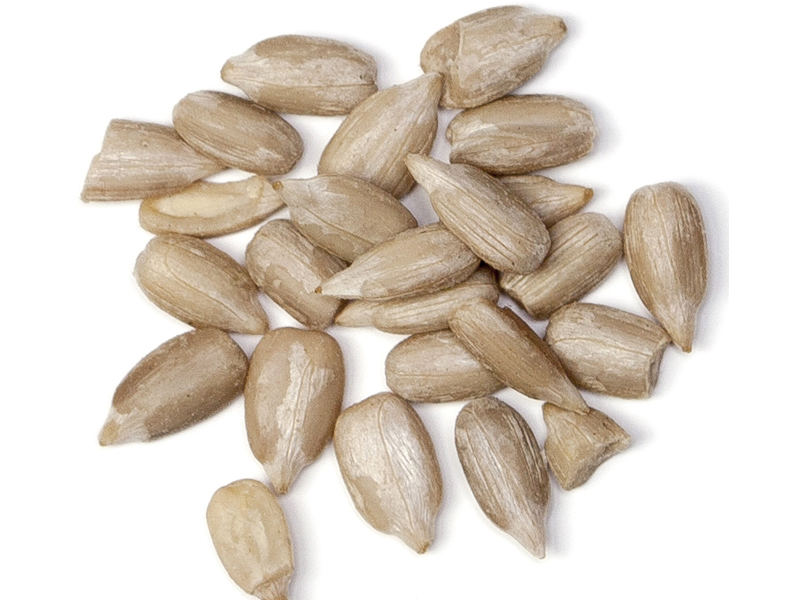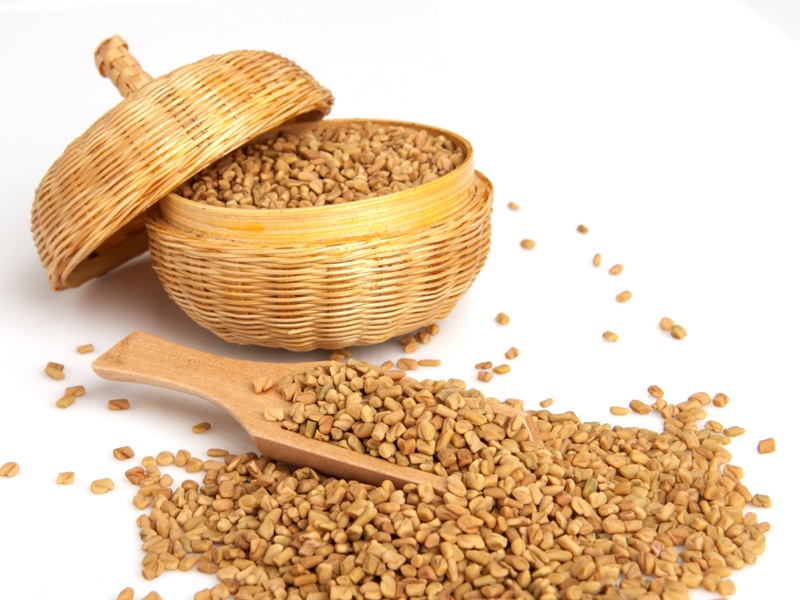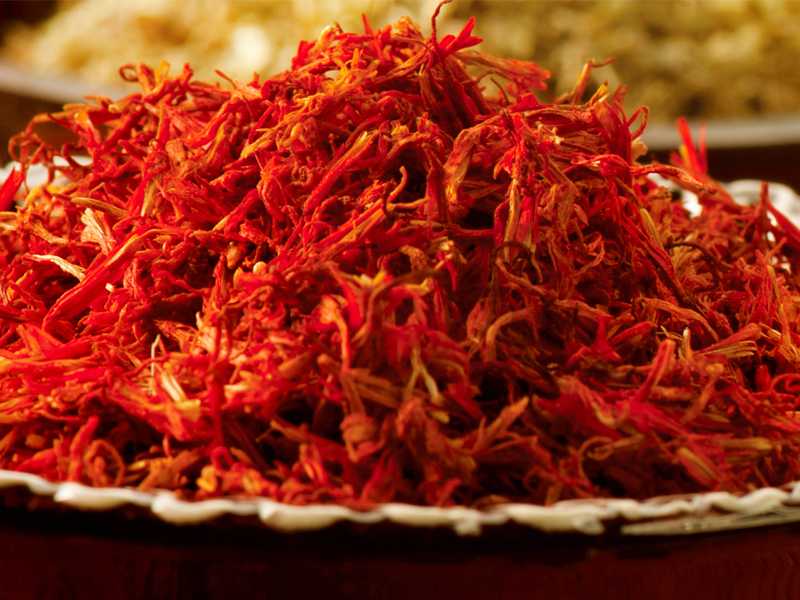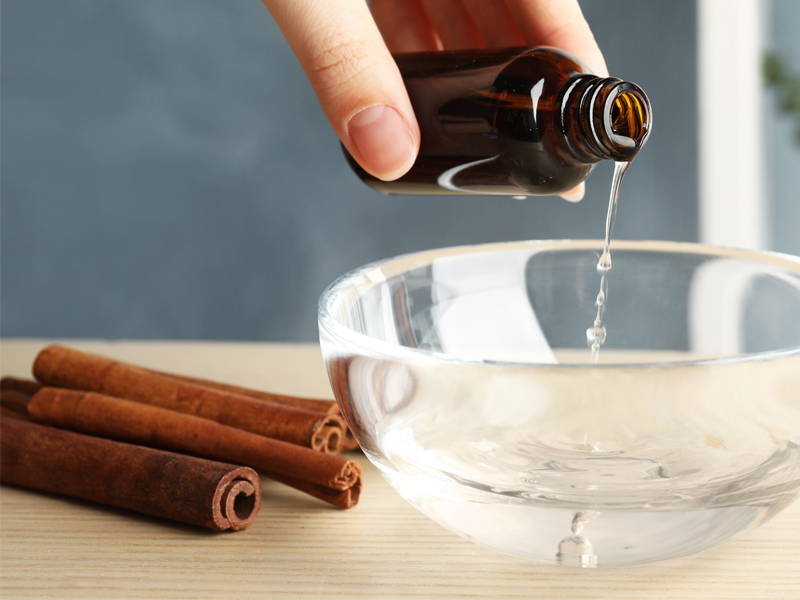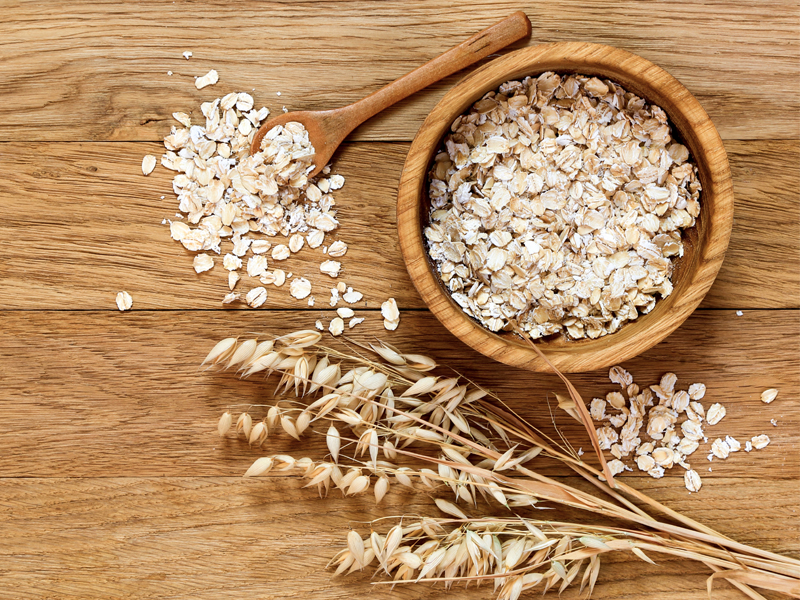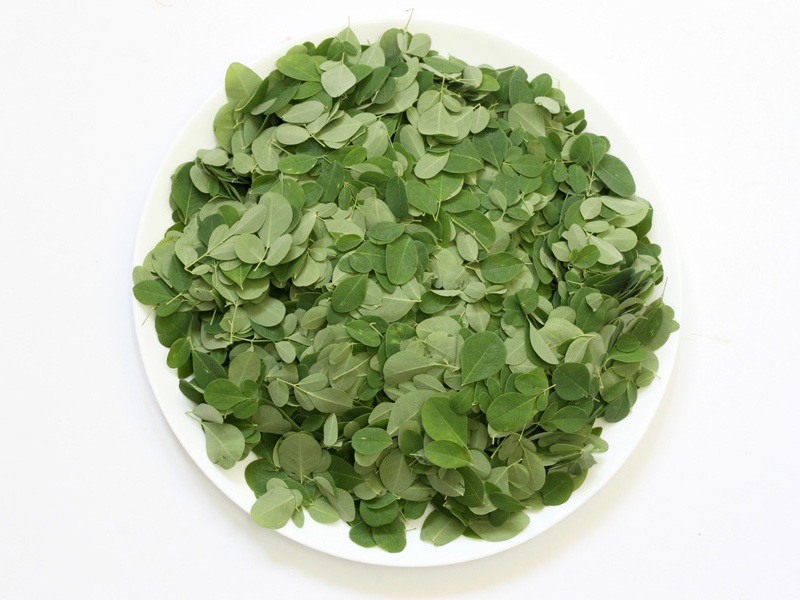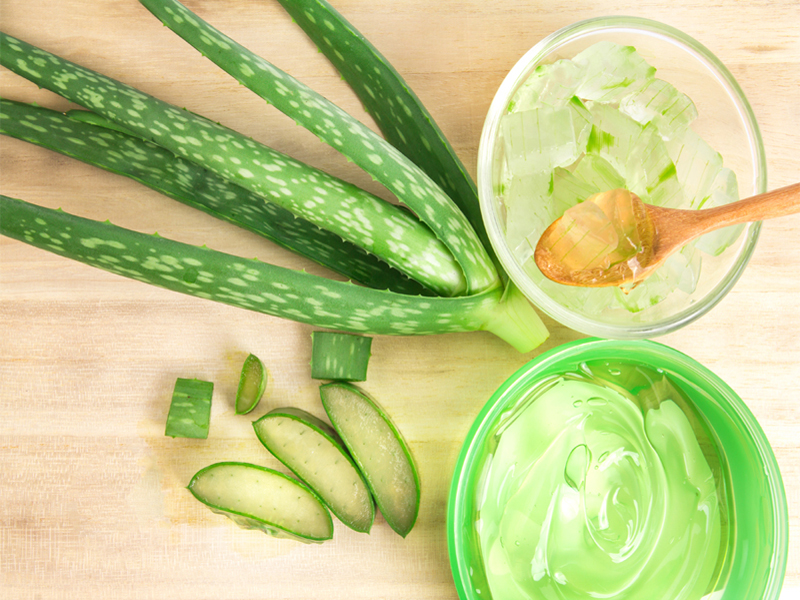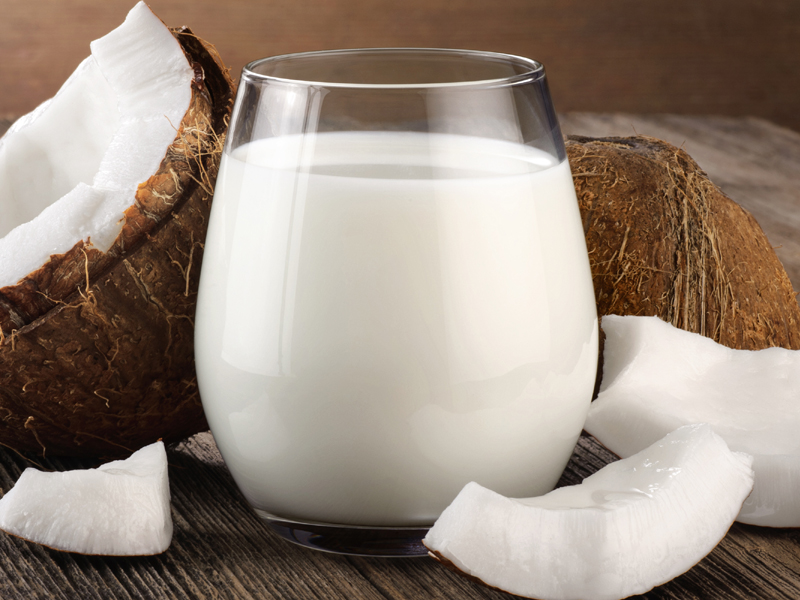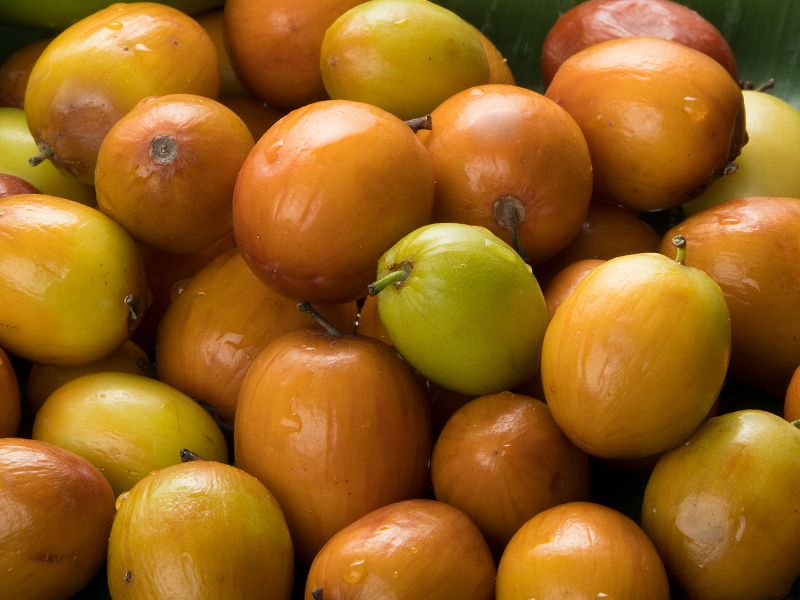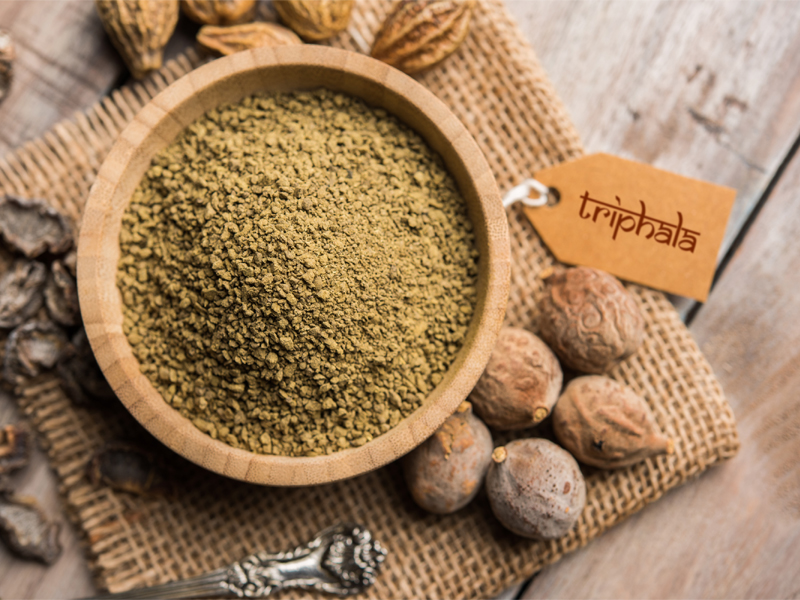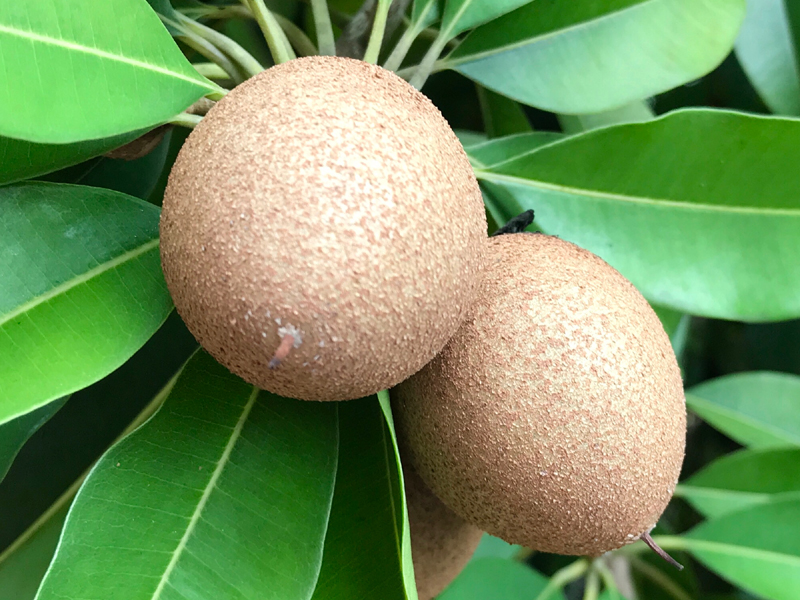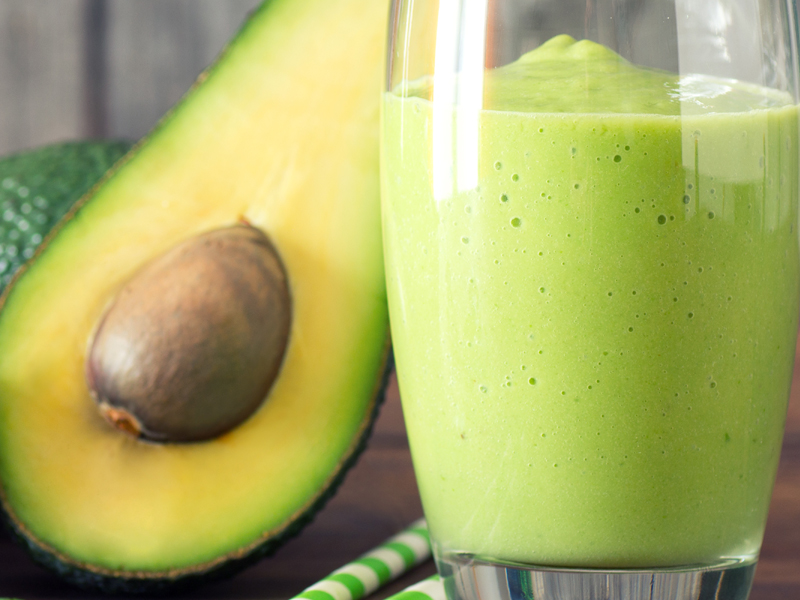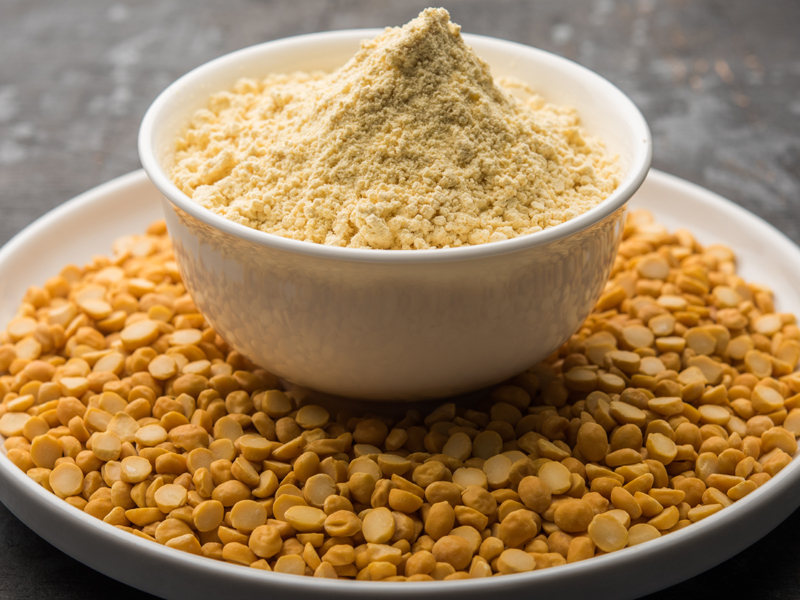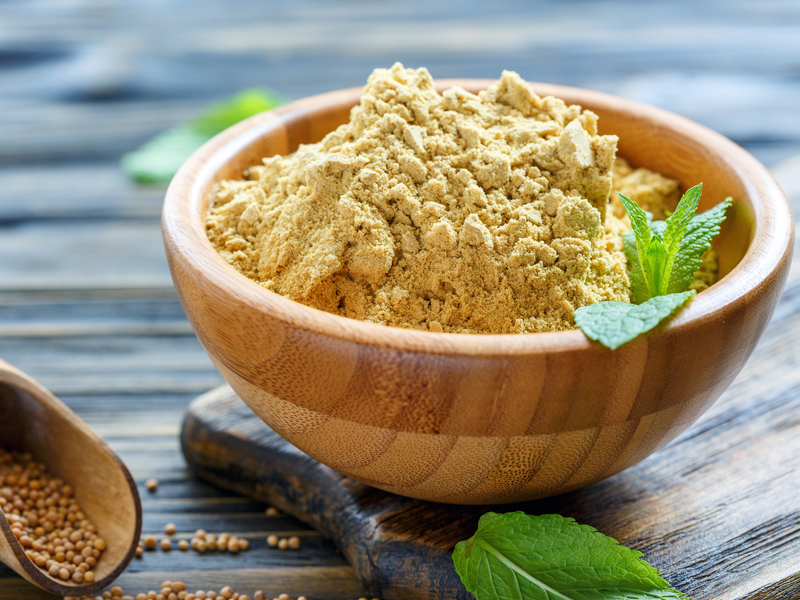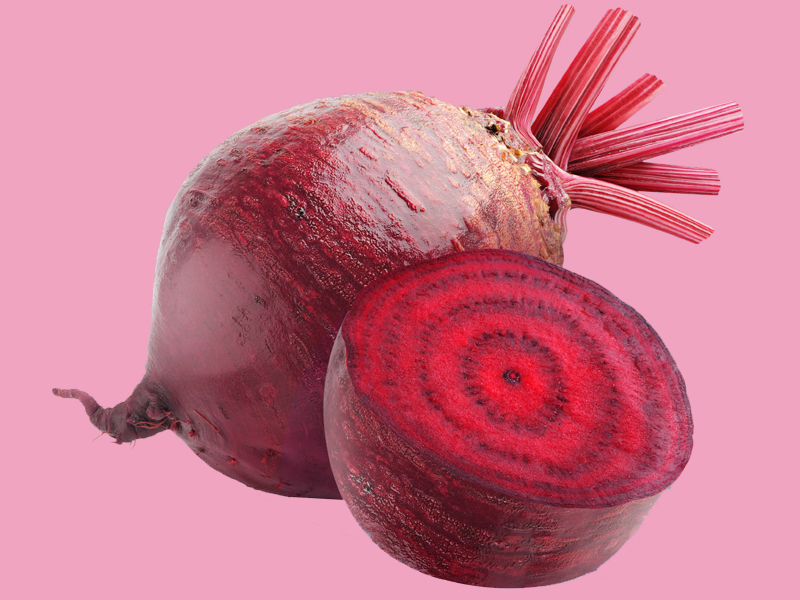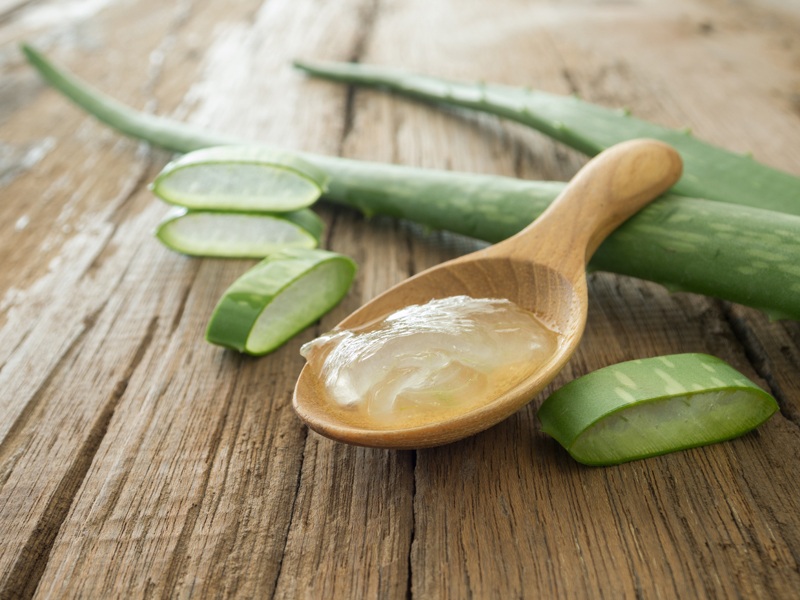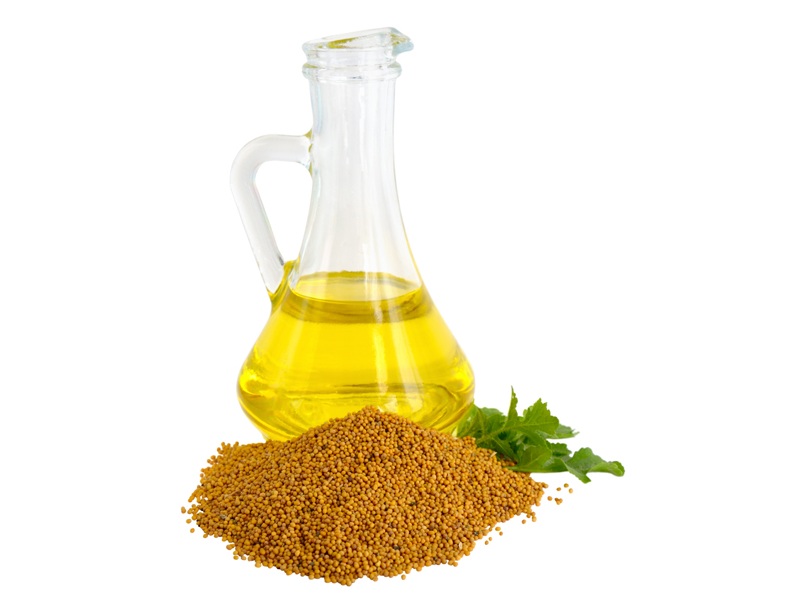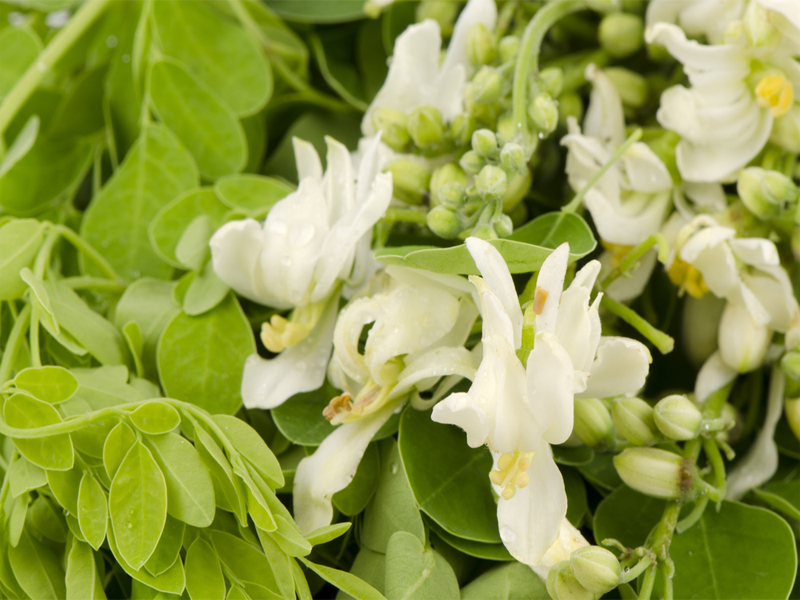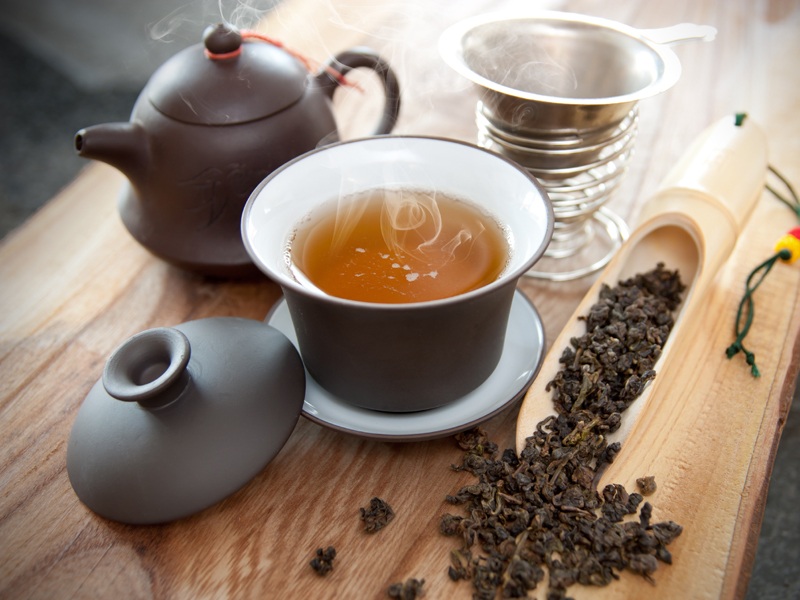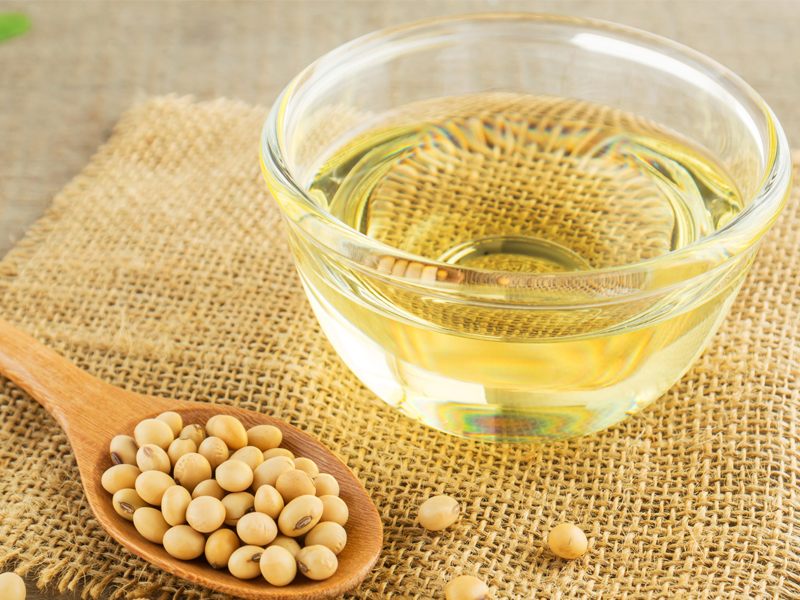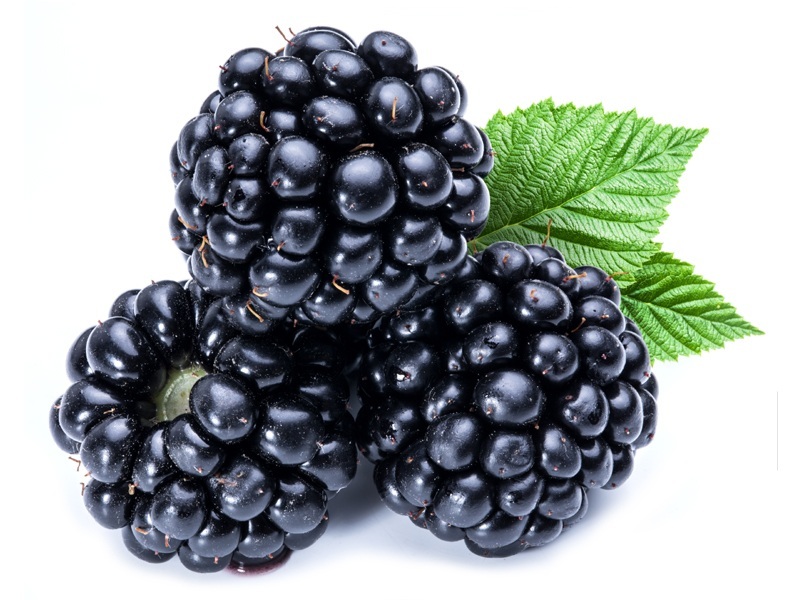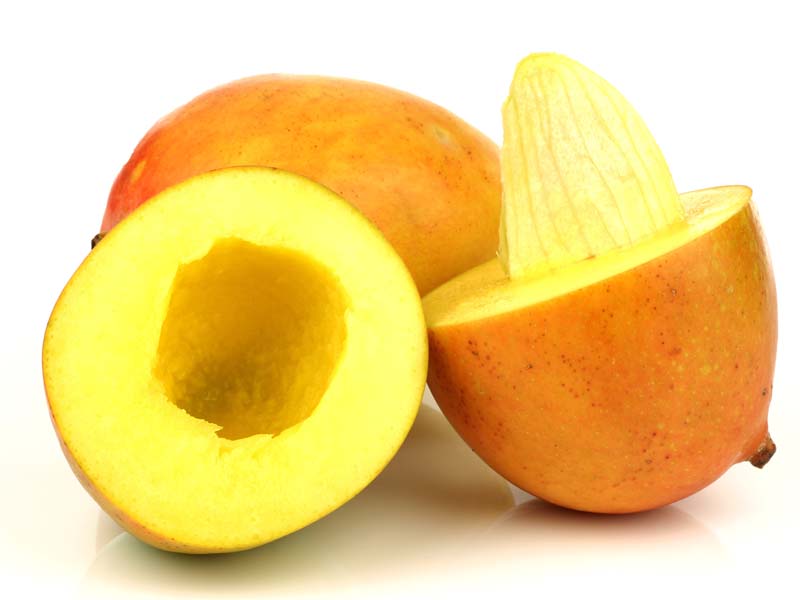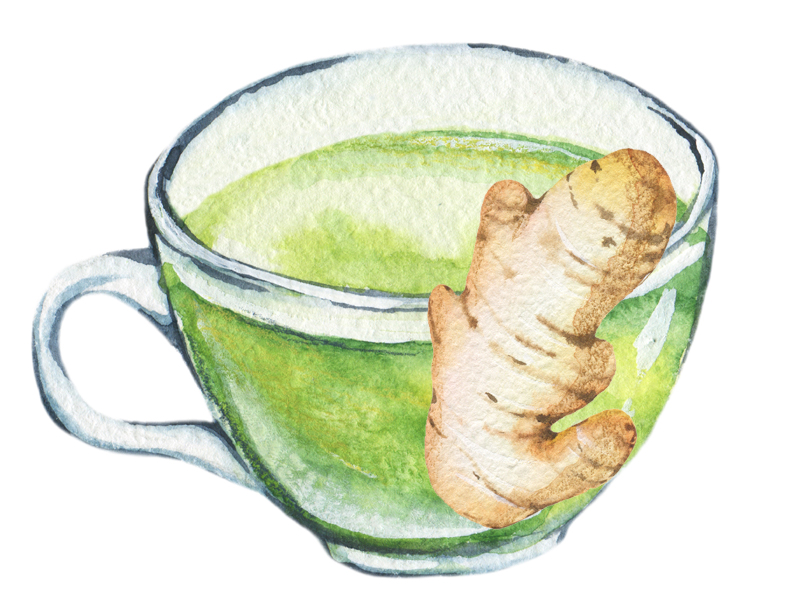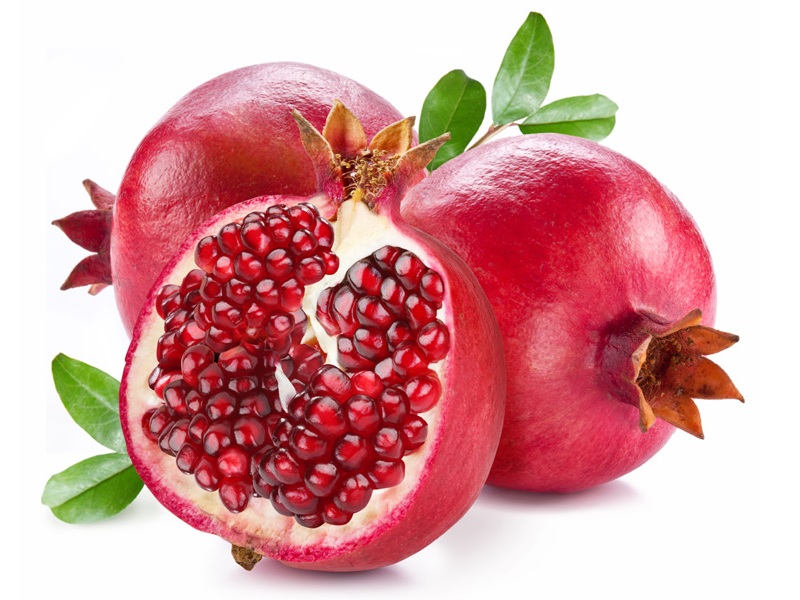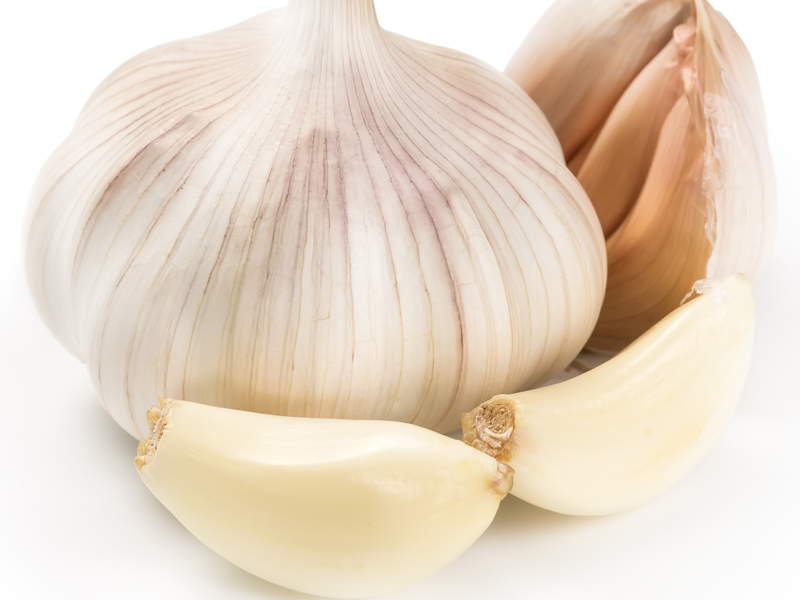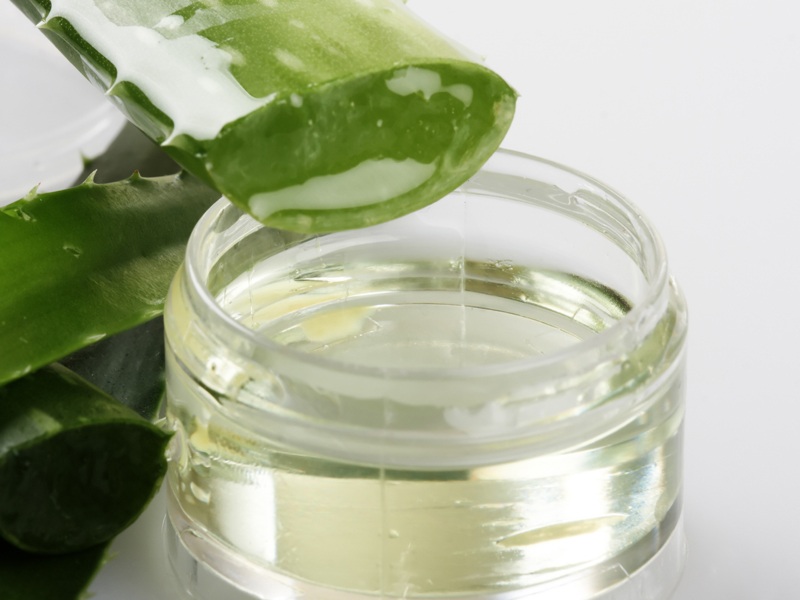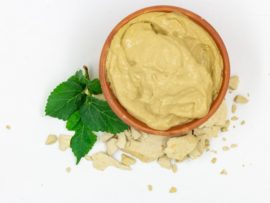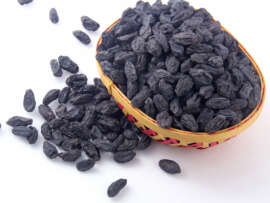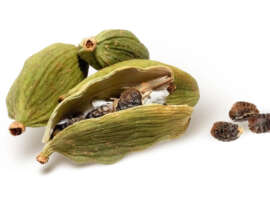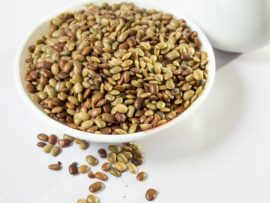Did you know that Jojoba oil bears a close resemblance to the skin sebum? The popularity of this fantastic oil has grown immensely. There are so many brands available in the market that it was overwhelming to identify a reputed brand. Here the awareness of the jojoba oil benefits is slowly catching on.
Jojoba oil with the botanical name Simmondsia Chinensis, scientifically has the smallest molecules, and this is what makes it easy for quick absorption and helps the skin stay well moisturized and remain hydrated. Keep reading to discover the countless ways in which Jojoba is used.
What Is Jojoba Oil?
The jojoba plant is a perennial plant, an indigenous shrub that has its origin in North America. This sturdy plant irrespective of the harsh environment of its origin has countless benefits. This article discusses various ways in which golden jojoba oil benefits can be used.
What Is The Composition Of Jojoba Oil?
The prime chemical constituents of Jojoba are the following: Gadoleic Acid (Eicosenoic Acid), Oleic Acid, Erucic Acid, Palmitic Acid, Stearic Acid, Palmitoleic Acid, Behenic Acid, Vitamin B Complex, and Vitamin E. Gadoleic acid (Eicosenoic acid) is known to possess excellent emollient properties. The oil is rich in vitamins and antioxidants and is a vital ingredient in most beauty products.
Why Does My Skin Need Jojoba?
The advantages of jojoba oil are that it can keep our skin moisturized and well-hydrated, and can also be used for our hair. It not only keeps our skin well-conditioned but also works tremendously well as a cleanser too and aids in removing makeup!
Research-Based Jojoba Oil Benefits For Face, Skin and Hair:
Here are our 20 wonderful benefits of Jojoba oil for the face, skin and hair. Let’s have a look at them.
1. Moisturizes Your Skin:
Jojoba oil benefits for skin works well and is an excellent substitute for lotions and face creams. Being packed with nutrients and vitamins, vital in moisturizing skin and hydrating even the driest of the skins. It has antibacterial and anti-fungal properties that help to reduce acne, greasiness, and flakiness. One of the best benefits of Jojoba oil is that it quickly gets absorbed into the skin and does not leave any residue.
It is a natural cure for eczema, other skin diseases, and infections. It works best on dry and oily skin as well and does not clog pores. It prevents more sebum from being secreted and helps to balance oil production. Jojoba oil can keep skin supple and well moisturized. Jojoba oil being rich in antioxidants helps to reduce fine lines and wrinkles.
How To Use:
- Take a few drops of Jojoba oil.
- Rub your palms and apply it on clean skin.
- Massage the skin and leave it on overnight.
2. Body Oil:
The anti-inflammatory properties help to relieve chapping and chaffing, reduce the redness caused by the drying, and ease the effects of rosacea and eczema. It keeps the skin comfortable and calm. The Vitamin B-complex and E vitamins in the Jojoba oil help in skin repair and damage control. Jojoba oil can be used for body massages as it restores the health of your body and keeps it moisturized and hydrated.
With the harsh weather, we need to get body massages done twice a month. Every time one steps out of the shower, one should apply some oil all over the body, and nothing could be better than jojoba oil. It contains proteins and minerals that will make your skin glow. It is not greasy and can work wonders. You can experience jojoba oil used for the skin at any time of the day to derive its maximum benefit.
How To Use:
- After a bath, apply Jojoba oil all over the body.
- Massage gently on your skin for smooth skin.
3. Foot Cleanser:
Soak feet in warm soapy water; add a few drops of Jojoba oil to begin softening and loosening tough skin. Massage the oil all over the feet and focus, especially on the dry heel area. Jojoba benefits skin cracks because it is naturally anti-fungal, antibacterial, and analgesic.
Jojoba oil is the best oil to use during a pedicure. It helps to prevent cracked heels and makes feet soft, smooth, and looks lovely in appearance. Leave this oil on your foot after the massage, and let it remain for an hour. Wash your feet with cold water after some time and you will be able to notice a visible change within a couple of weeks. The feet will look as beautiful as ever.
How To Use:
- Soak your feet in warm water for 10 minutes.
- Apply Jojoba oil on your feet.
- Wear socks and leave them for an hour to reveal smooth feet.
4. Anti-Wrinkle Remedy:
Jojoba oil works as the perfect moisturizer and an anti-ageing agent that nourishes the skin. It can help slow down the ageing process and help to fade away fine lines and wrinkles. Jojoba oil tends to make the skin supple and stay that way for a long time.
Vitamin E in Jojoba oil naturally delays the ageing process and plumps up the skin and gives it a youthful glow. The jojoba oil anti-ageing benefits help to combat airborne pollution and prevent premature ageing too.
How To Use:
- Take a few drops of Jojoba oil.
- Mix it with a few drops of carrot seed oil.
- Gently massage your skin with this.
- Use it regularly for the best benefits.
5. Scar and Stretch Mark Minimizer:
Jojoba oil is an effective remedy for scar removal. It is helpful in the healing process. Jojoba oil has natural wound-healing properties. This, combined with its vitamin E content, helps to minimize the appearance of scars. The scars could be related to pregnancy, weight gain, weight loss, etc.
Jojoba oil works wonders on stretch marks too. It can be used on wounds to speed up the healing process, and it reduces scars. Jojoba oil is helpful in heat rashes, sunburns, and minor skin irritations apart from fading the scars away(1).
How To Use:
- Apply Jojoba Oil to the affected areas.
- Massage the oil using circular movements until the oil gets absorbed.
- Let it remain overnight.
- Apply this every day for the best benefits.
6. Fights Acne:
Studies show jojoba oil benefits for oily skin and are beneficial in treating acne. Acne occurs due to the overproduction of sebum or clogged pores. Jojoba oil is deeply hydrating and is lighter in comparison to other face oils and gets easily absorbed into the skin. It deeply nourishes, soothes, and softens while providing an excellent moisturizing effect and adding a healthy glow. Jojoba oil is beneficial when it comes to removing blemishes, pimples, and breakouts.
With extended use, it will reduce the pore size and get rid of excess oil that accumulates on the skin, causing acne and other skin problems. So if you want a solution to acne, use jojoba oil daily. Jojoba oil, when topically applied to the skin, plays a vital role in triggering the skin cells to produce just the right amount. This creates the right balance. When used as a facial mask, it is effective in healing skin lesions as well as mild acne. In more severe cases, it alleviates symptoms by decreasing inflammation.
How To Use:
- Dip a cotton bud into Jojoba oil and apply it directly on spots.
- Avoid over usage of oil as it can aggravate acne.
- Mixing a drop of tea tree oil can bring down the acne quickly.
7. Cleanses Your Face:
Oil removes the dirt and grime in our face without stripping it of the natural lipids. Using jojoba oil for cleansing will help clean your skin naturally and gently. The theory is that as it dissolves the dirty sebum from the skin, it will replace it with clean sebum. One of the best benefits of jojoba oil for the face is as a makeup remover.
All you need to do is apply a few drops of jojoba oil all over your face with cotton. You may also apply this to your lips. This will help in removing traces of makeup instantly. Jojoba oil can effectively remove foundation, eyeliner, and mascara within a matter of minutes. However, do not be too harsh around the eye area as this tends to be very sensitive.
How To Use:
- Take a cotton pad and dip in Jojoba oil.
- Gently rub all over the face.
- Cleanse the face with this as a mild cleanser.
8. Benefits Of Jojoba Oil For Lips:
Jojoba oil is extremely beneficial for lip care because it is rich in fatty acids and is full of oleic, lignoceric, and gondoic acids. All these together provide immense hydration for the skin. When applied regularly, they can heal dry and chapped lips. Jojoba oil is ideal for the skin, as seen above, and provides lip care.
The extract of this oil is present in various skin or lip care products. The high content of vitamin B and E are beneficial for your skin, hair, and whole body, as well as for lips. It acts as a moisturizer for the lips and is used in various lip balms.
How To Use:
- Exfoliate your lips with a scrub or sugar crystals.
- Massage the lips with a few drops of Jojoba oil.
- Leave it on for softer, fuller lips.
9. Acts As An Anti-Inflammatory:
Jojoba oil, as an anti-inflammatory has healing and anti-inflammatory properties. Topical applications may help to relieve dryness, itching, flaking, and related symptoms.
People who have inflammatory skin issues like psoriasis may find jojoba oil especially beneficial. The antibacterial property of jojoba oil helps to fight against or prevent the bacterial effect. The swelling of the skin and other inflammatory skin problems can be reduced by it. Redness and minor inflammation of the skin mainly come with an injury and get repaired with Jojoba oil. Minimize sunburns, scars, and stretch marks with regular usage.
How To Use:
- In a bowl, mix a few drops of Jojoba oil and aloe vera gel.
- Apply this on the affected area for instant relief from scars, redness, and burns.
10. Jojoba Oil For Glowing Skin:
This oil keeps your face looking fresh by removing excess greasiness. It also prevents the face from getting dry and keeps the skin moisturized with its hydrating properties.
How To Use:
- Dip a cotton ball in Jojoba oil.
- Apply this gently all over the face.
- It does not clog skin pores.
- Regular usage improves skin care health.
11. Jojoba Oil For Breast Enhancement:
The Jojoba oil has similar properties of sebum on the skin. Jojoba oil for breast enhancement serves well. Further, it has vital nutrients like vitamins E and B complex vitamins and omega 9 fatty acids that are a boon for breast enhancement. When the oil is massaged in, it firms the breasts giving it a firmer feel and induces slight growth.
How To Use:
- Take a sufficient quantity of oil in your hands.
- Apply on the desired area and massage it.
- Routinely do this until there is an improvement in the results.
See More: Jojoba Oil for Skin
12. Benefits Of Jojoba Oil For Nails:
The benefits of jojoba oil for nails aid in improving the strength of nail beds and boosting healthy nail growth. Jojoba oil has natural anti-fungal and antioxidant properties that make it ideal for treating nail fungus such as athlete’s foot.
How To Use:
- Take some oil in your hands.
- Apply this oil to the area around the nails.
- Apply on the cuticles.
- Massage in until the oil is thoroughly absorbed.
13. Relieves Psoriasis:
Psoriasis is a condition caused by a buildup of dead cells on the skin and results in infection-causing dry and itchy patches. Jojoba oil moisturizes and soothes these conditions without causing further irritation. Jojoba oil massage benefits the formation of a protective layer on the affected skin along with its anti-inflammatory properties(2).
How To Use:
- Apply Jojoba oil on the skin gently.
- Massage in until the oil is thoroughly absorbed.
- The application of this oil regularly can reduce flare-ups.
14. Prevents Razor Burn:
Applying Jojoba oil on the skin soothes the surface of the skin and the hair follicles. It ensures there are no harsh razor burns, rashes, or bumps after shaving. A few drops of jojoba oil rubbed into the skin surface provide a smooth shave daily. Rub Jojoba oil into the skin before shaving as it is excellent for eliminating razor burns and helps moisturize and soften the area one wants to shave.
How To Use:
- Cleanse the area to be shaved.
- Use regular cleanser.
- Apply diluted Jojoba Oil on the area to be shaved.
- Allow the oil to soak in.
- Jojoba oil will soften the skin and allow the razor to glide.
- Apply shaving cream once done.
Jojoba Oil Benefits For Hair:
Here are our 6 best jojoba oil benefits for hair. Let’s have a look at them.
15. Cleanses Your Scalp:
As a scalp cleanser, the jojoba oil helps to dissolve sebum deposits and aims to remove the buildup created by hair products. It leaves the pores clean, allowing the nutrients to seep in and feed hair follicles, thus promoting hair growth and reducing hair fall.
Jojoba oil prevents hair breakage too. Its anti-inflammatory and anti-bacterial properties keep the hair looking healthy and beautiful throughout the year. Use this amazing jojoba oil and reap the benefits of jojoba oil for skin and hair within a couple of weeks of using this oil.
How To Apply:
- Mix a few drops of Jojoba oil into a mild shampoo.
- Wet your hair and work the shampoo all over the scalp with your fingers.
- Rinse hair with lukewarm water leaving your hair and scalp healthy and clean.
16. Makes Your Hair Shiny:
The natural, unrefined jojoba oil is the best kind to be used on hair as it does not have any chemical ingredients. It is ideal to use on dull, damaged, and dry hair. It is beneficial for those with dandruff and dry scalp issues. The jojoba carrier oil benefits hair and keeps it shiny and soft. It seals in the natural moisture in the hair shafts that adds to the hair’s glossiness.
Jojoba oil is the ultimate solution for dry, dull, and frizzy hair. It will undoubtedly transform the health and appearance of hair within a month.
How To Apply:
- Heat a bowl containing a few drops of Jojoba oil.
- Dip a cotton ball into the oil.
- Apply it on the scalp.
- Massage the scalp until the oil is thoroughly absorbed.
- Let it remain for 30 minutes and wash your hair with a mild shampoo.
17. Makes Your Hair Grow:
Jojoba oil can be a tremendous and excellent addition to your routine hair care regimen. The oil is beneficial in treating dandruff and dry scalp issues. It is also rich in minerals as well as vitamins that nourish hair over time. This oil is full of countless benefits and it takes care of most of your hair problems.
Not only does it give the hair a well-conditioned look, but it makes you feel the beauty of your hair with time. Regular usage of Jojoba oil can look after the hair on a long-term basis(3).
How To Apply:
- Take 2 tablespoons of Jojoba oil and mix it with 10 drops of Rosemary oil.
- Warm the oil mixture.
- Dip a cotton pad and apply it to your scalp.
- Massage gently and let it sit for 20 minutes.
- Repeat the treatment two times a week for best results.
18. As A Natural Conditioner:
Jojoba oil by itself has an oily composition, so it can be used as a moisturizer and added to hair conditioners to offer the extra protection the hair needs against dryness, split ends, and breakage. Jojoba oil moisturizes the scalp and may be used as a dandruff remedy too. Jojoba oil works amazingly well as a conditioner. The proteins and minerals present in this oil protect the hair from damage and act as a natural conditioner. The jojoba benefits in the oil restoring shine and beauty, and even keeping hair protected during the hottest summer months.
All you need to do is apply some jojoba oil and leave it on the hair for five whole minutes. Do this when your hair is wet. You will surely note a change within a couple of weeks. This will keep your hair well-hydrated and healthy throughout the summer months.
How To Apply:
- Take a few drops of Jojoba Oil.
- Apply it on your hair from root to tip.
- Let it sit on your hair for a few minutes.
- Since the oil is light, you can use it as a leave-in conditioner.
19. Jojoba Oil For Oily Scalp:
Jojoba oils work great to treat scalp acne. Massage jojoba oil into the scalp and let it remain for 10-20 minutes before shampooing your hair. Jojoba oil maintains the balance of sebum production and can eliminate oily scalp hair problems.
When massaged into the scalp, it balances the level of sebum on dry, as well as oily scalps. Jojoba oil helps to manage the sebum circulation in the blocked pores and reduces several scalp issues and bad hair days.
How To Apply:
- Take a few drops of Jojoba oil.
- Apply it on the scalp.
- Let it sit on the hair for a few minutes.
- Wash hair with a mild shampoo.
20. Jojoba Oil For Dry Scalp:
If you suffer from dry, flaky, and itchy scalp during the winter months, apply Jojoba oil to the affected areas and massage it well. For treating scalp acne, massage jojoba oil into the scalp and leave it in for 10-20 minutes, then shampoo. The advantages of jojoba oil are that it helps to balance sebum production in the scalp and eliminates oily scalp issues. Dandruff is well known to those with dry scalp, and severe itching accompanies it. Jojoba oil works as an excellent moisturizer and works well on dry scalp.
It not only moisturizes deep within the scalp but helps maintain the pH balance of the dry scalp. These particular effects of the dry scalp can cause bacterial infection, and these get negated by the anti-bacterial quality of Jojoba oil. You can see a quick improvement in hair health and scalp quality. Routine oiling of hair with jojoba oil strengthens hair roots and prevents hair loss caused by dandruff(4).
How To Apply:
- Take a few drops of Jojoba oil and mix it with carrier oils like almond or coconut oil.
- Heat the oil.
- Dip a cotton ball with oil and apply it to the scalp.
- Massage the scalp and allow the oil to soak.
- Wash off with a mild shampoo.
How To Choose Quality Jojoba Oil?
There are three types of Jojoba oils in the market:
1. Refined/Unrefined Jojoba Oil:
This is one of the most important qualities to consider while purchasing jojoba oil. One must check if it is labelled refined or organic. Refined products may have chemicals in them and can be harmful or carcinogenic. Organic jojoba oil would be a better choice as it contains safe, natural elements.
2. Cold Pressed Jojoba Oil:
In this, the method of extraction plays a vital role in the quality of the oil. Heat is used to extract the oil, and this destroys the nutrients and diminishes the fragrance. Cold-pressed Jojoba has all-natural healing compounds along with a mild nutty scent.
3. Pure 100% Jojoba Oil:
Look for an authentic organic jojoba oil without any additives. This way, it ensures that you can use it for many purposes as a carrier oil, add it to your conditioner or shampoo, and as a moisturizer.
If you are looking for ways to calm and relax your mind from the daily stressors and busy schedules, then Jojoba oil works best for you. The oil can be used by itself or as a carrier oil. What makes it unique is its uncanny resemblance to the sebum produced by skin glands.
Regular uses of jojoba oil on the face help you end up with a silky texture and a glow to your face. The added benefit of this oil is that it suits all skin types! We hope this article has given you an insight into the usage of Jojoba oil and do share with us how it suited you.


